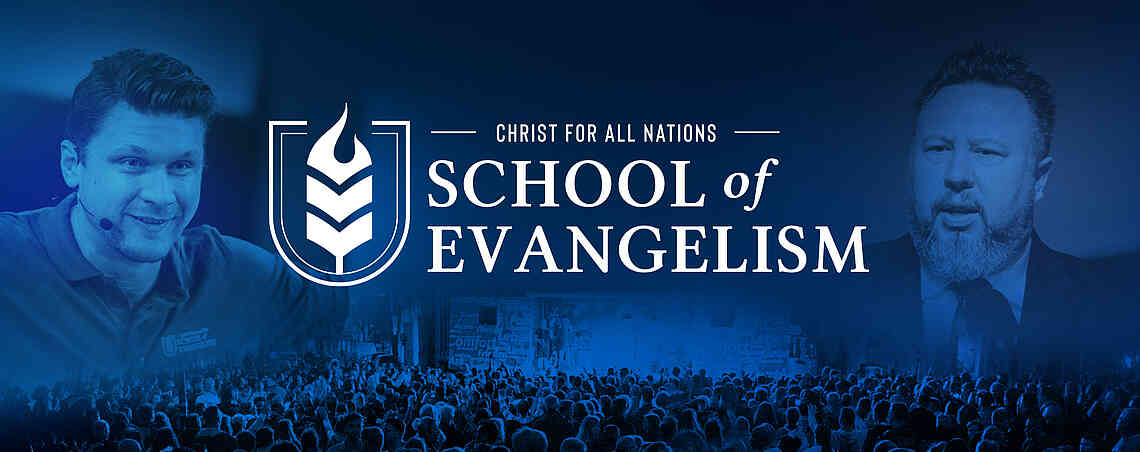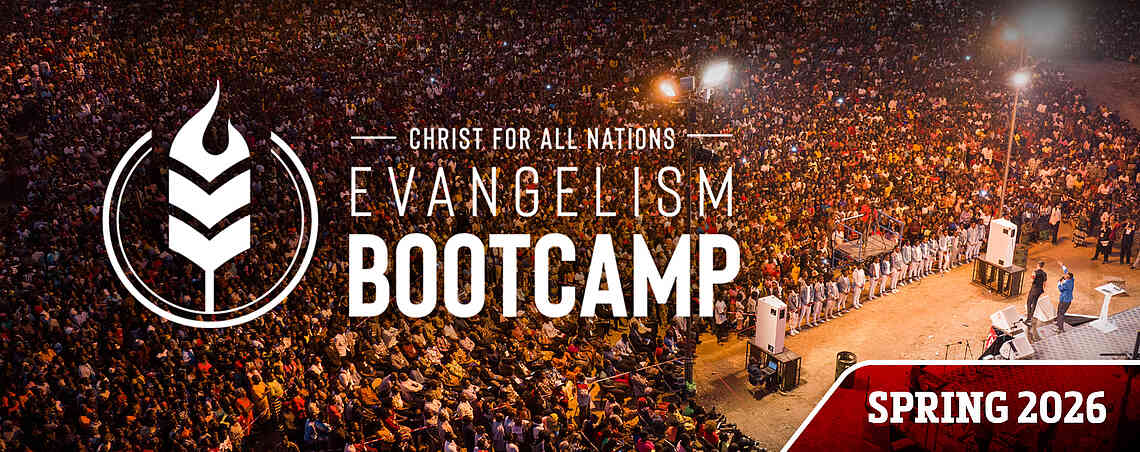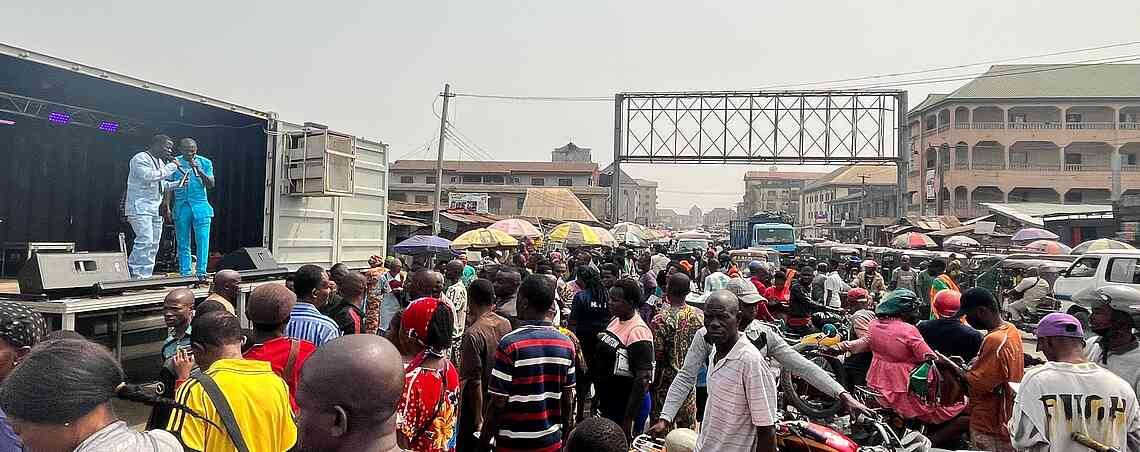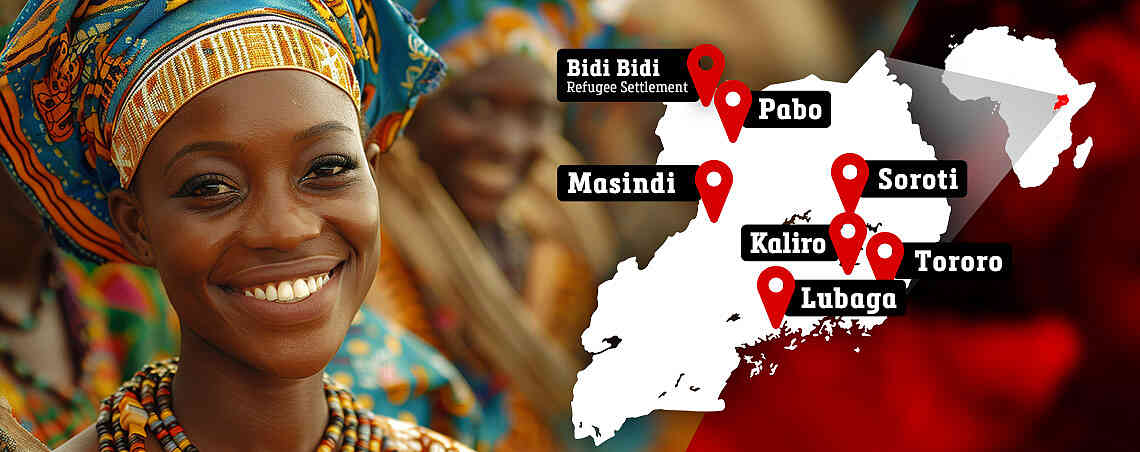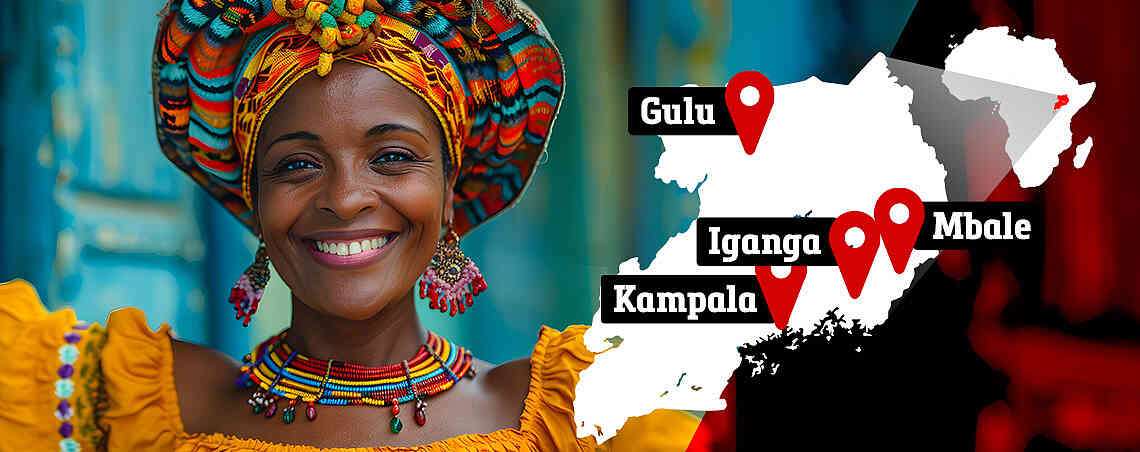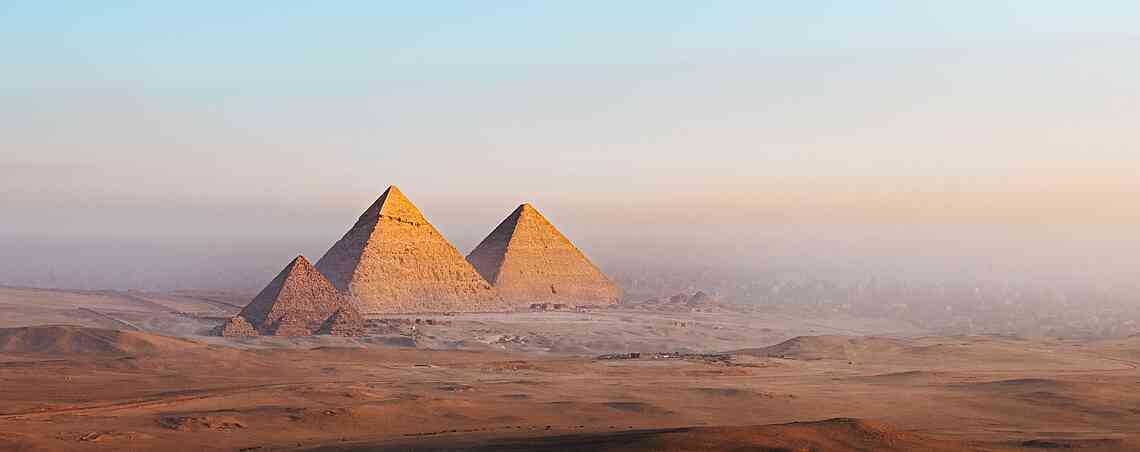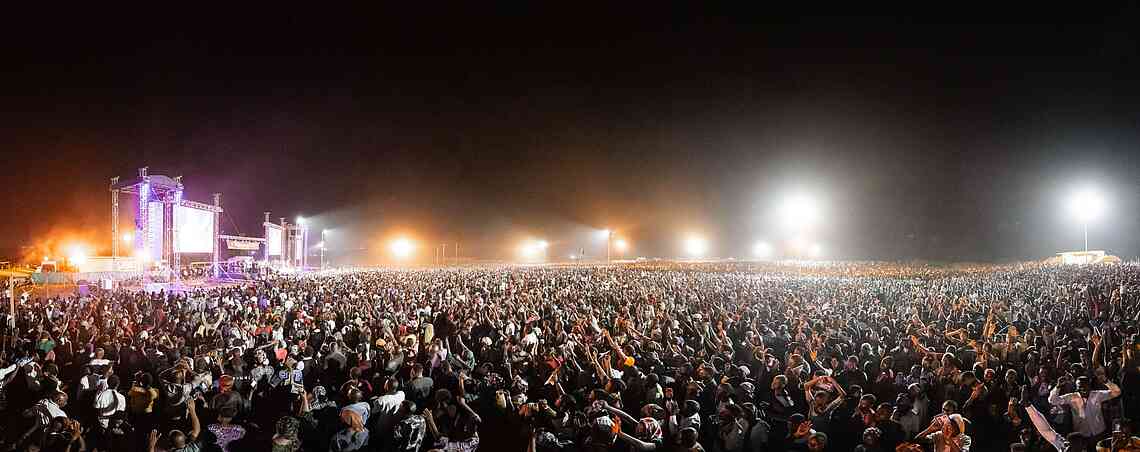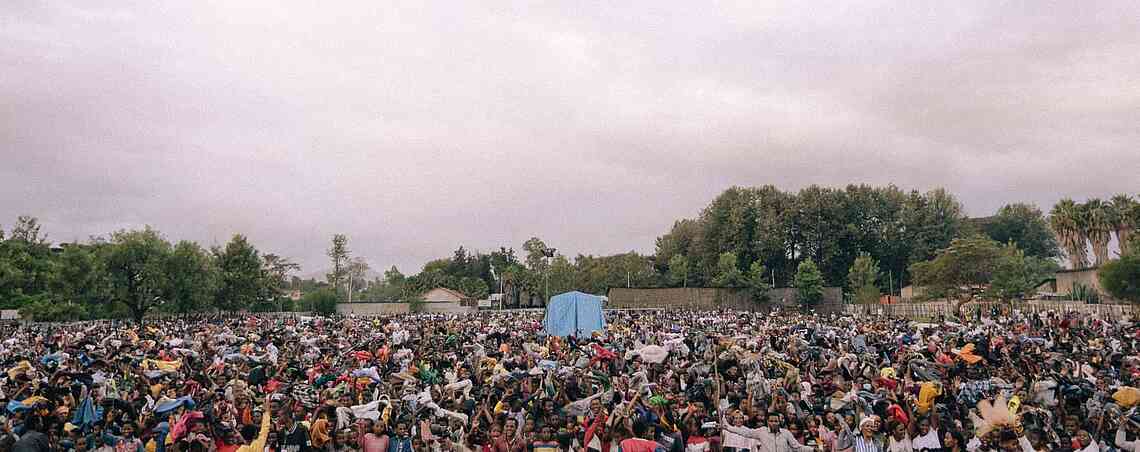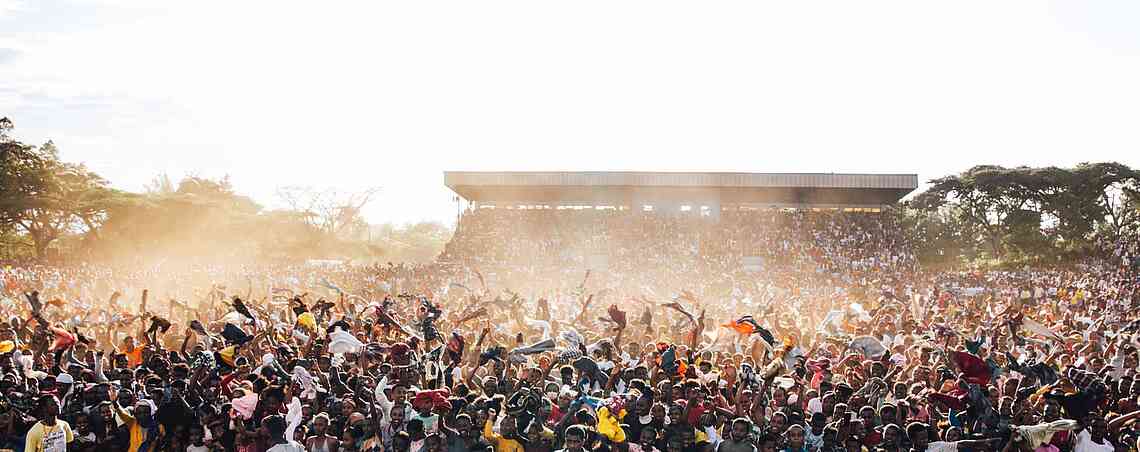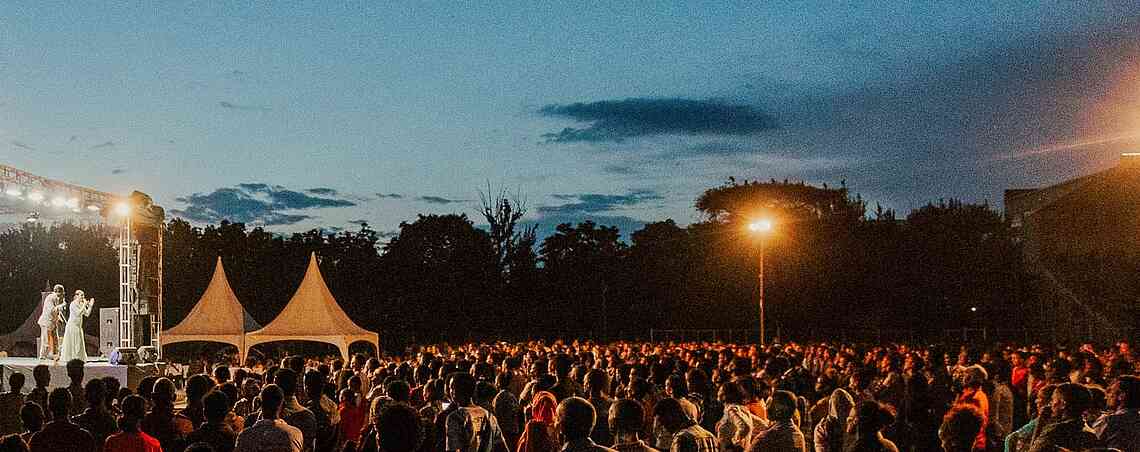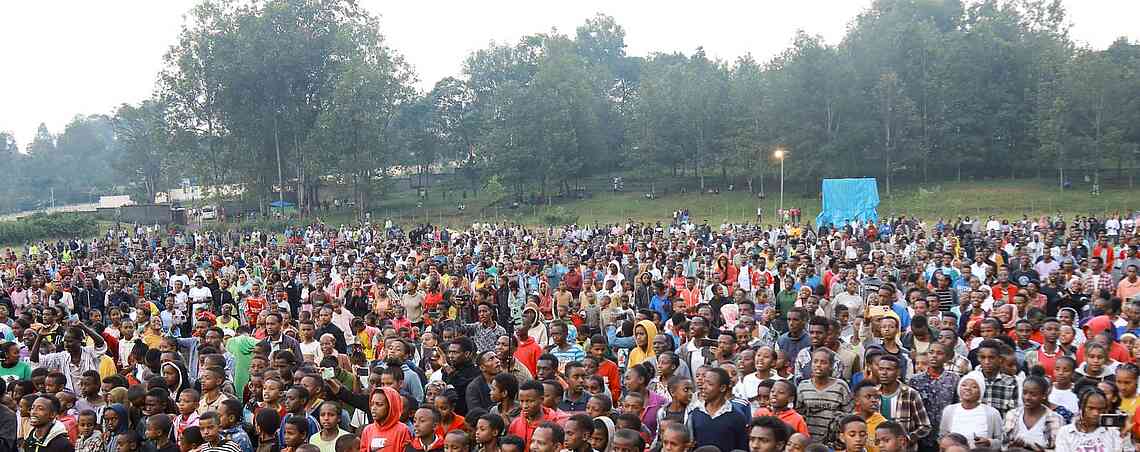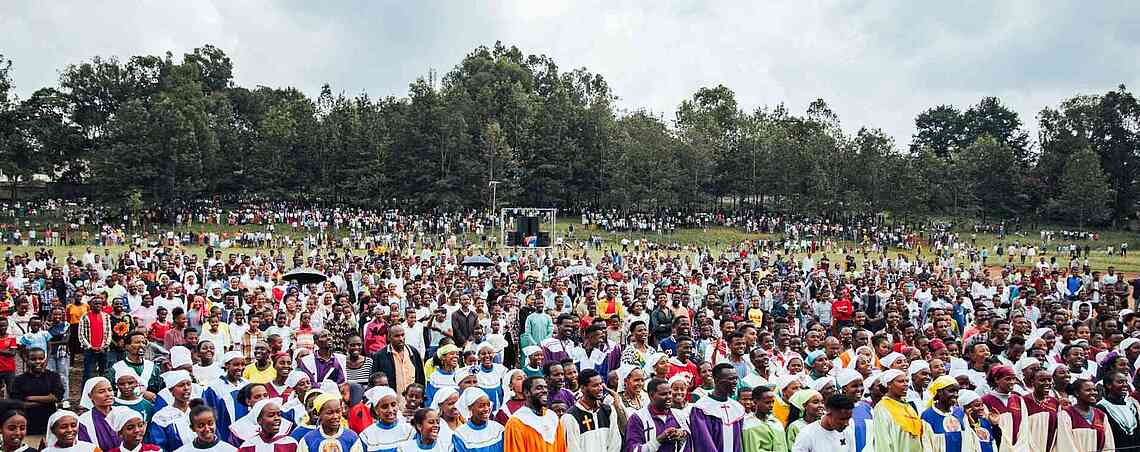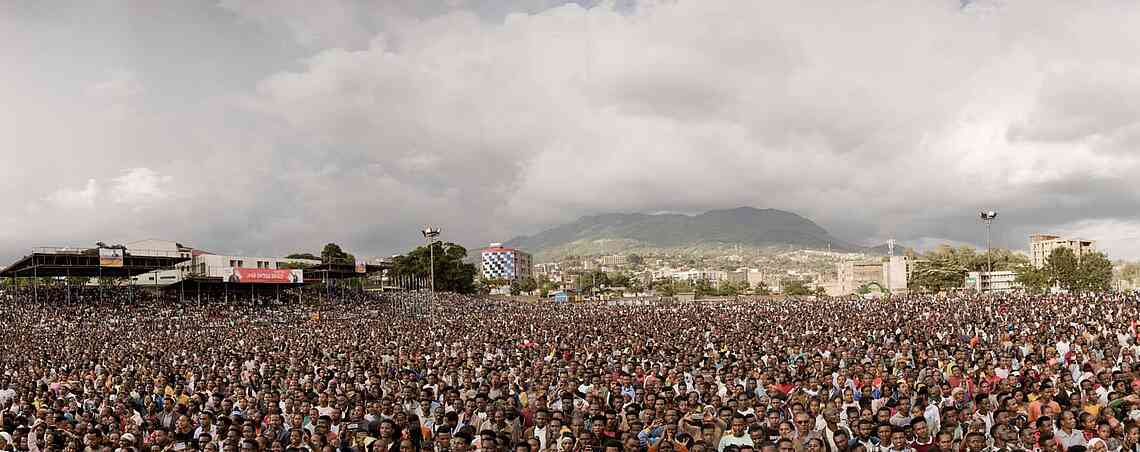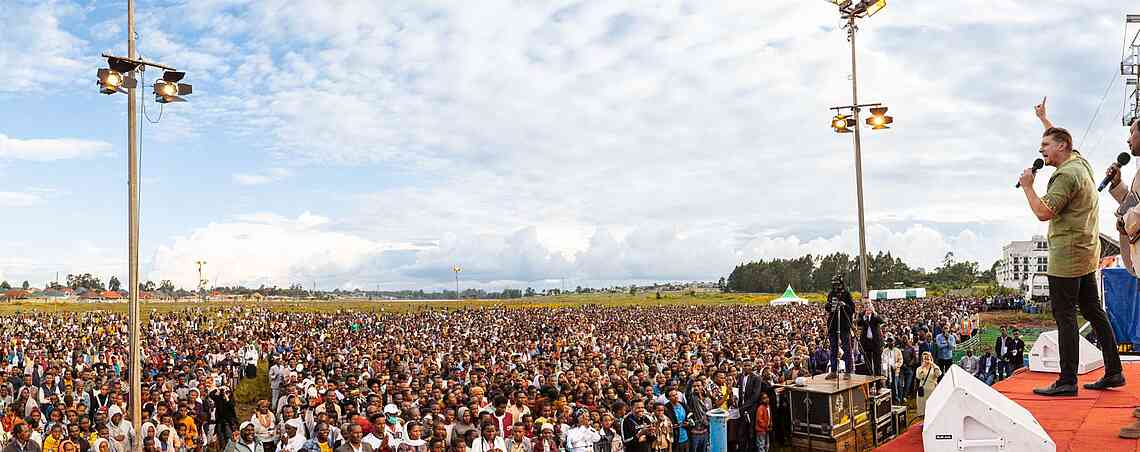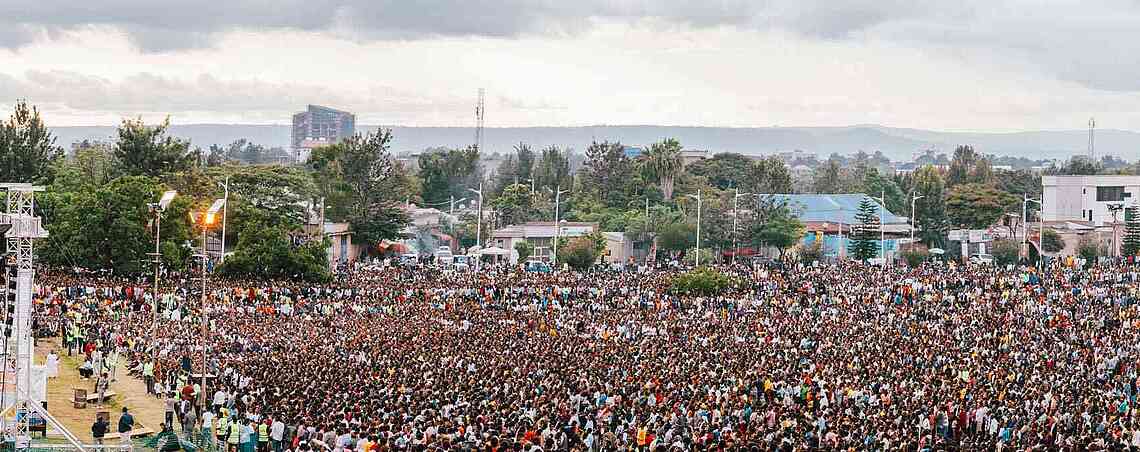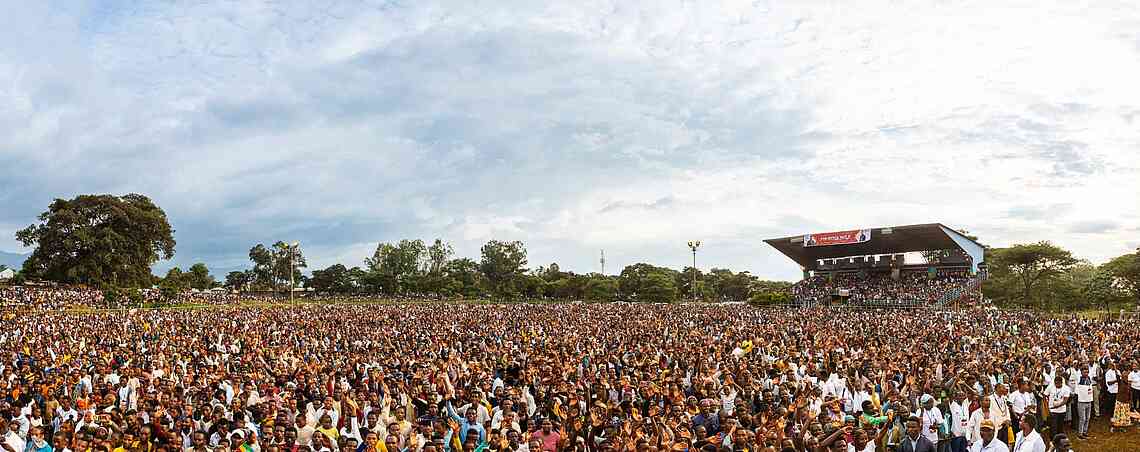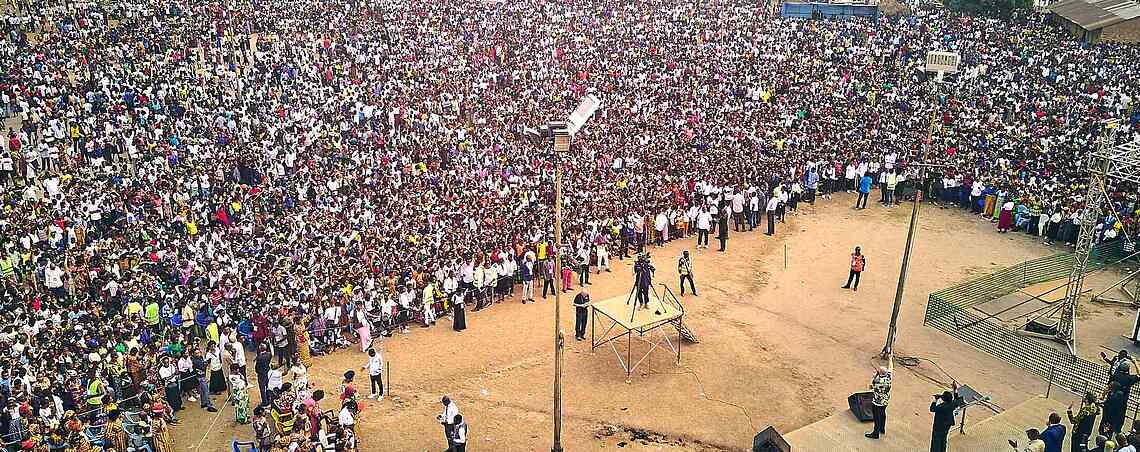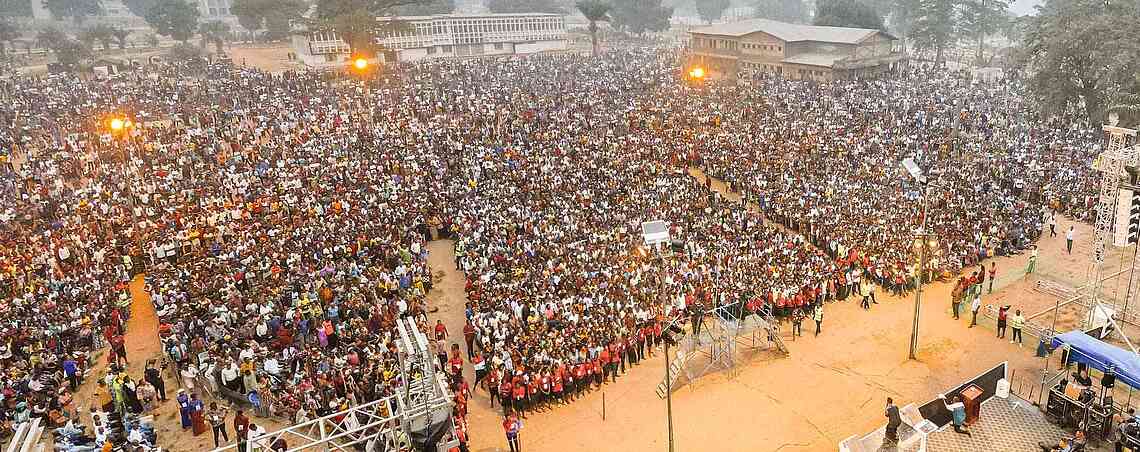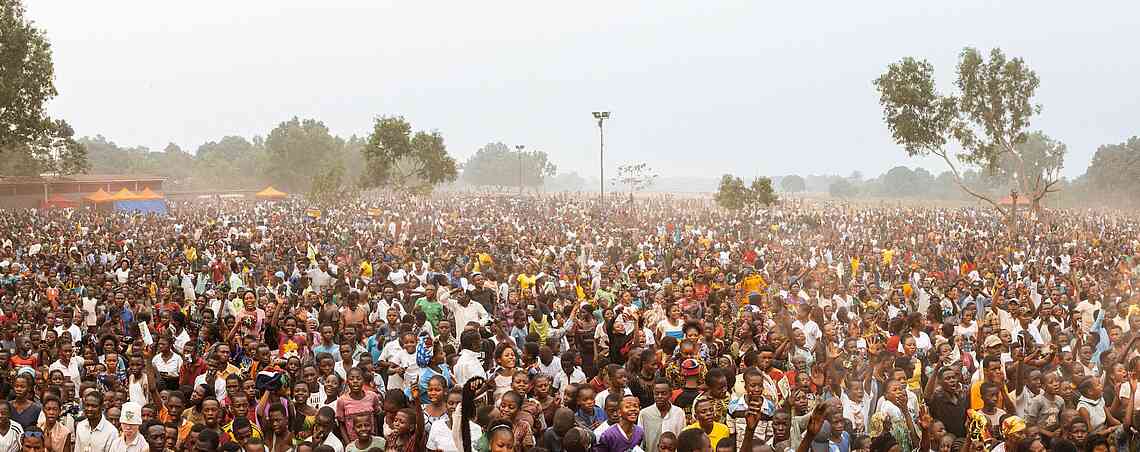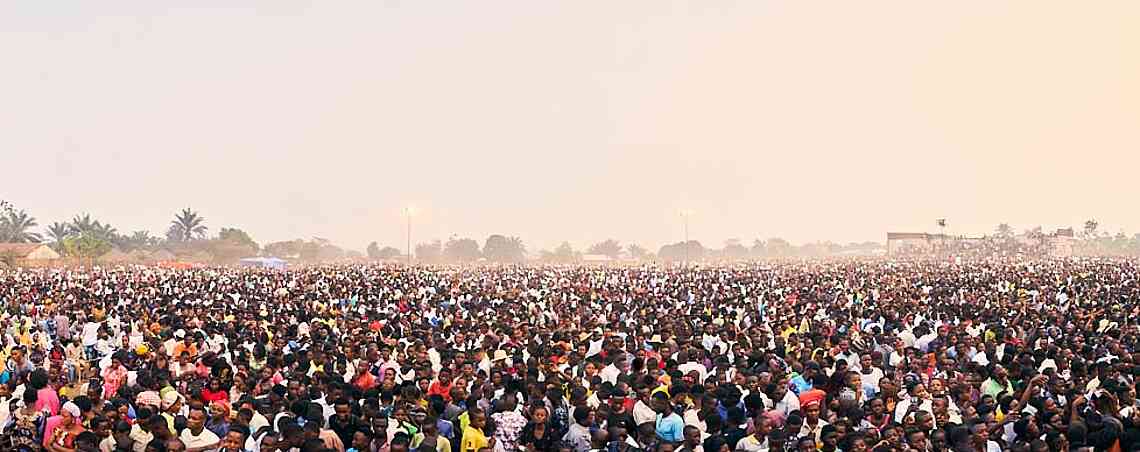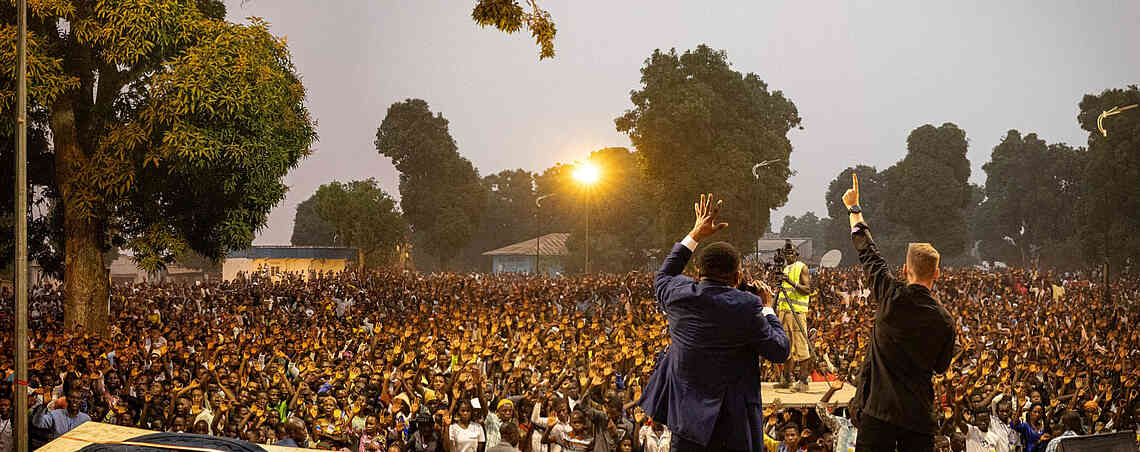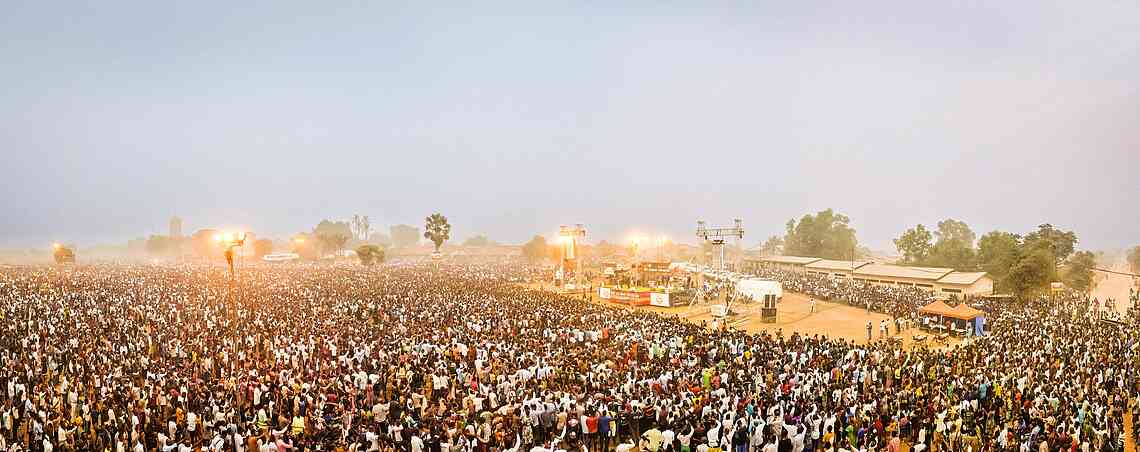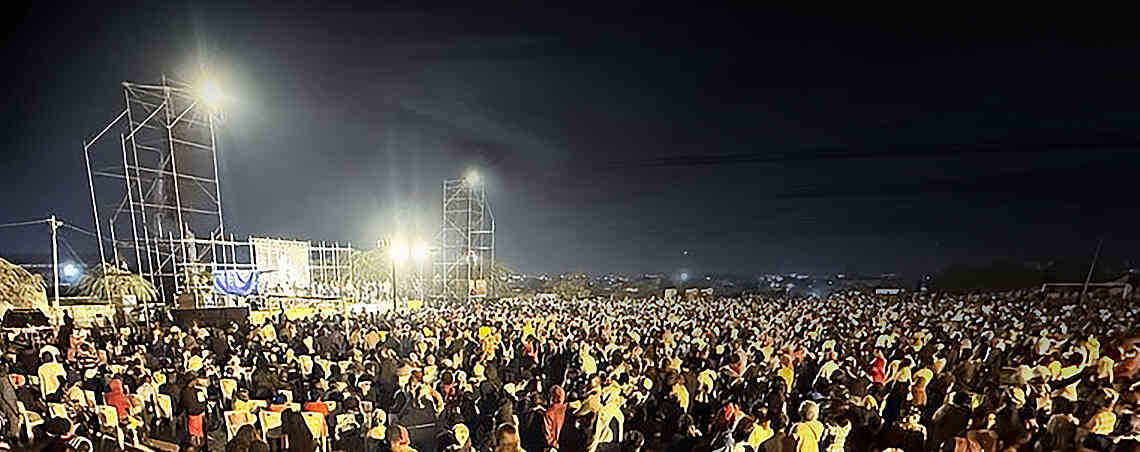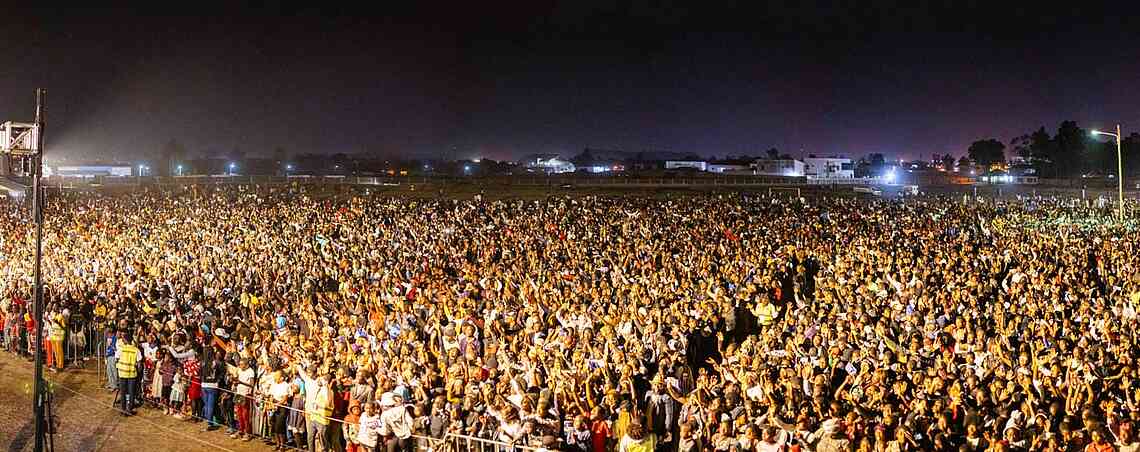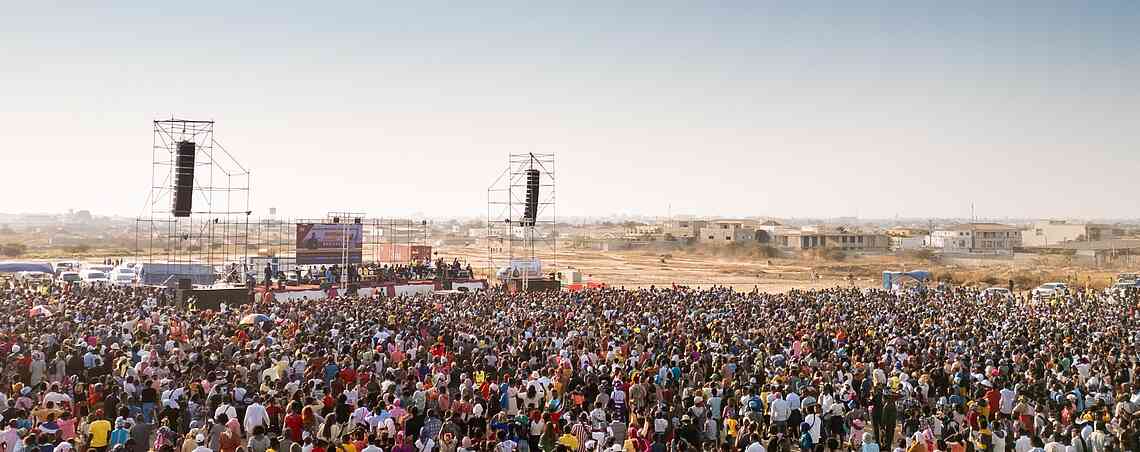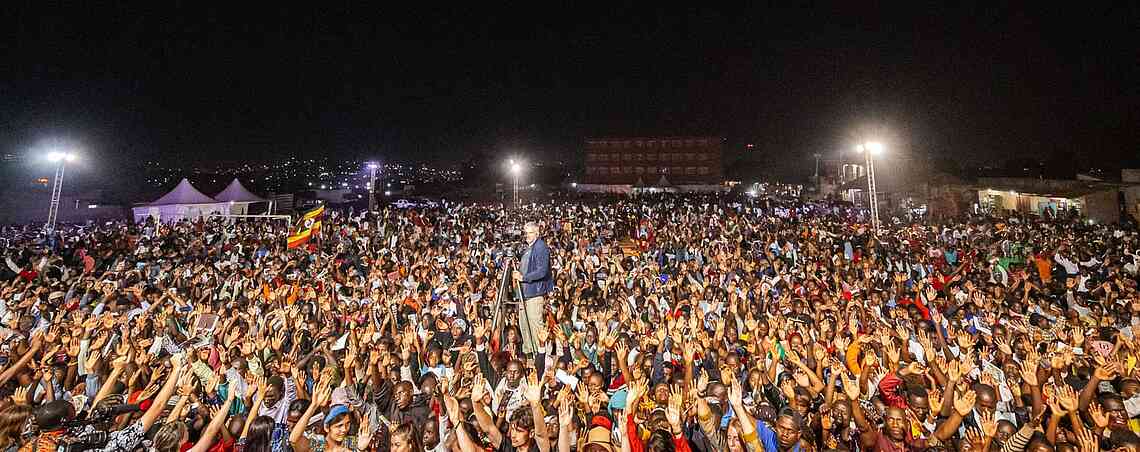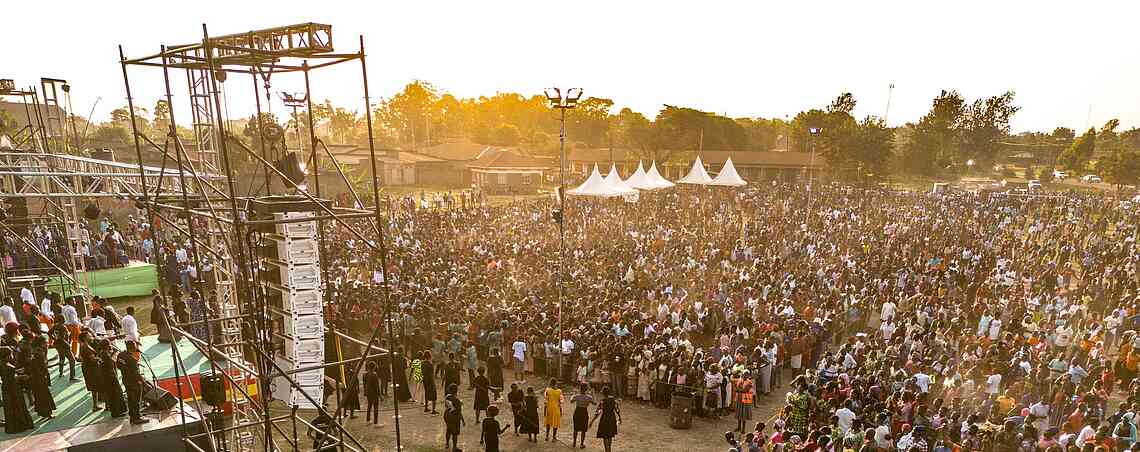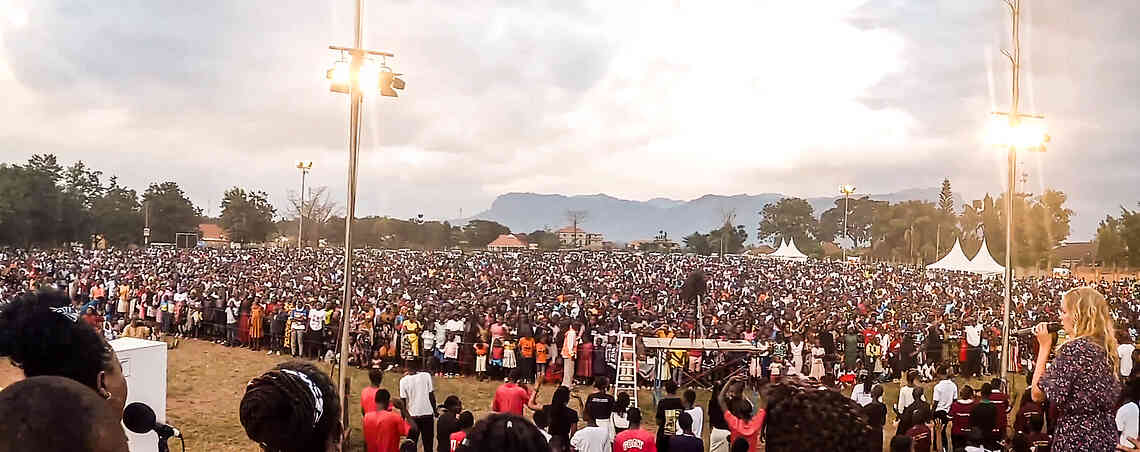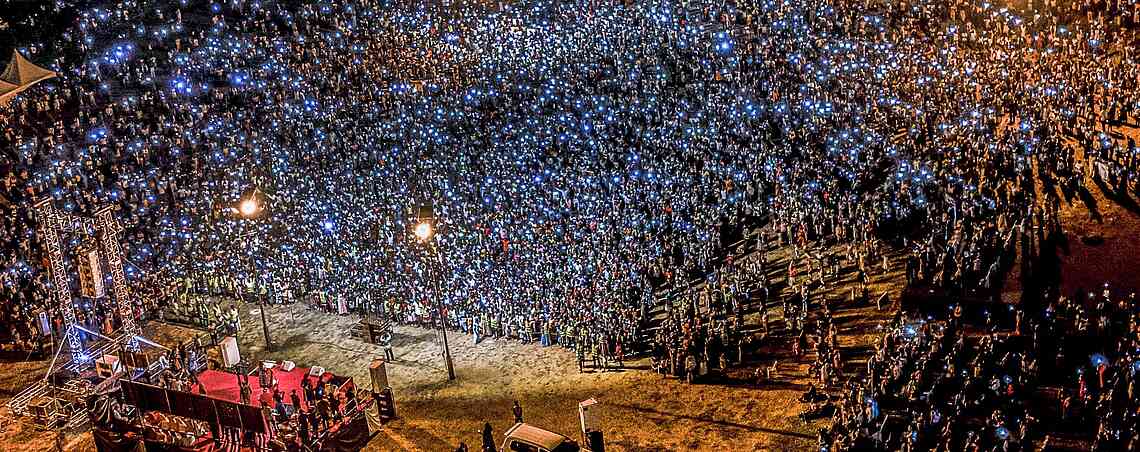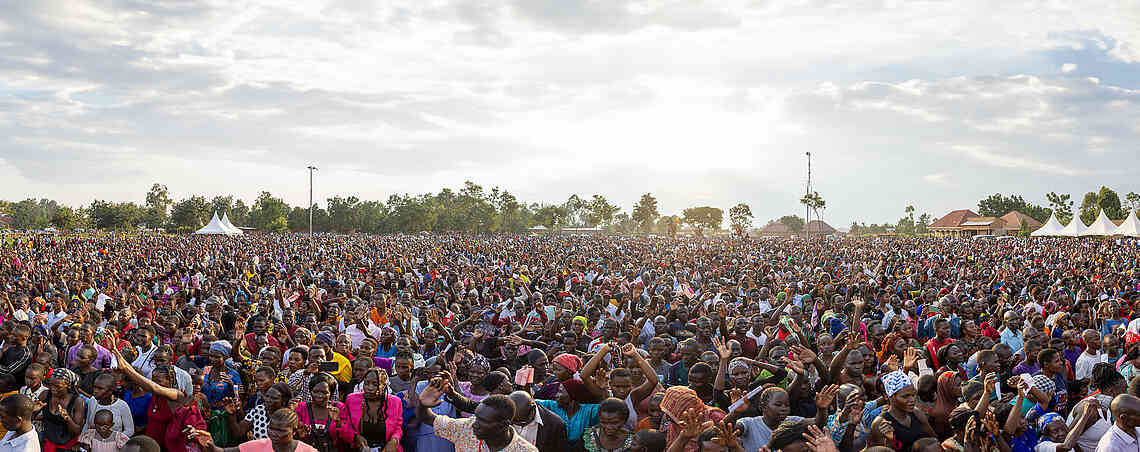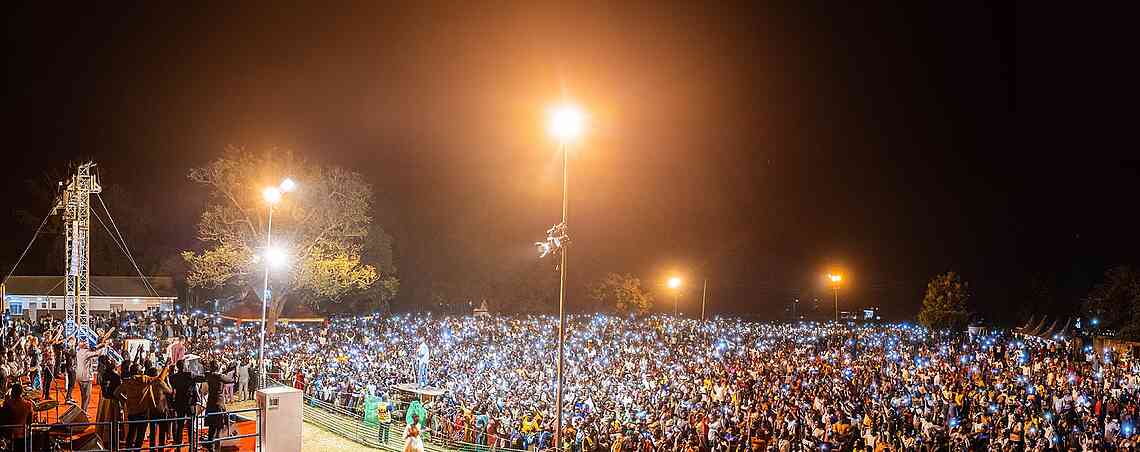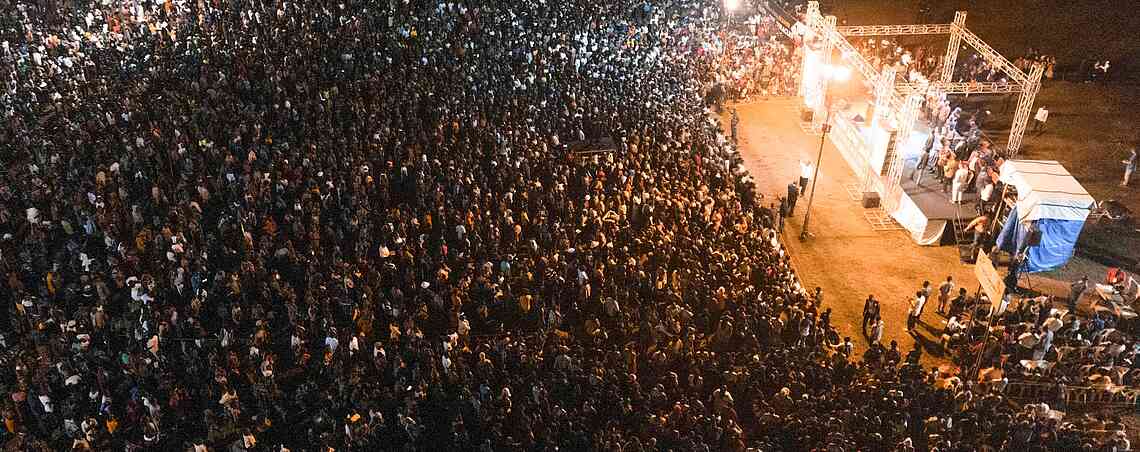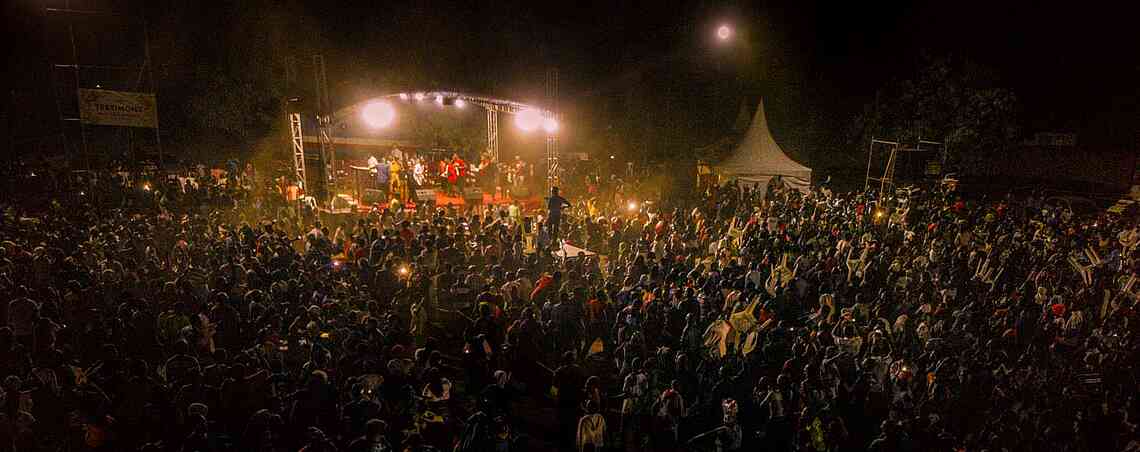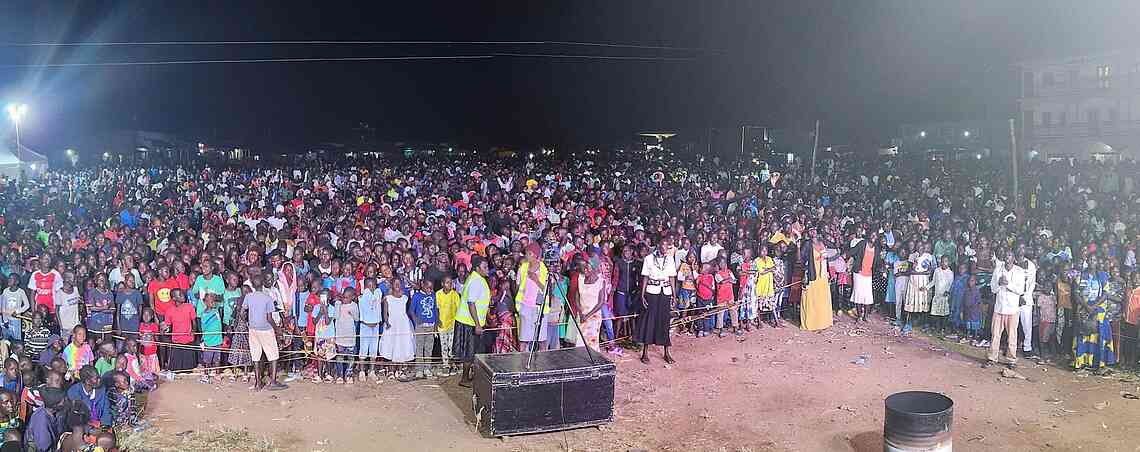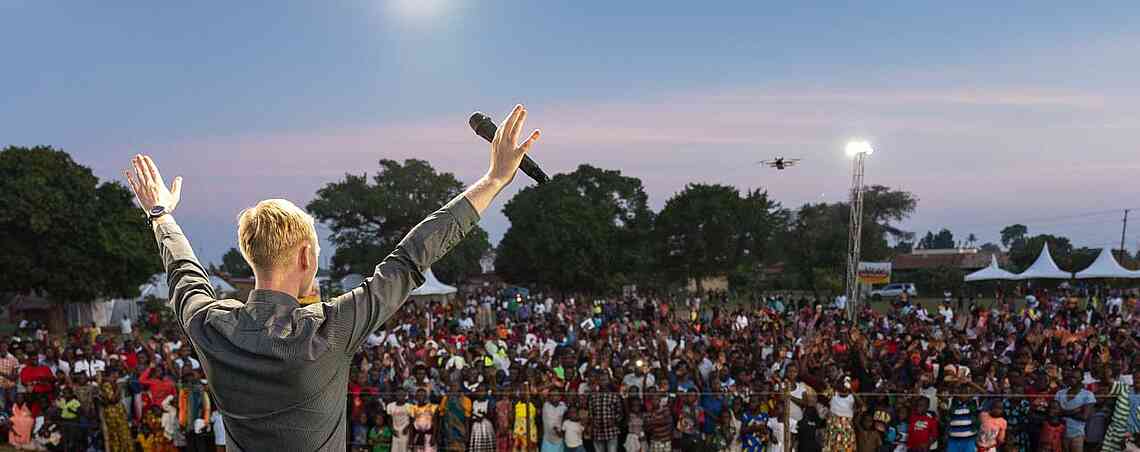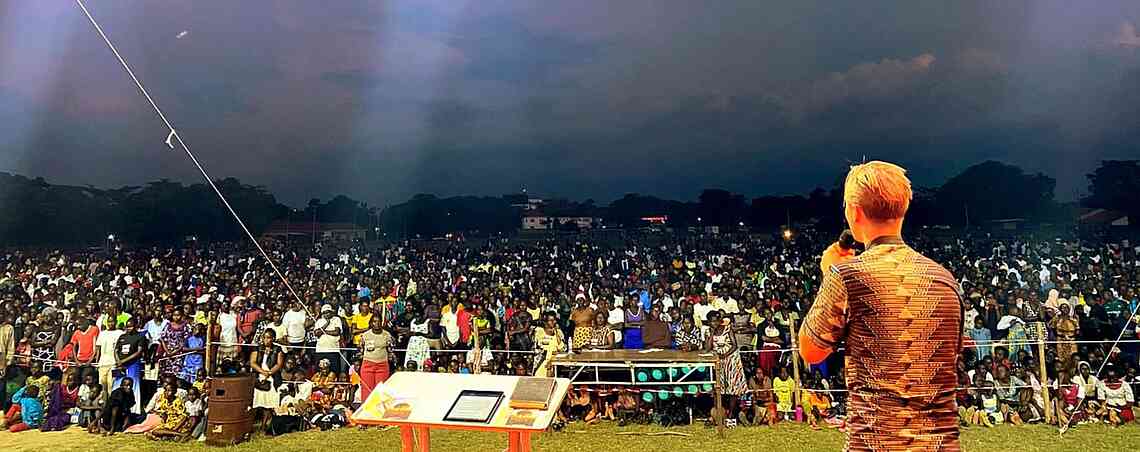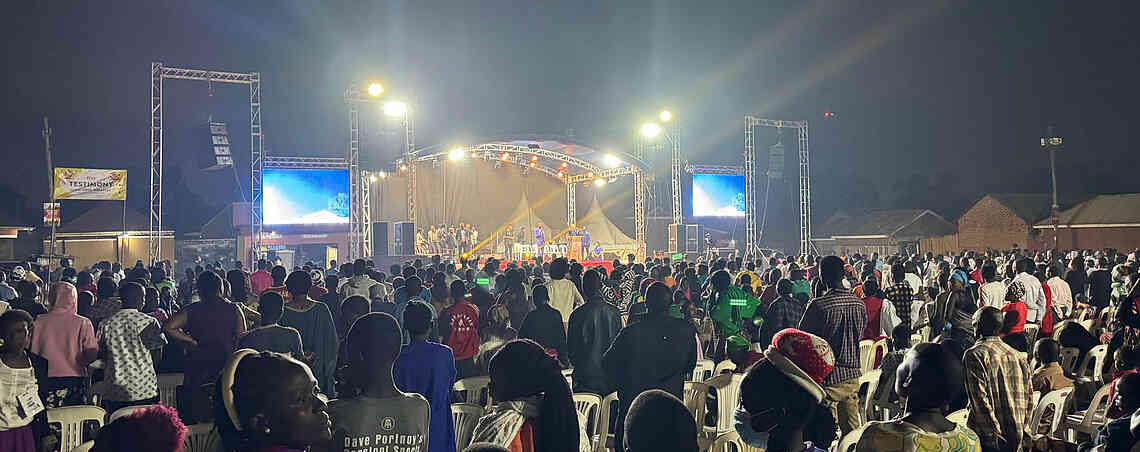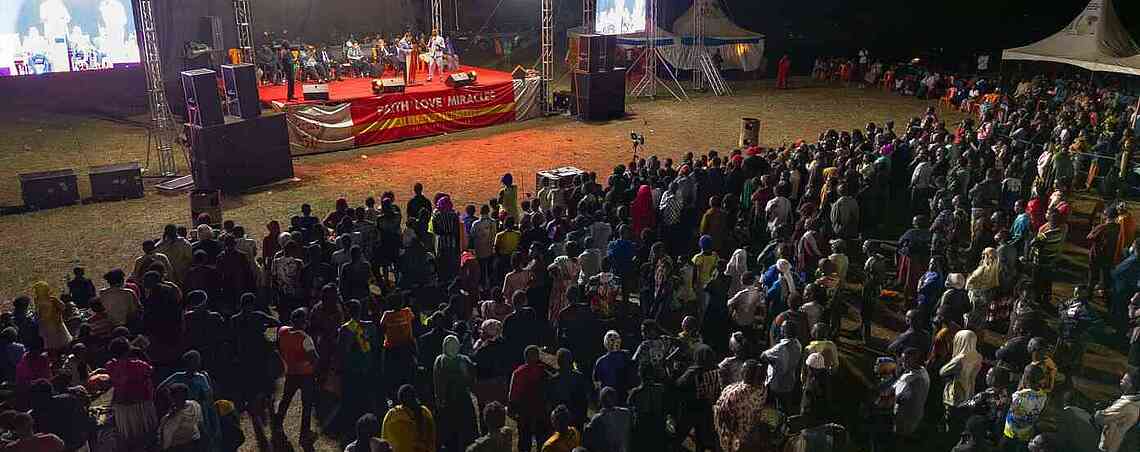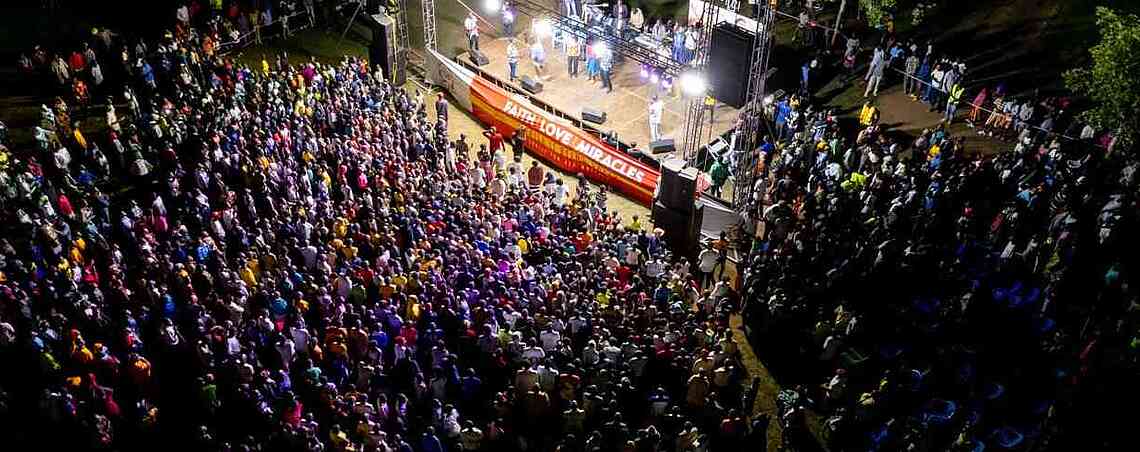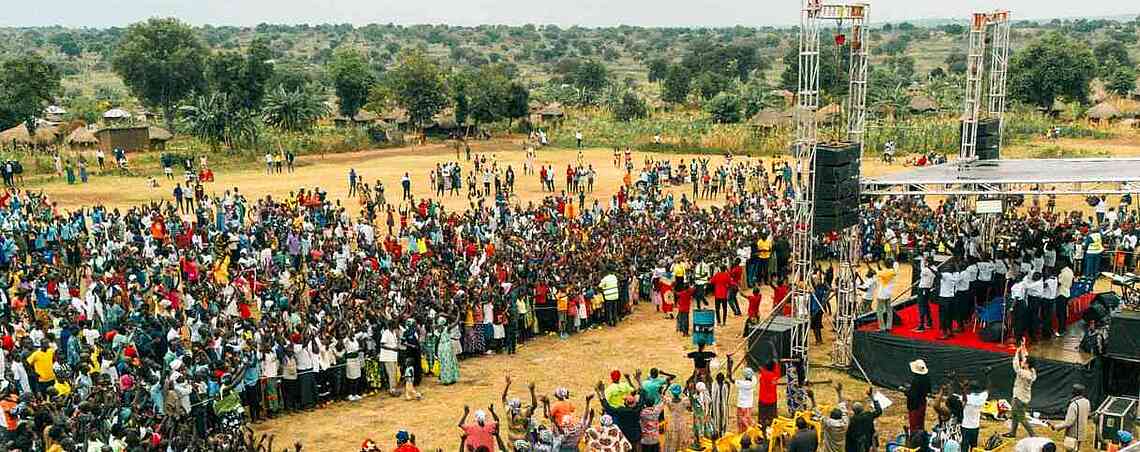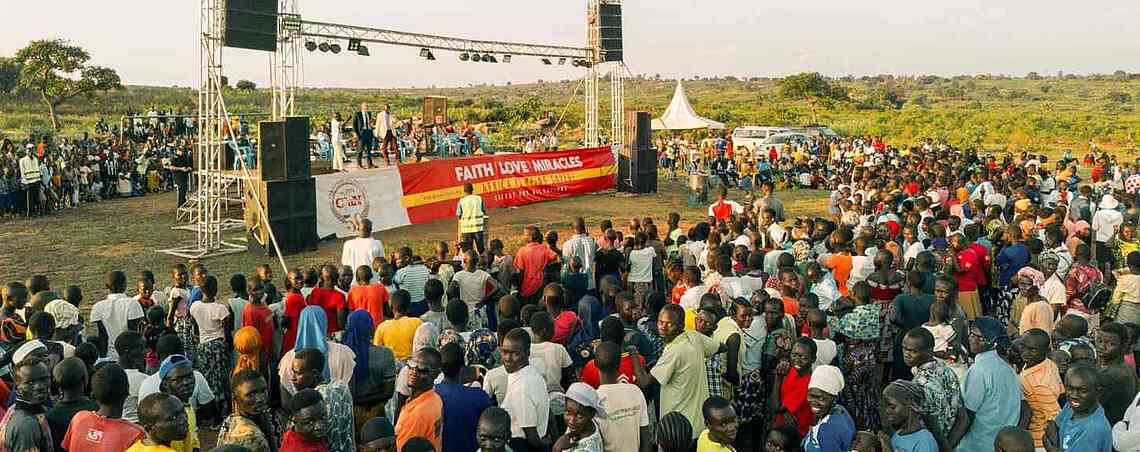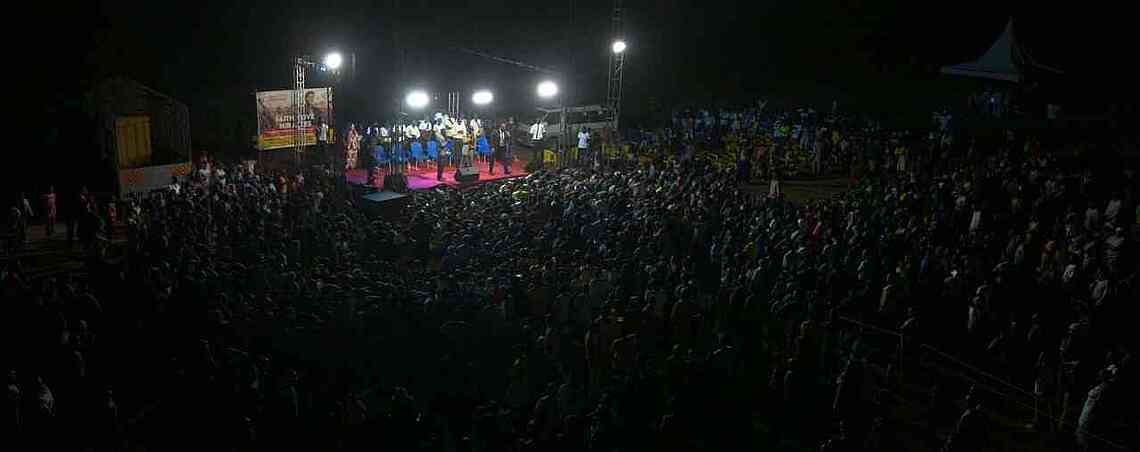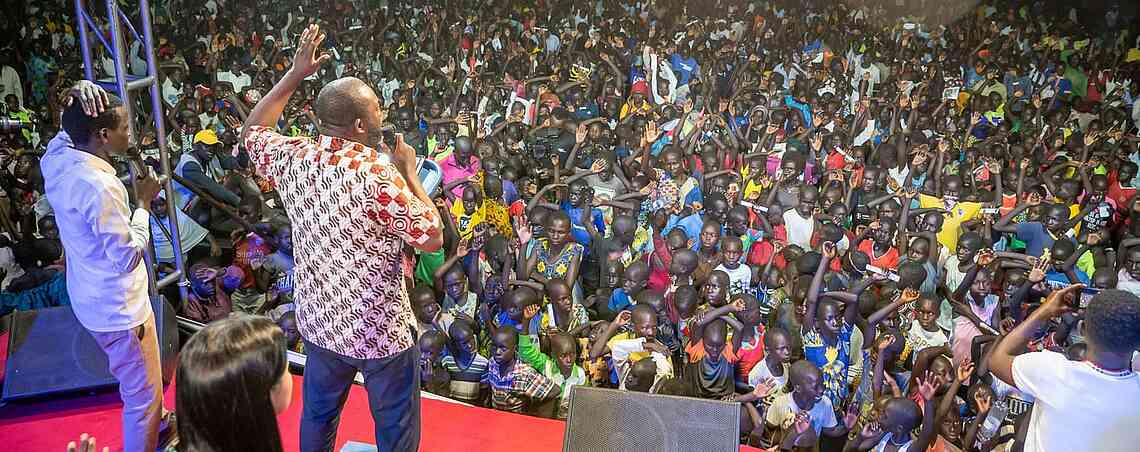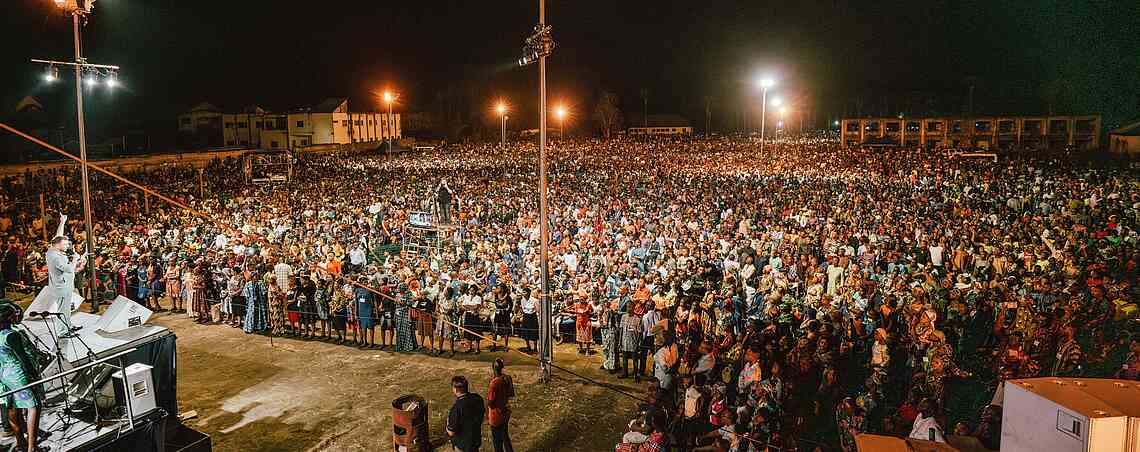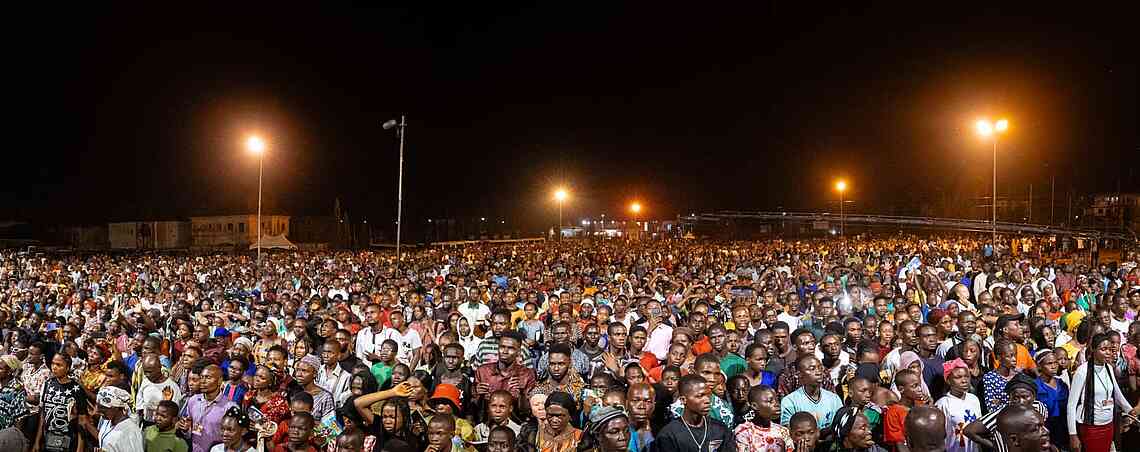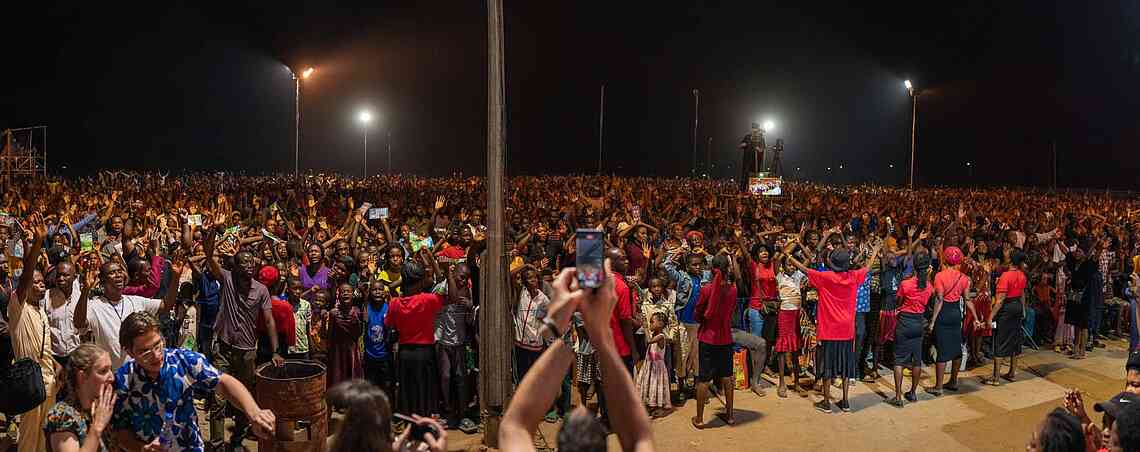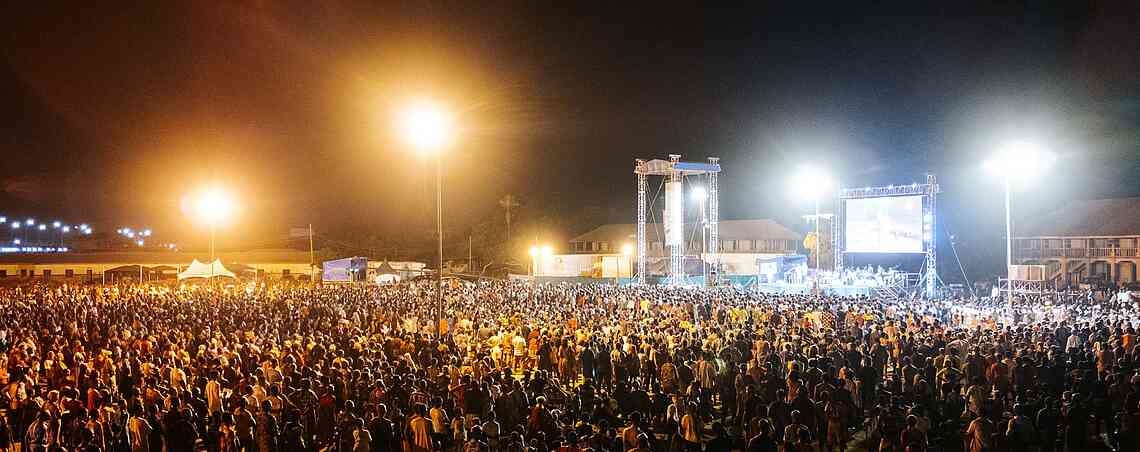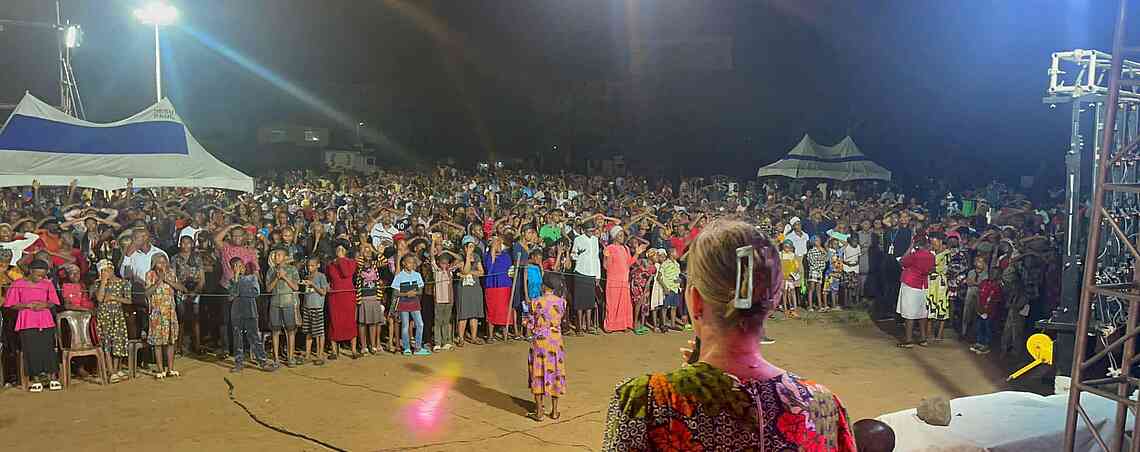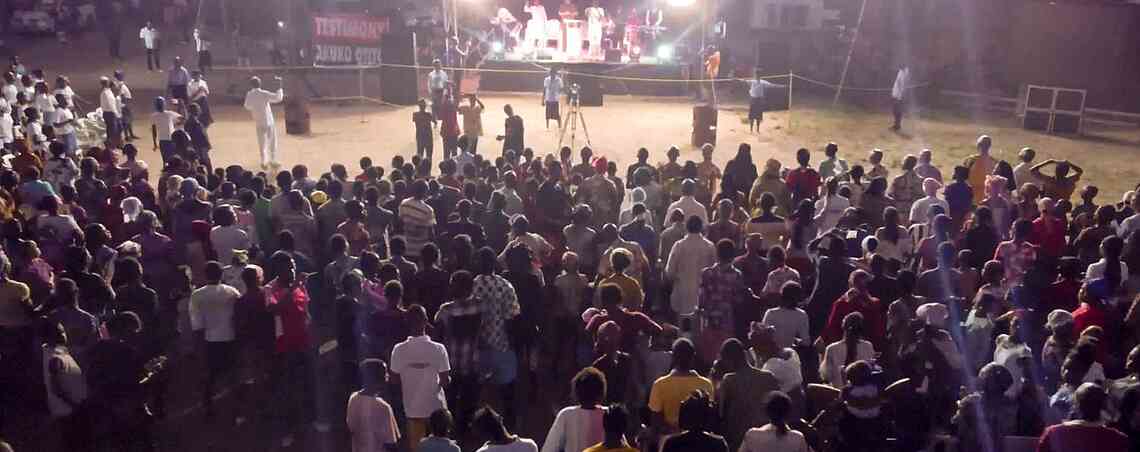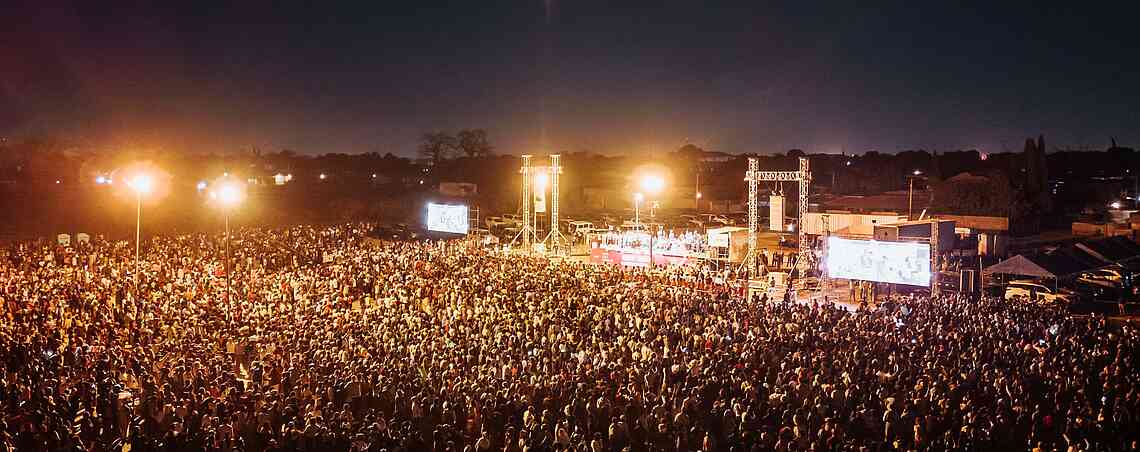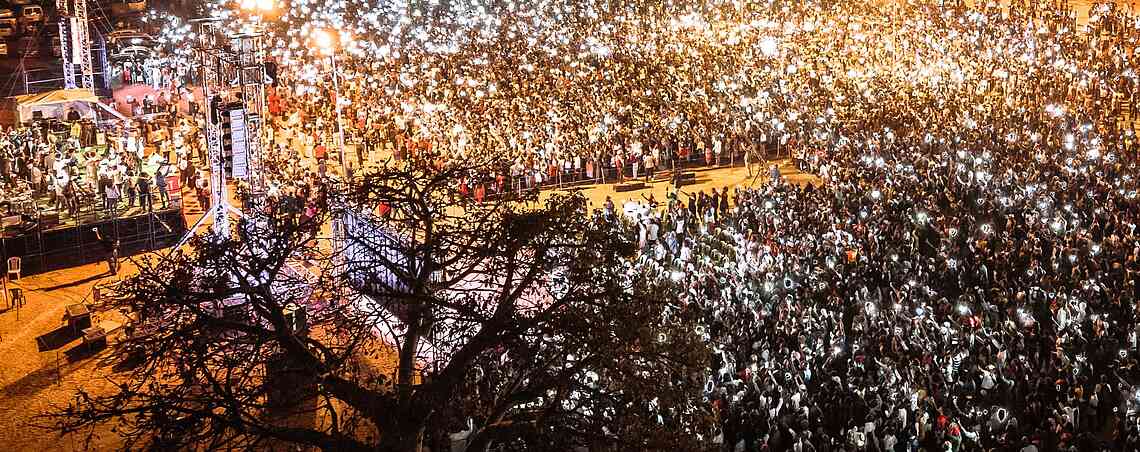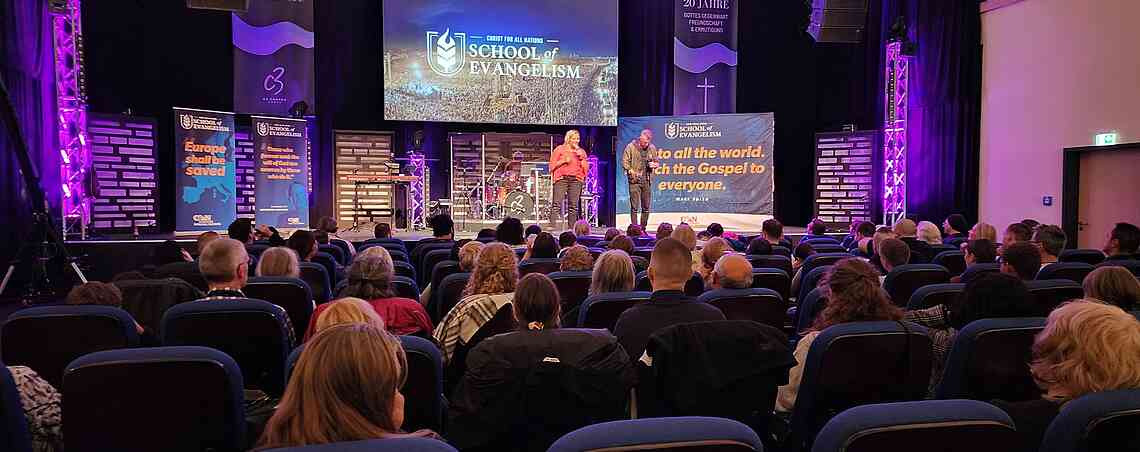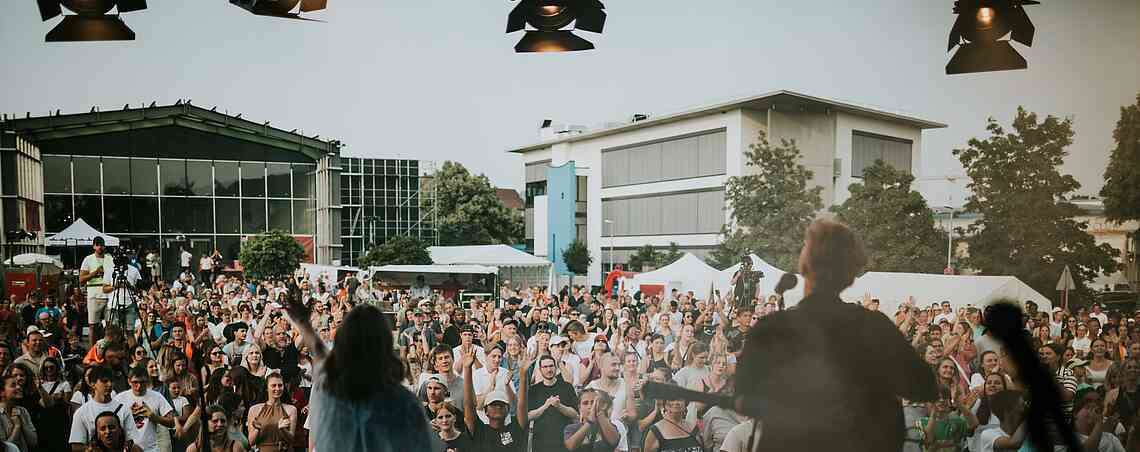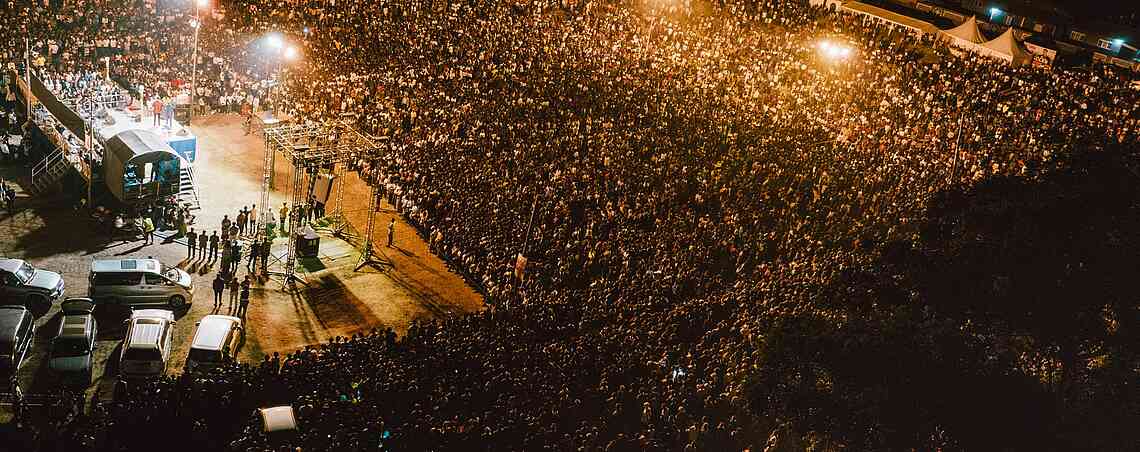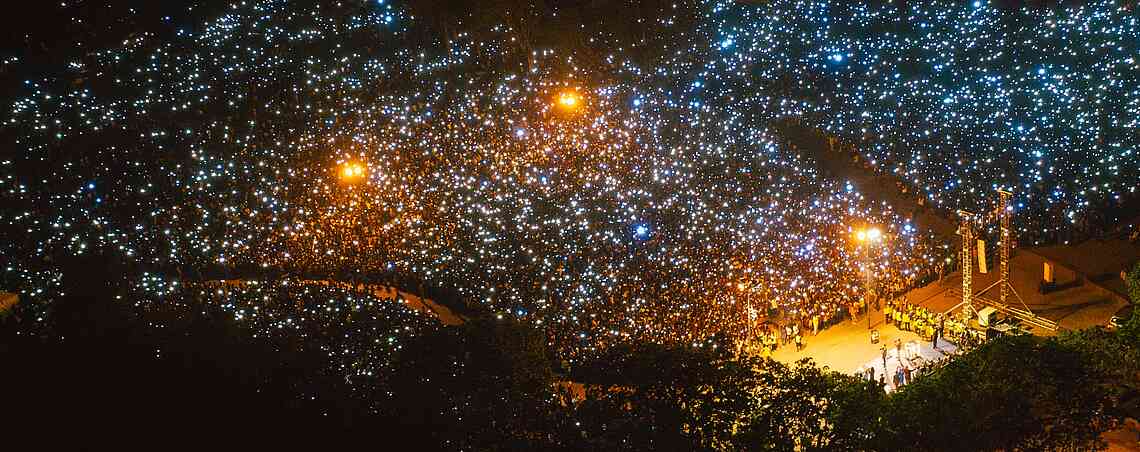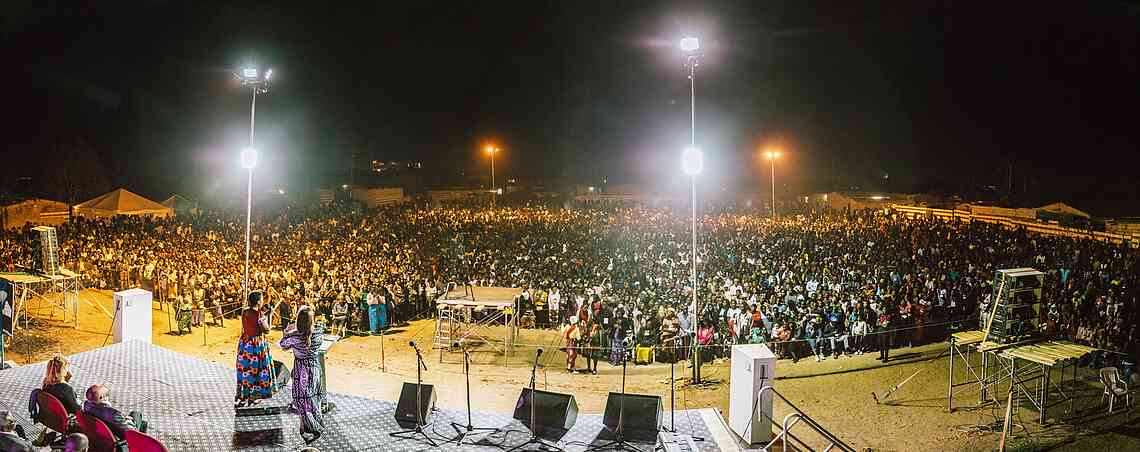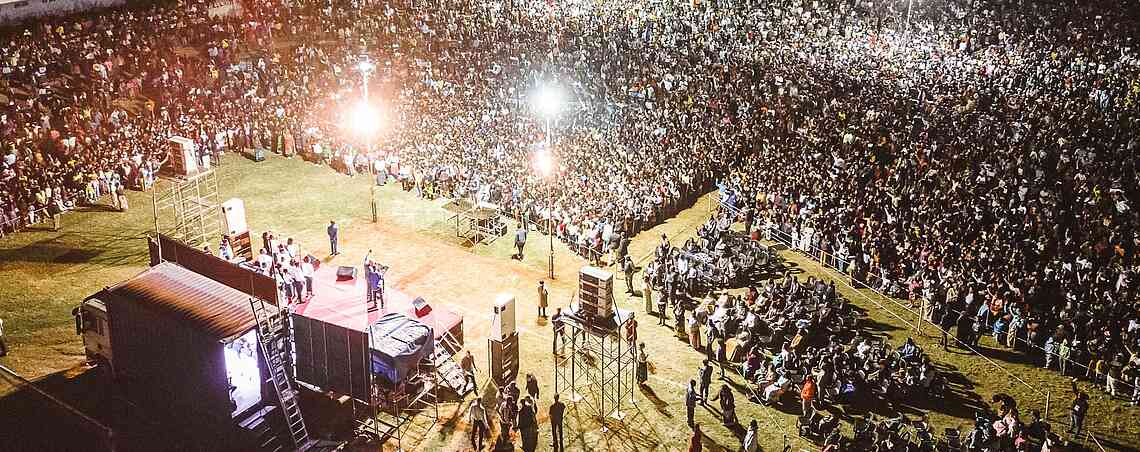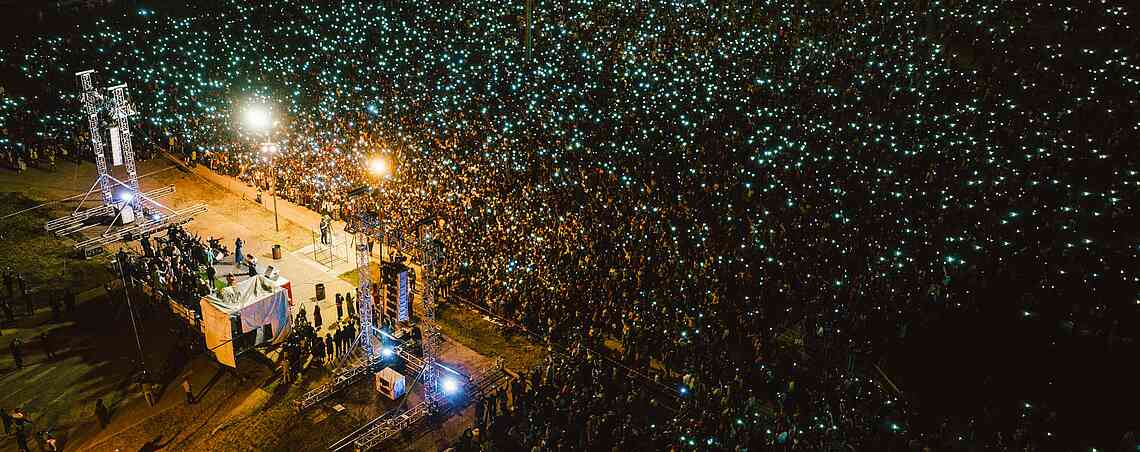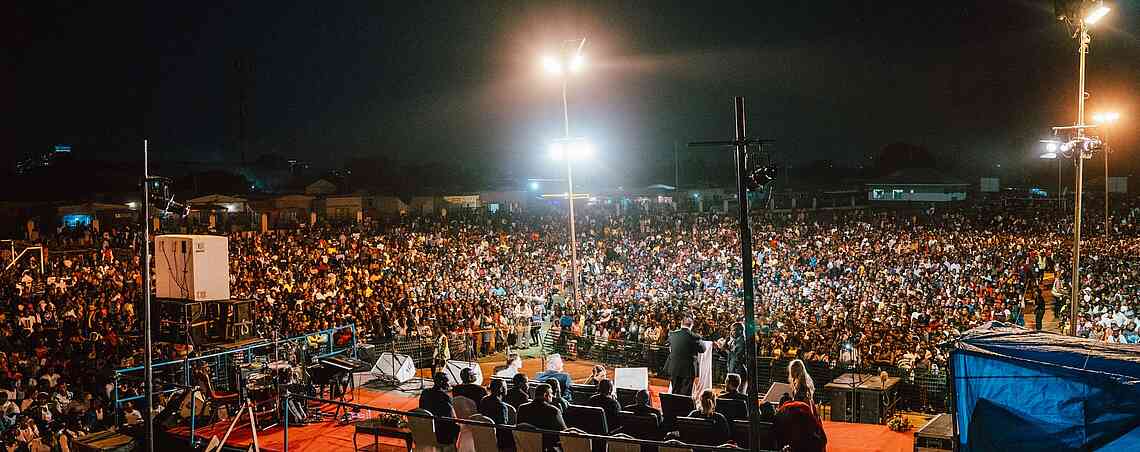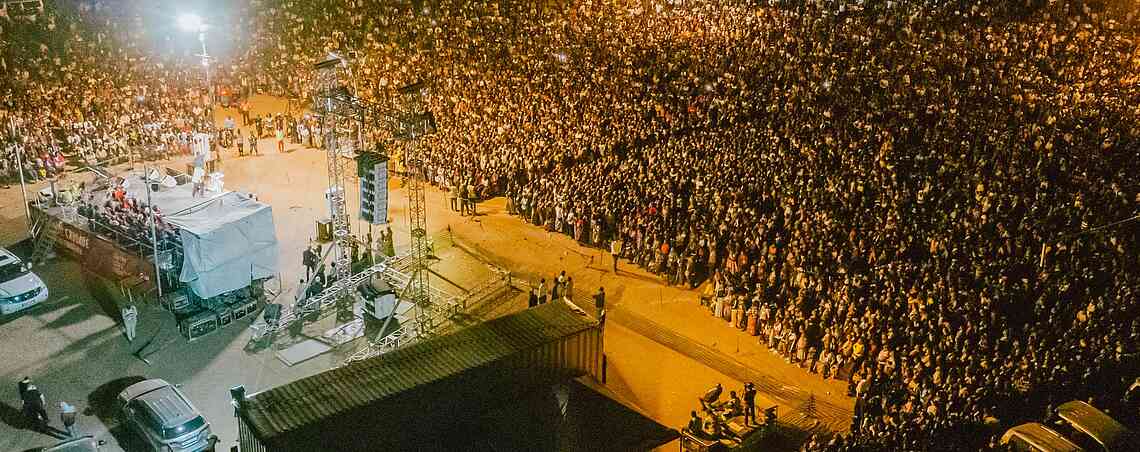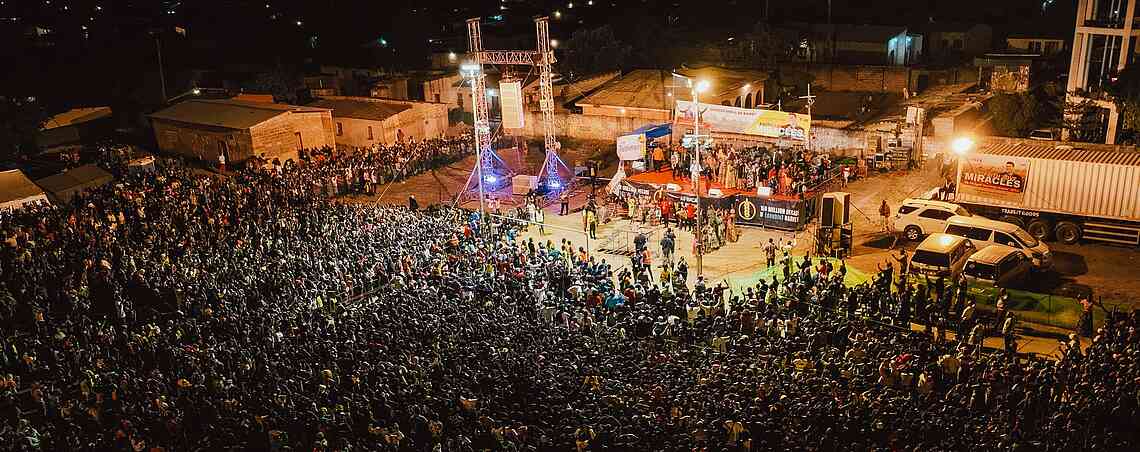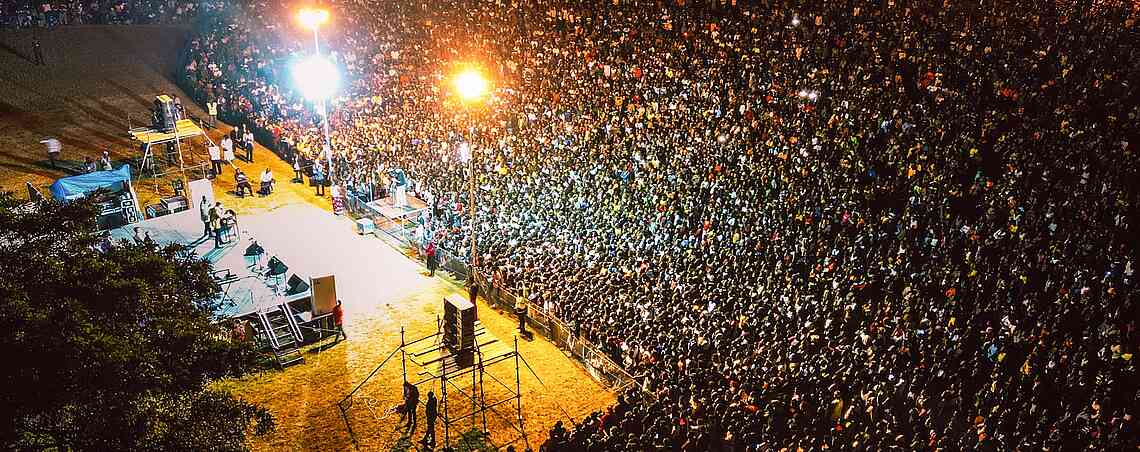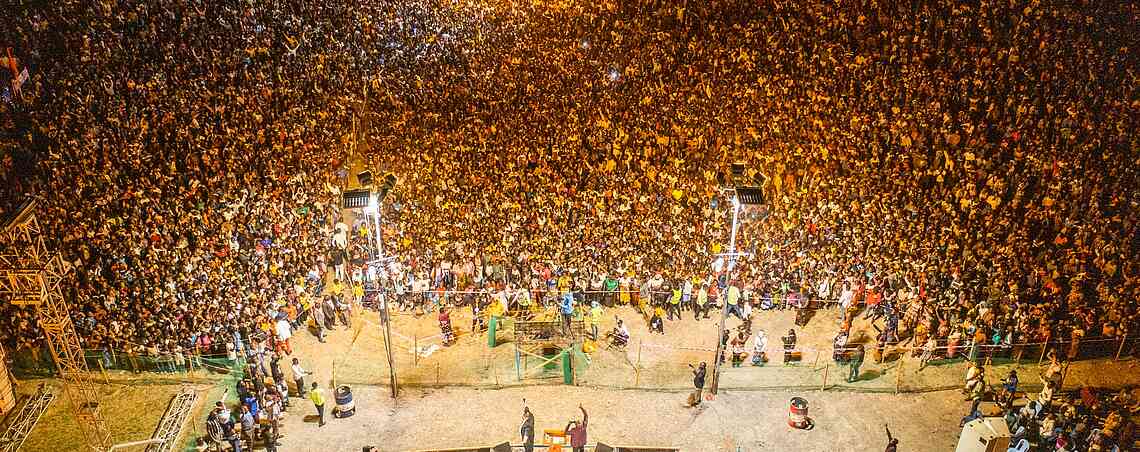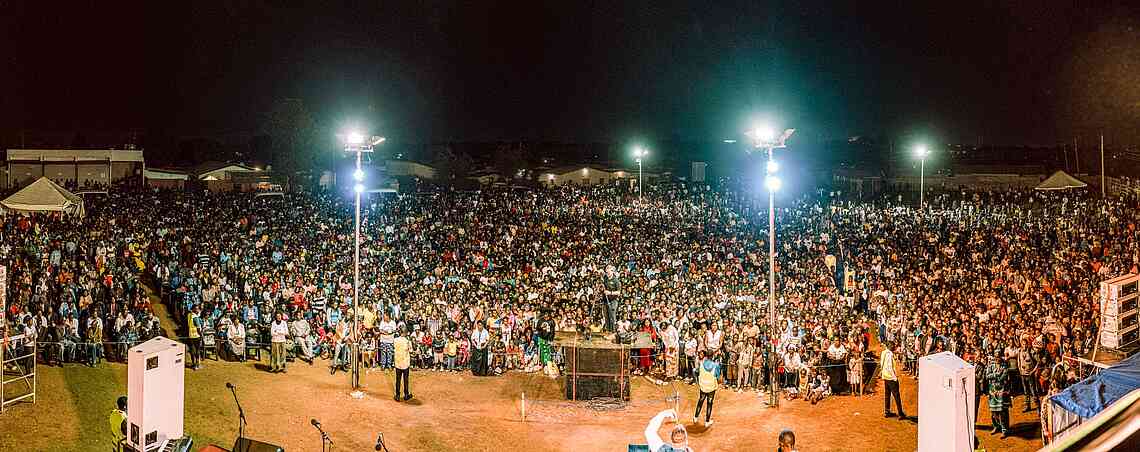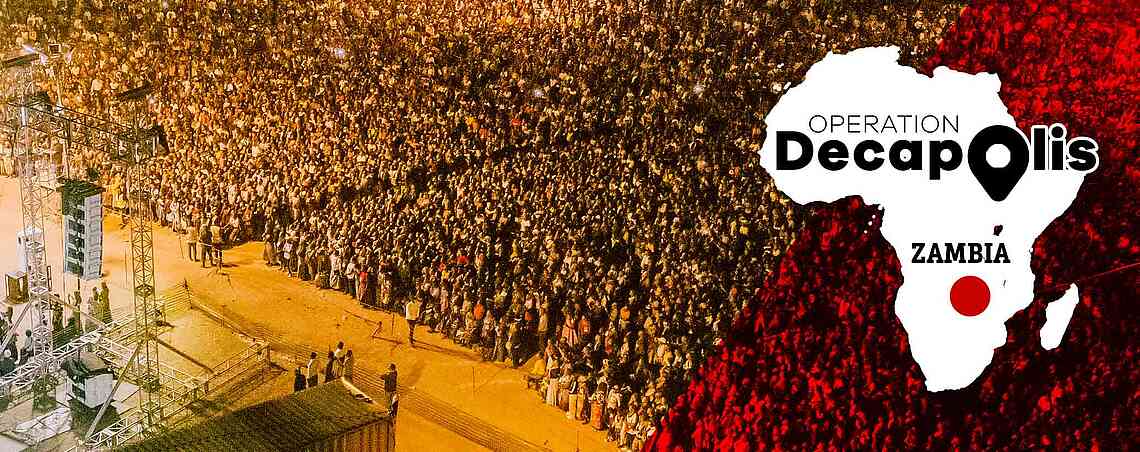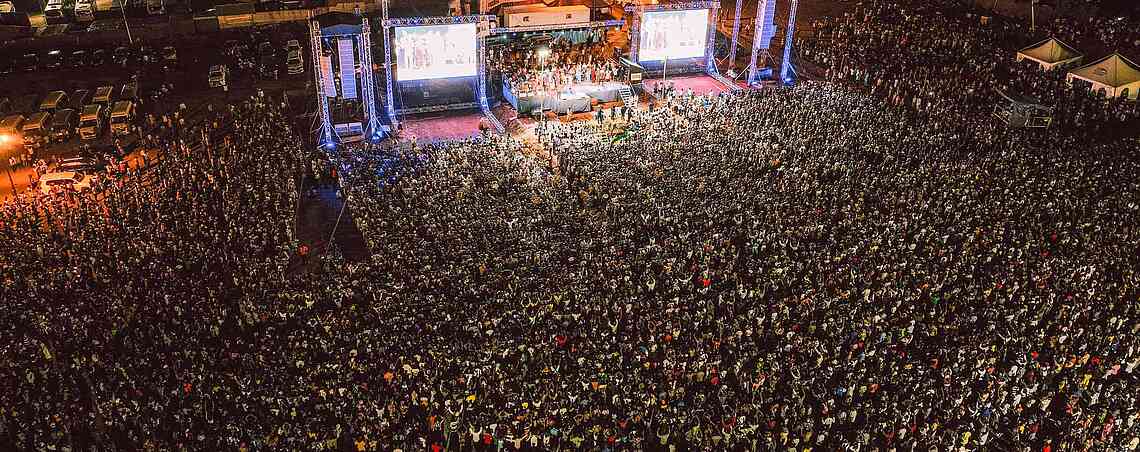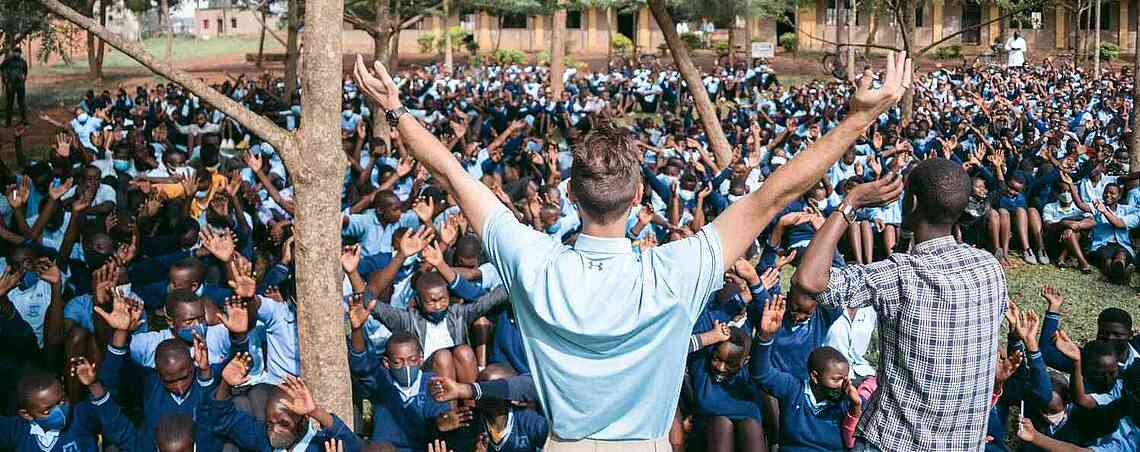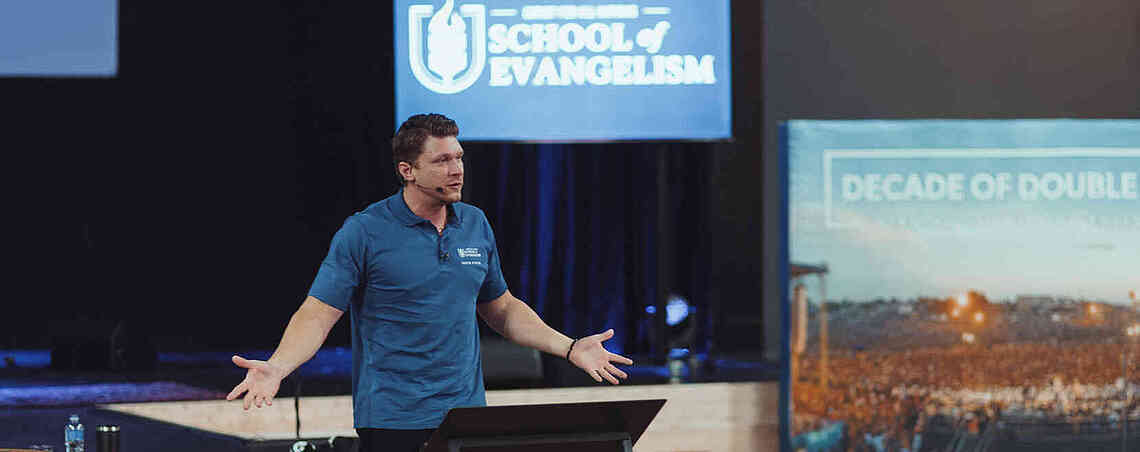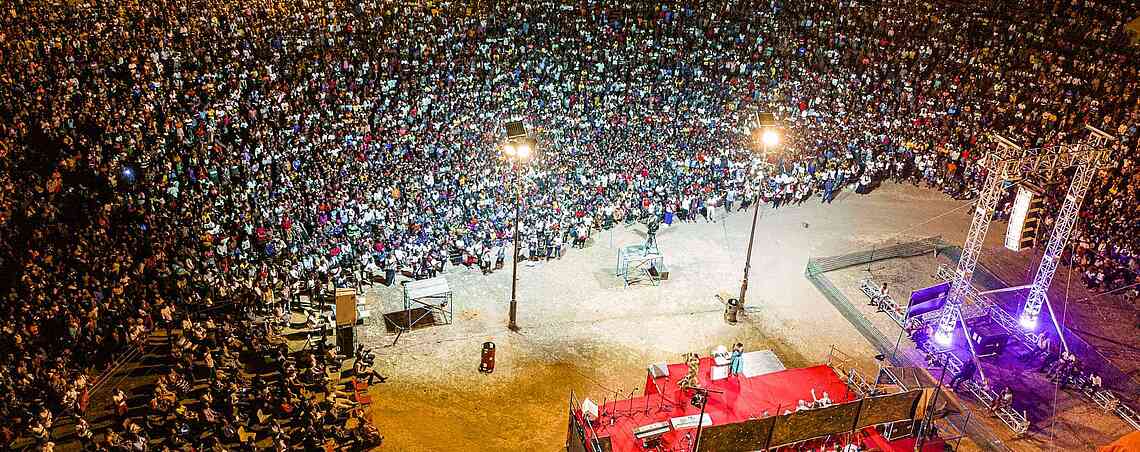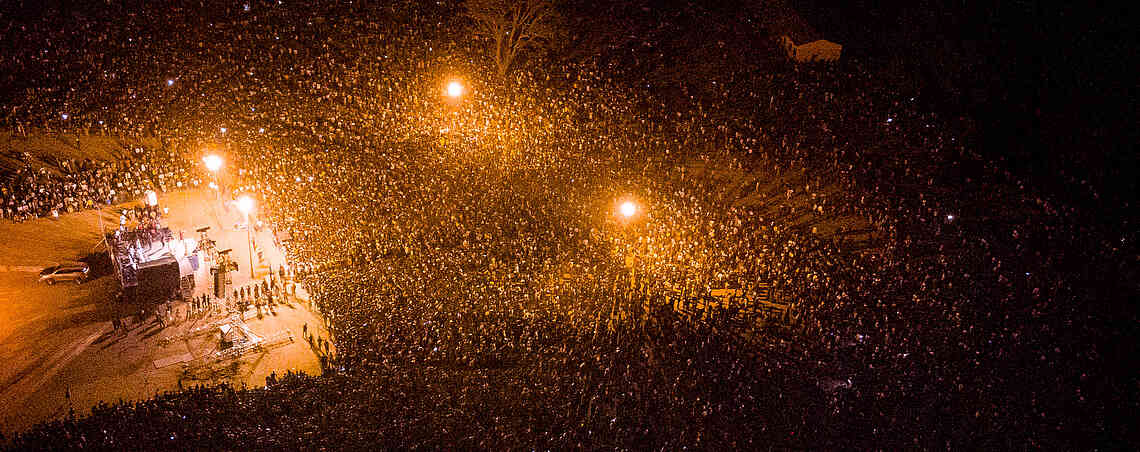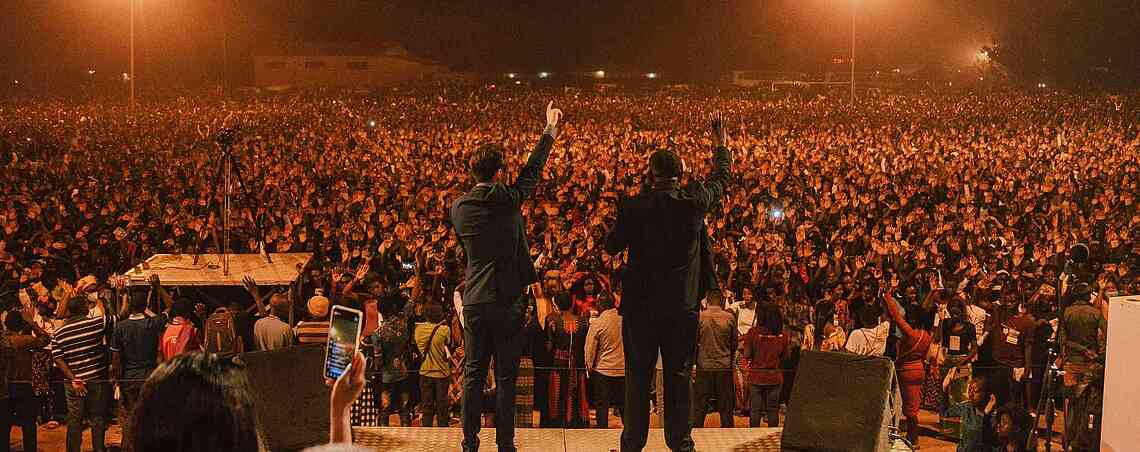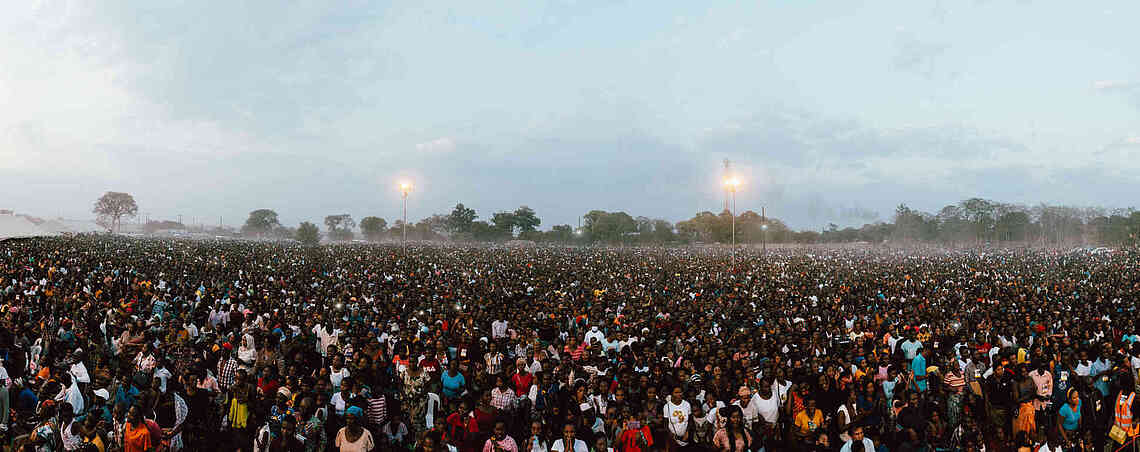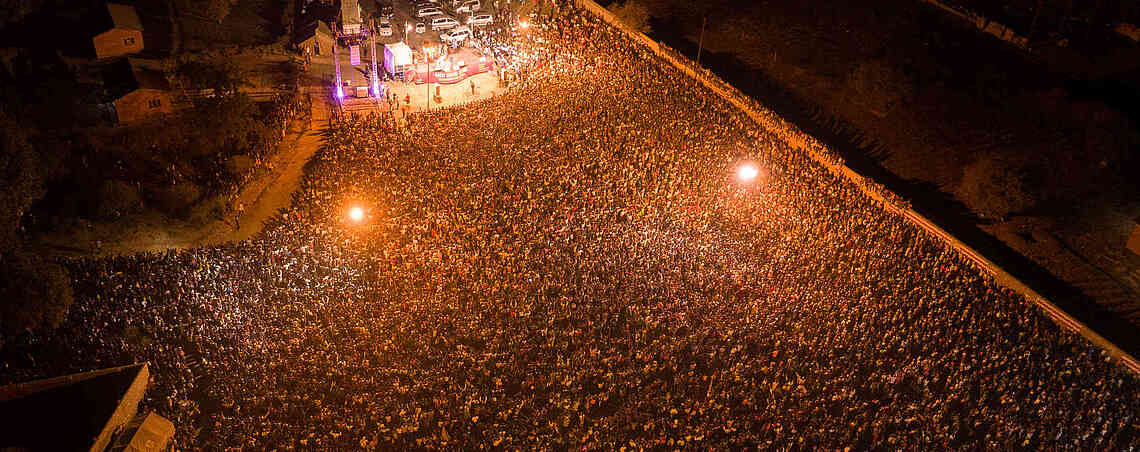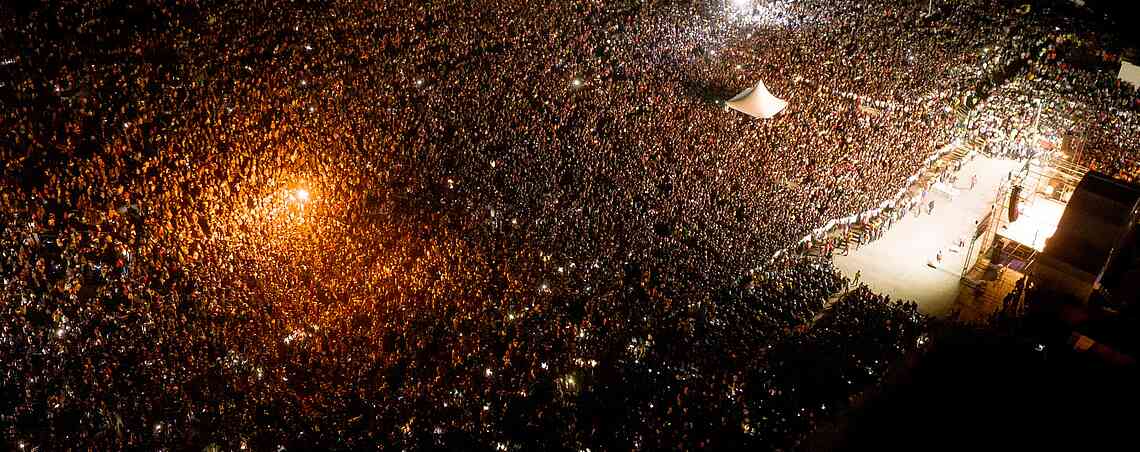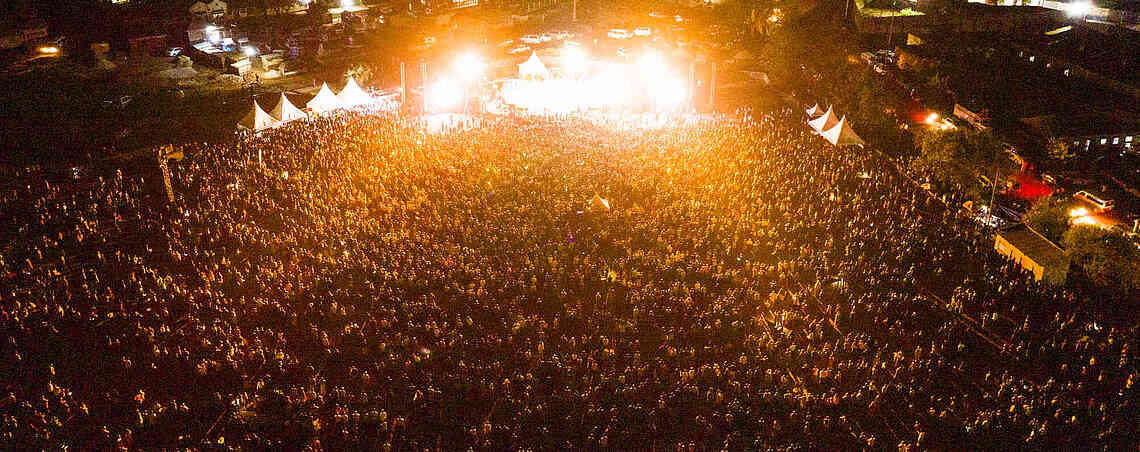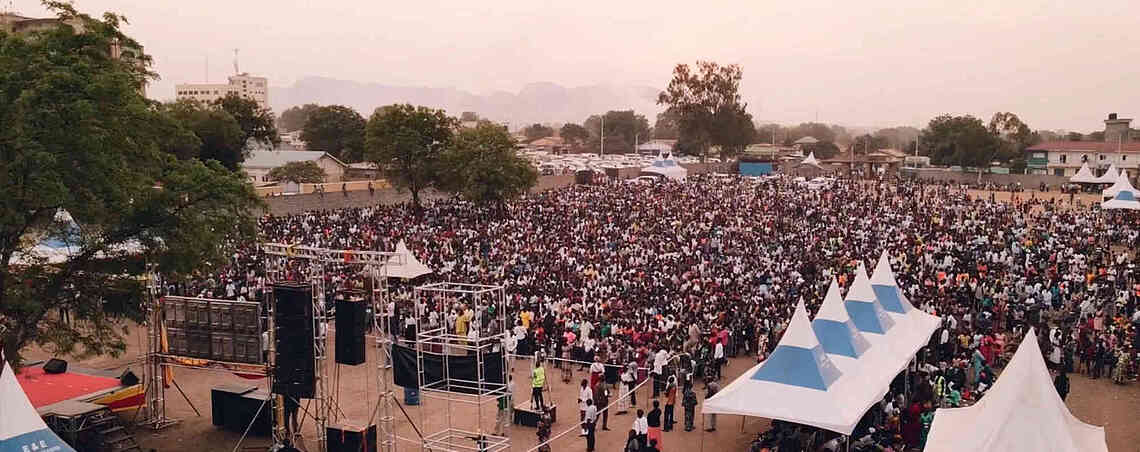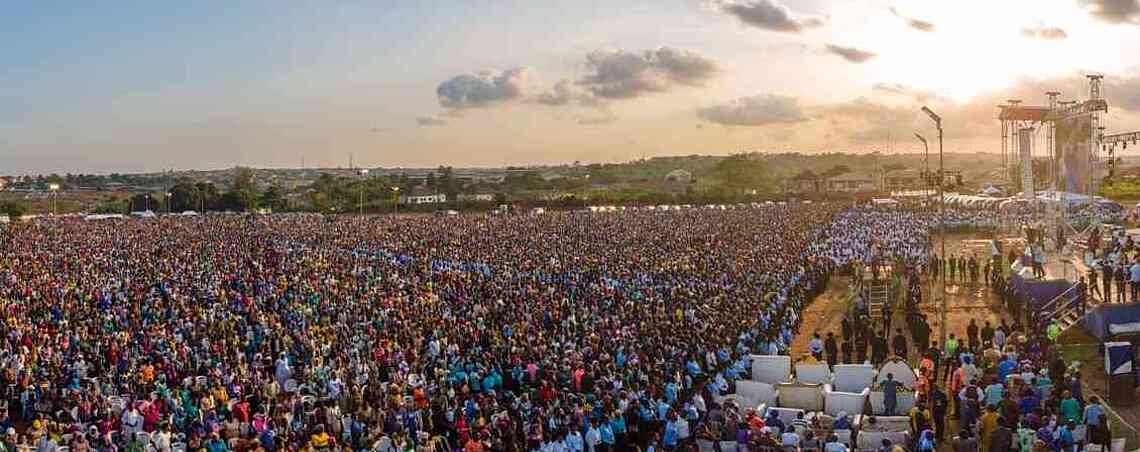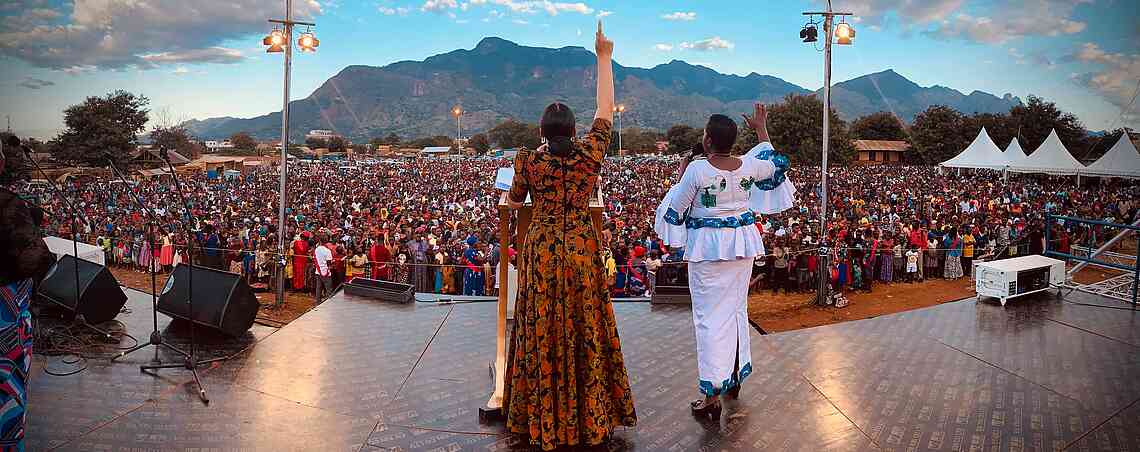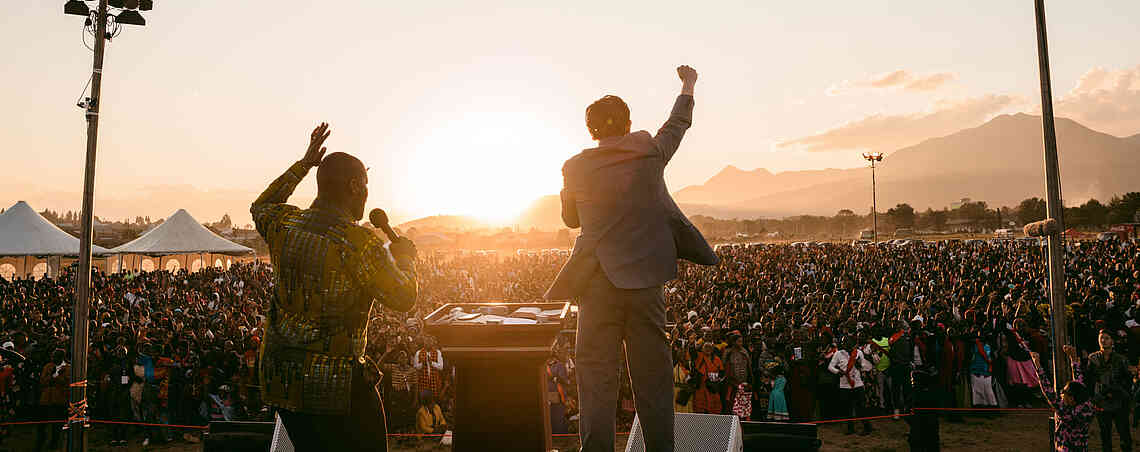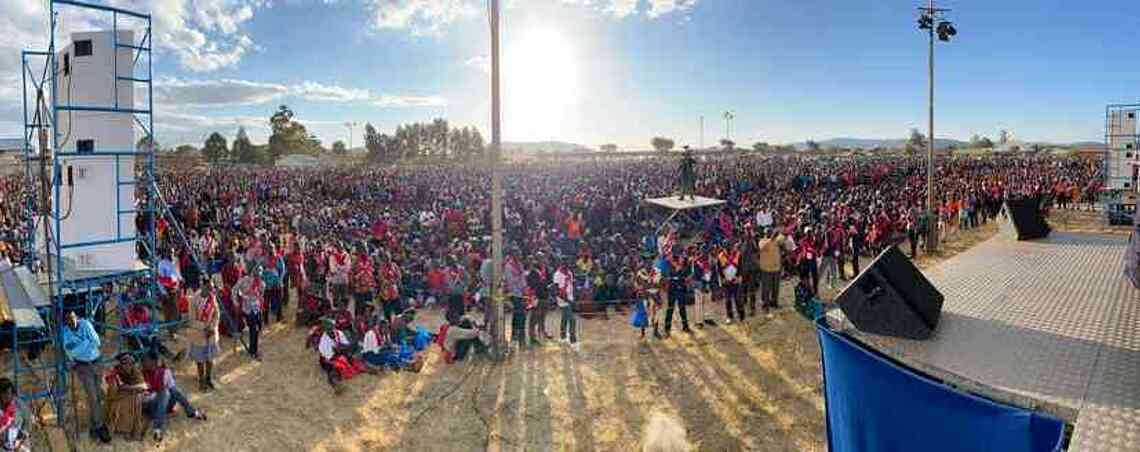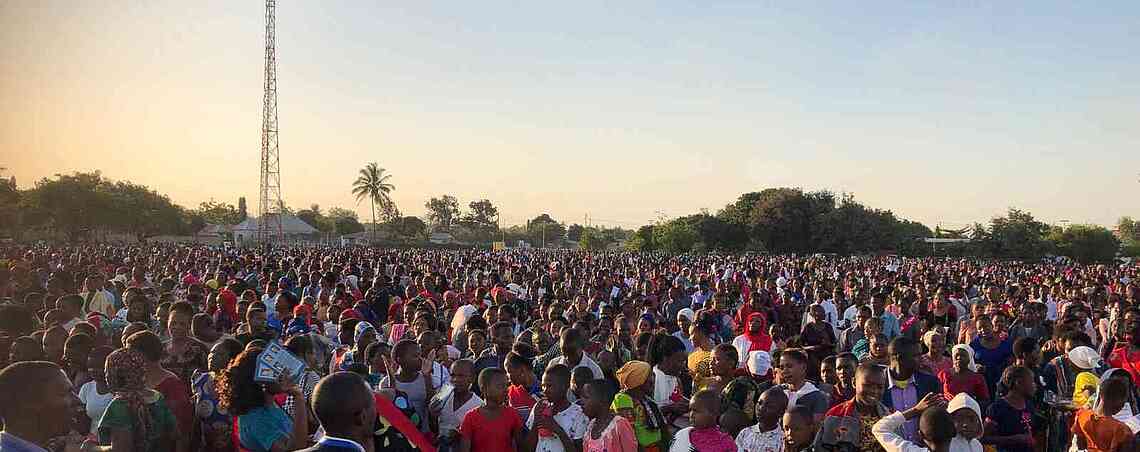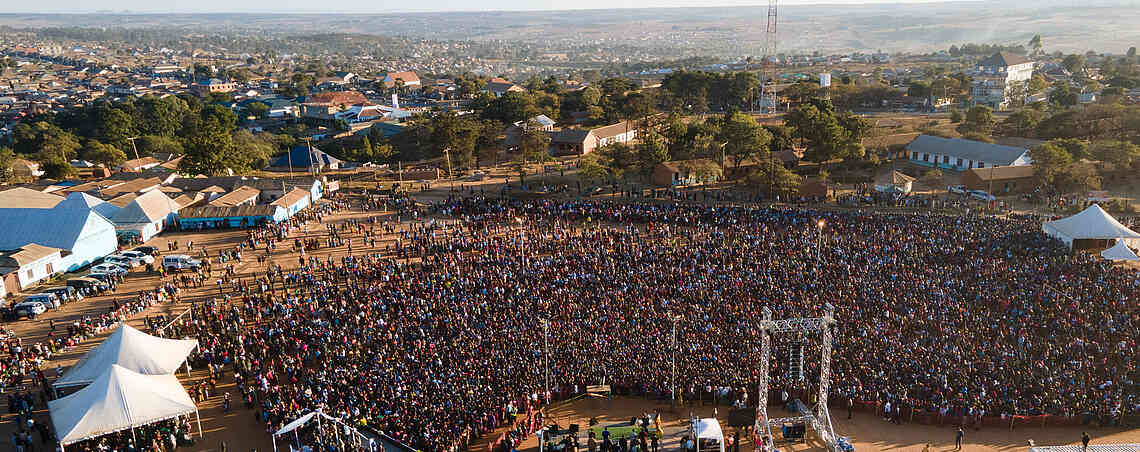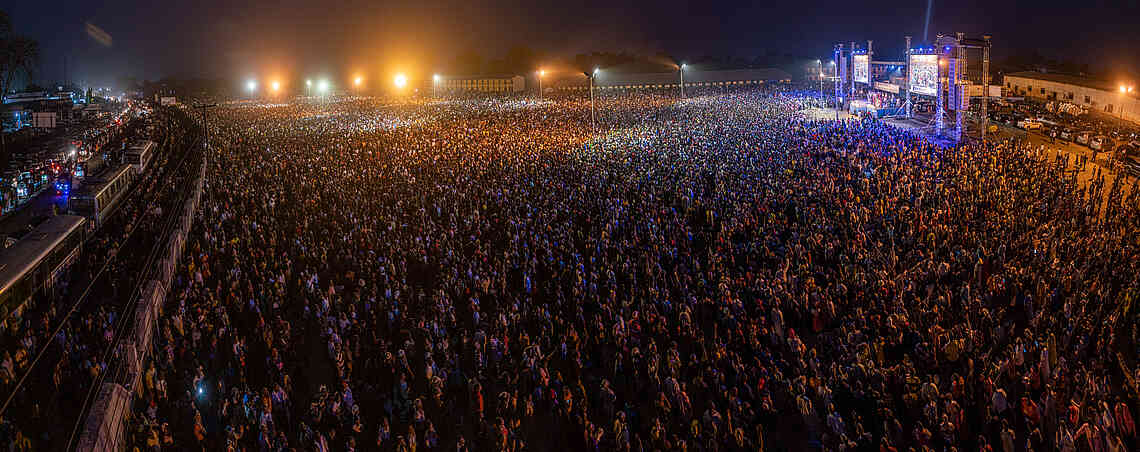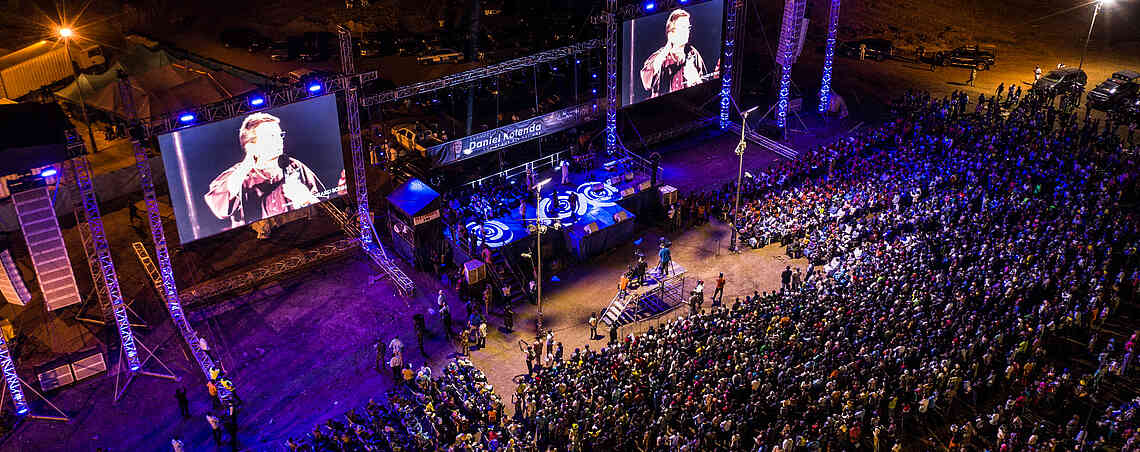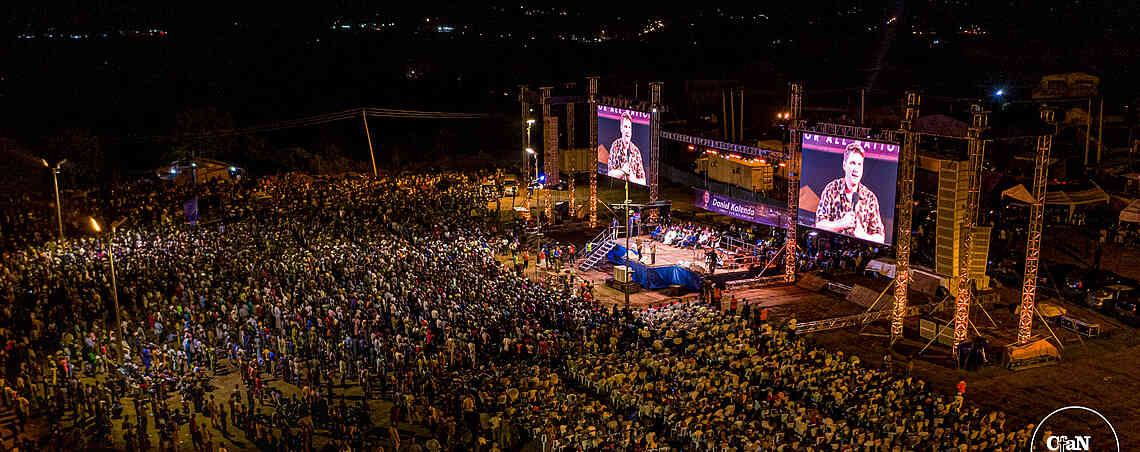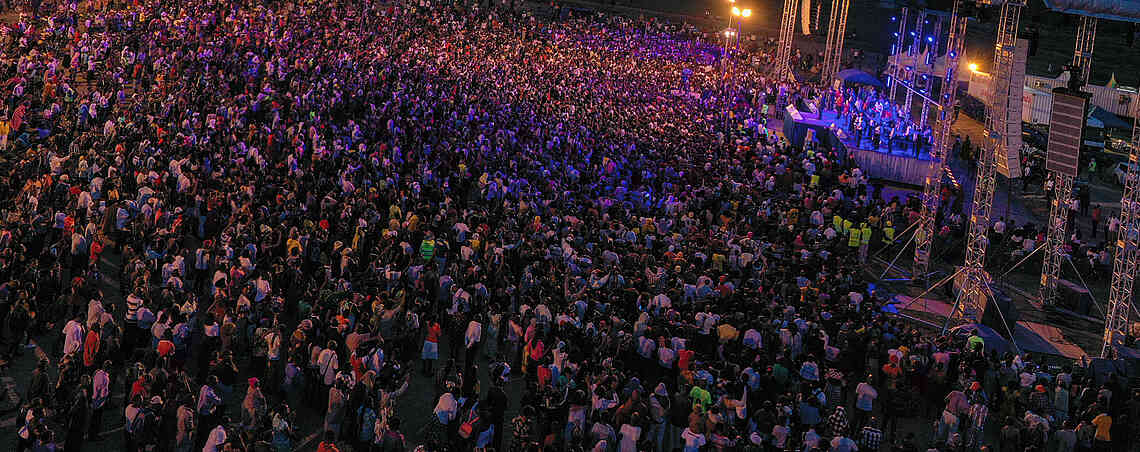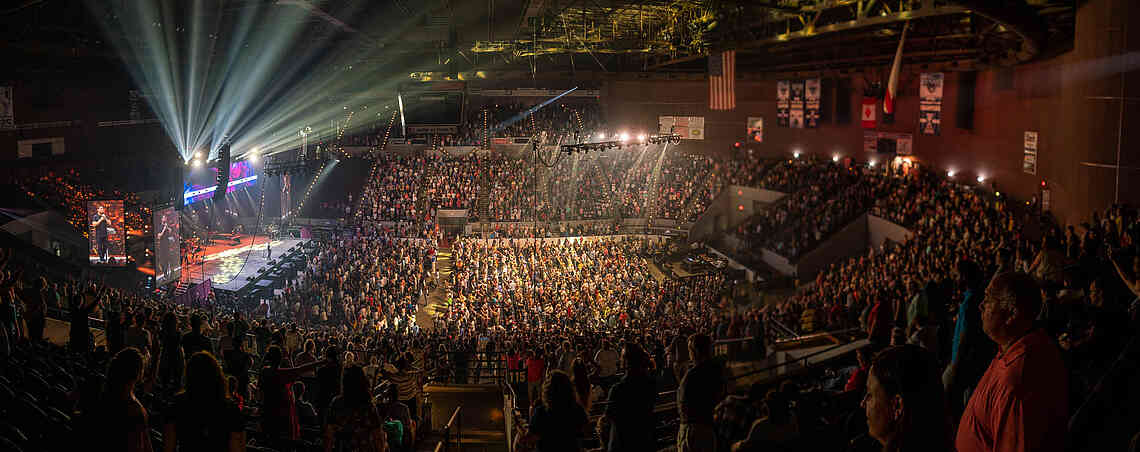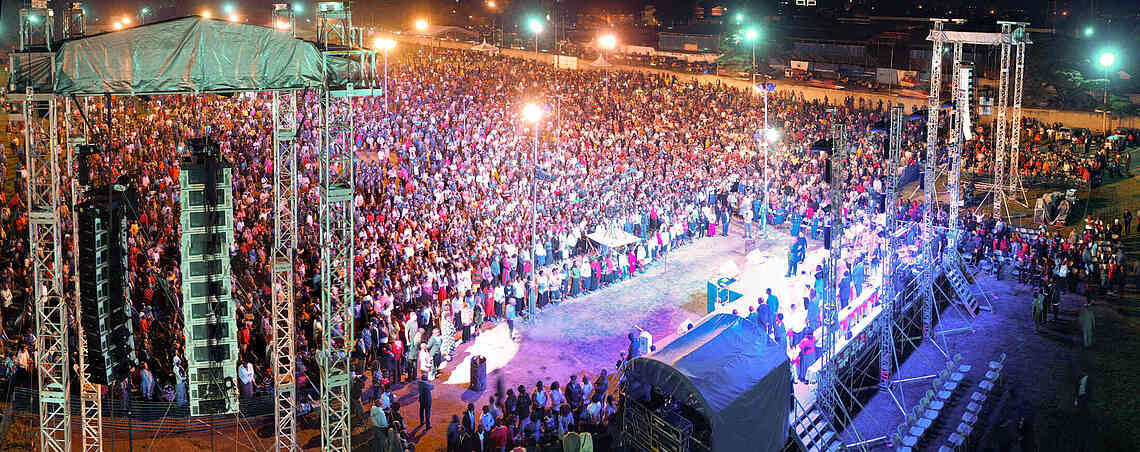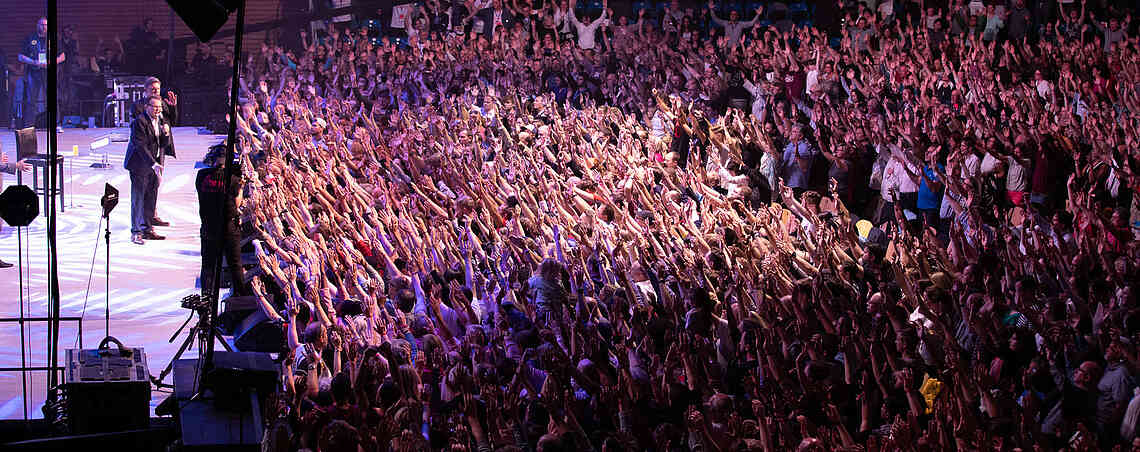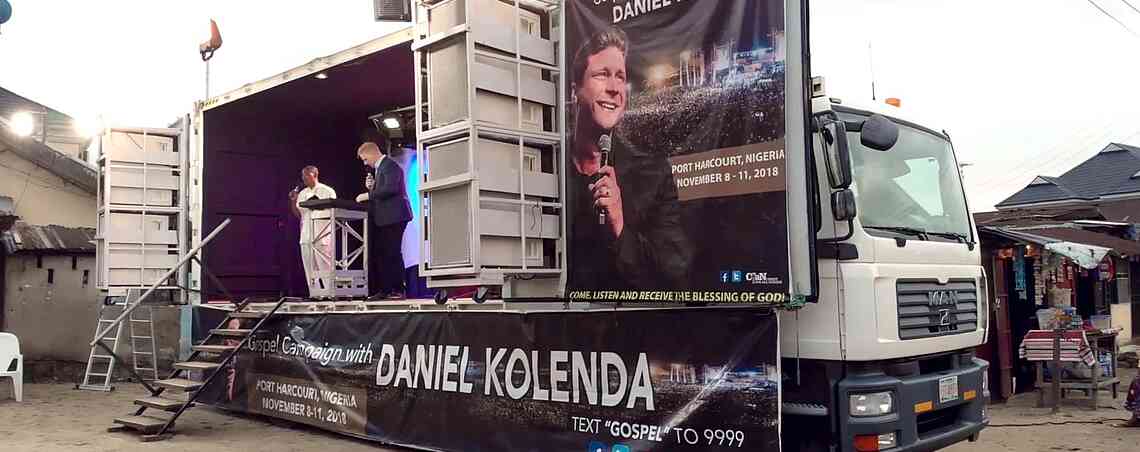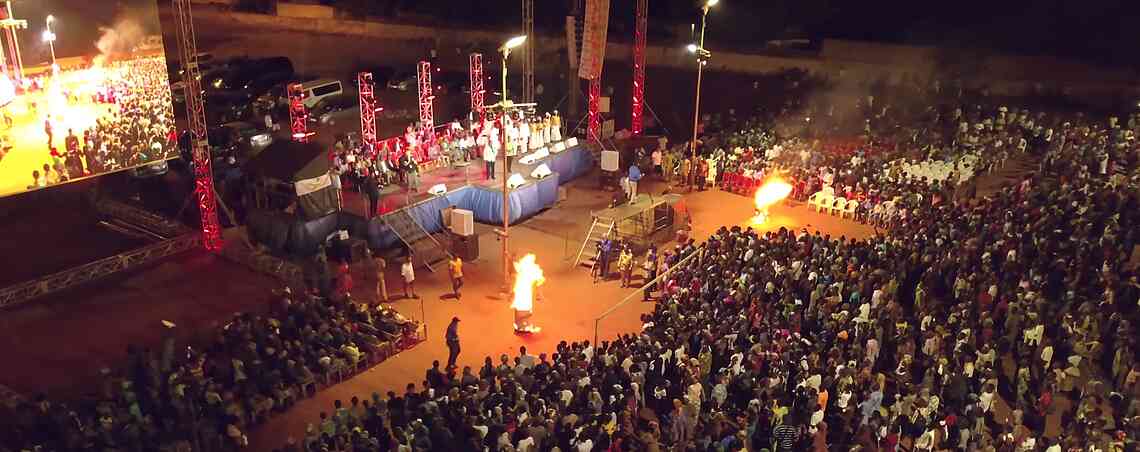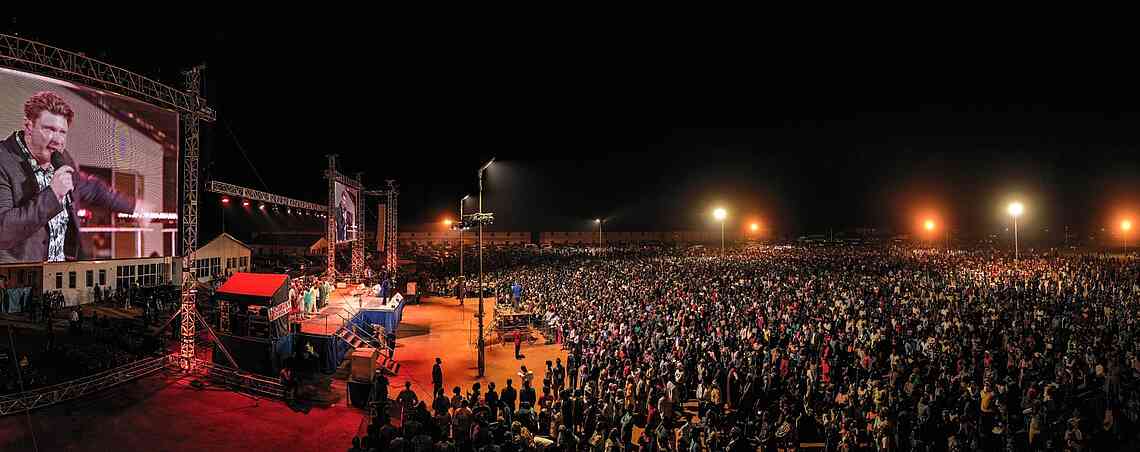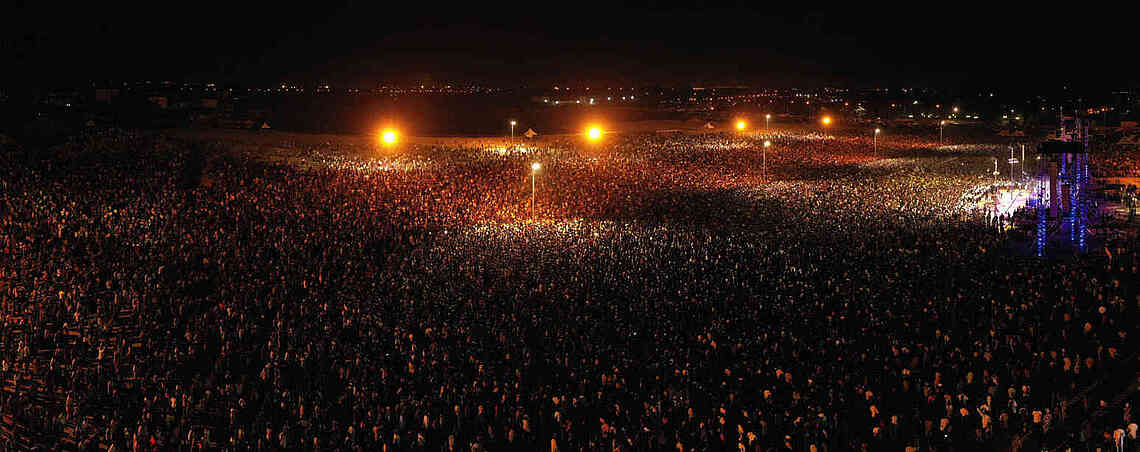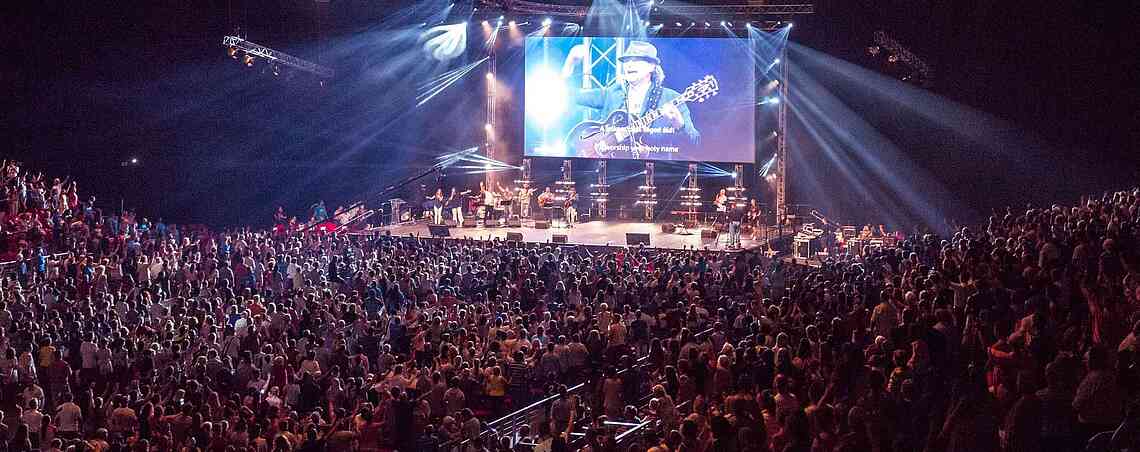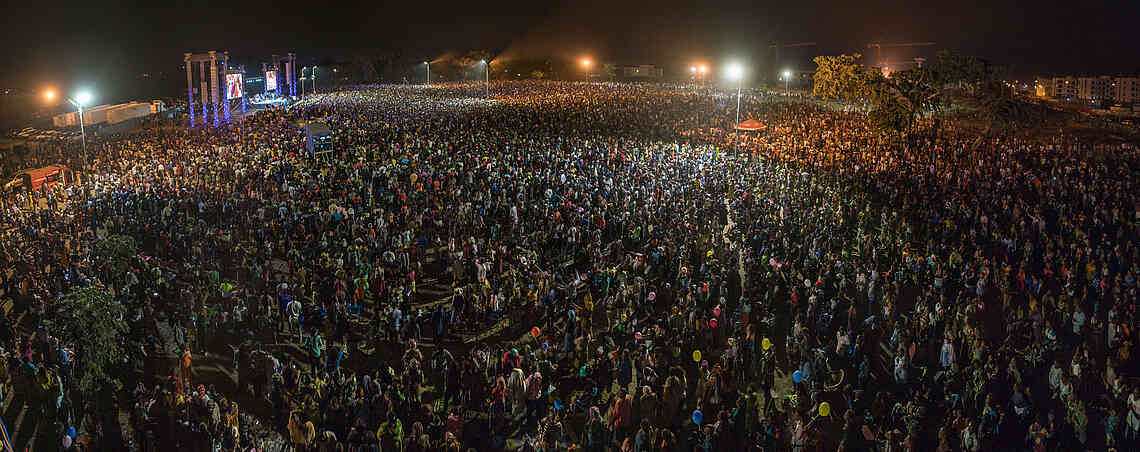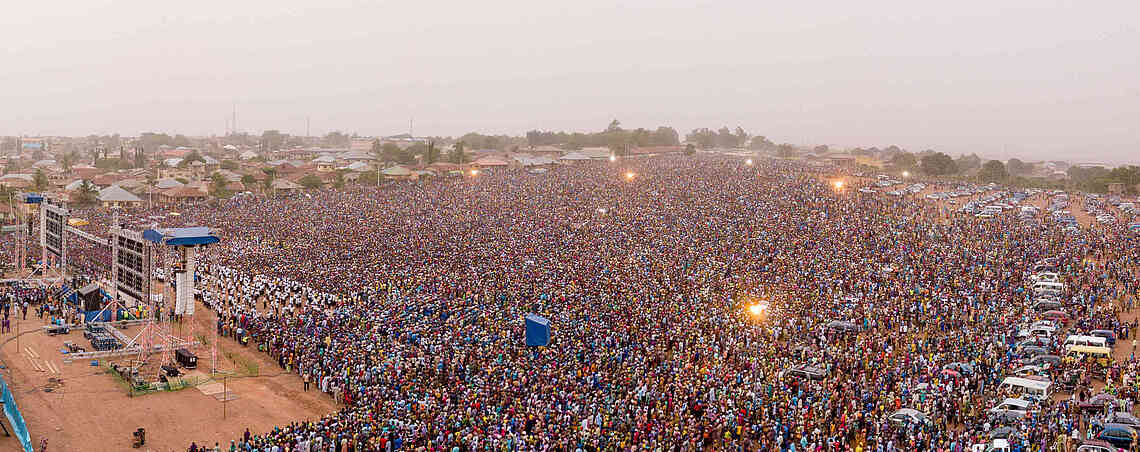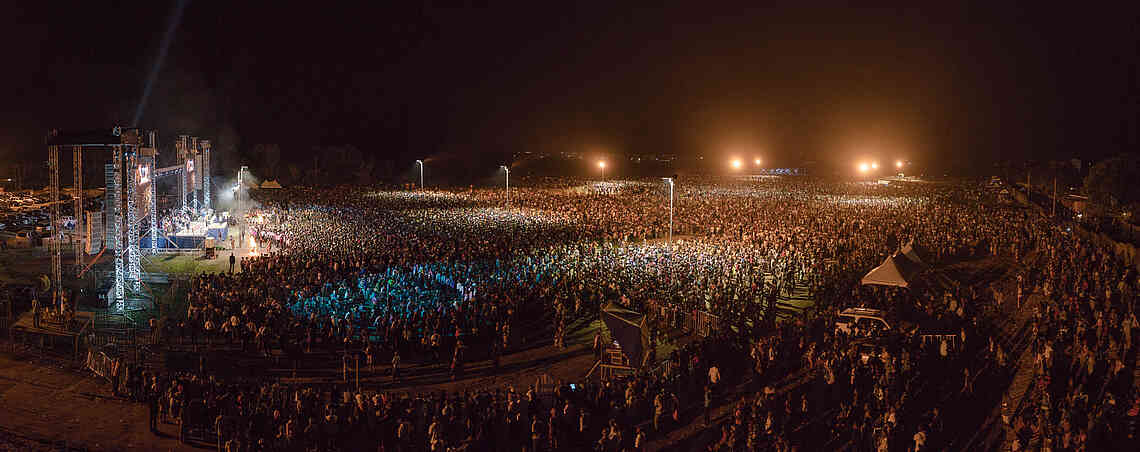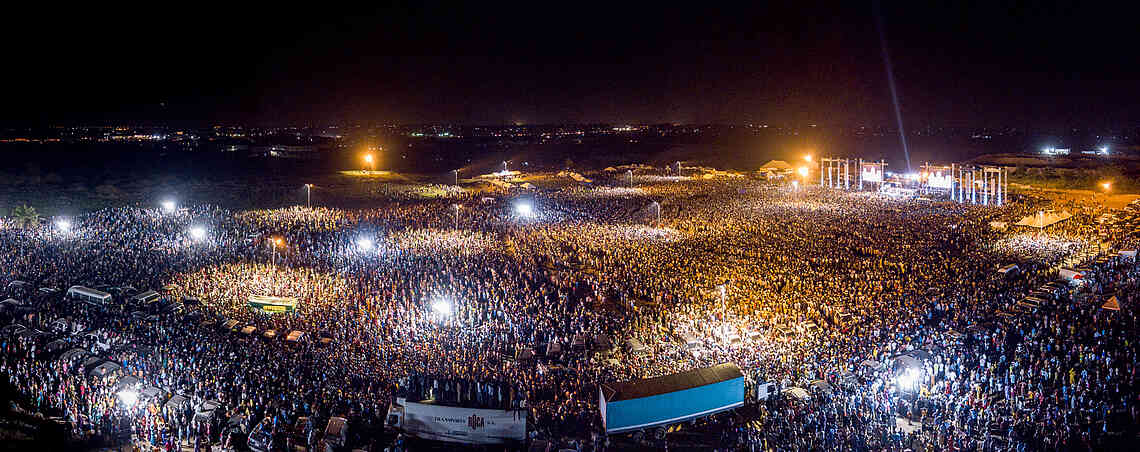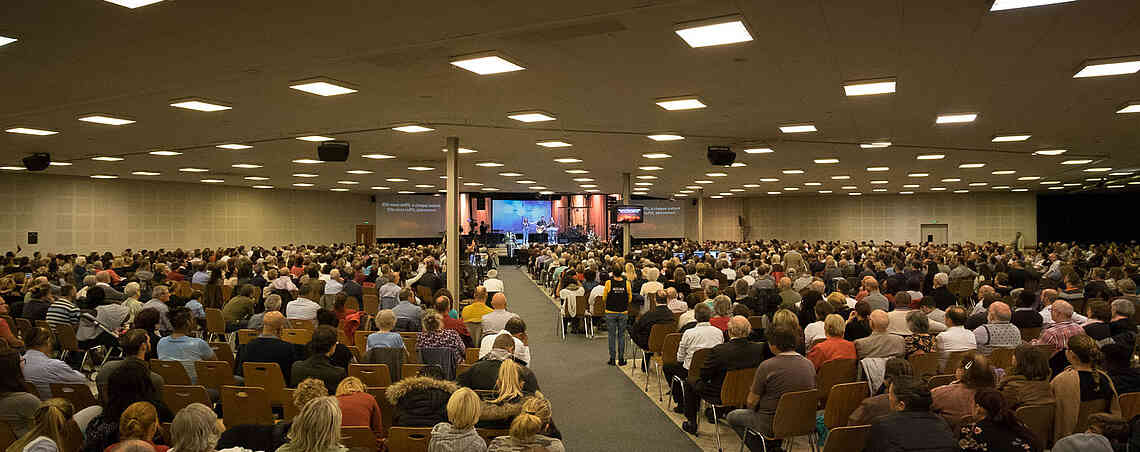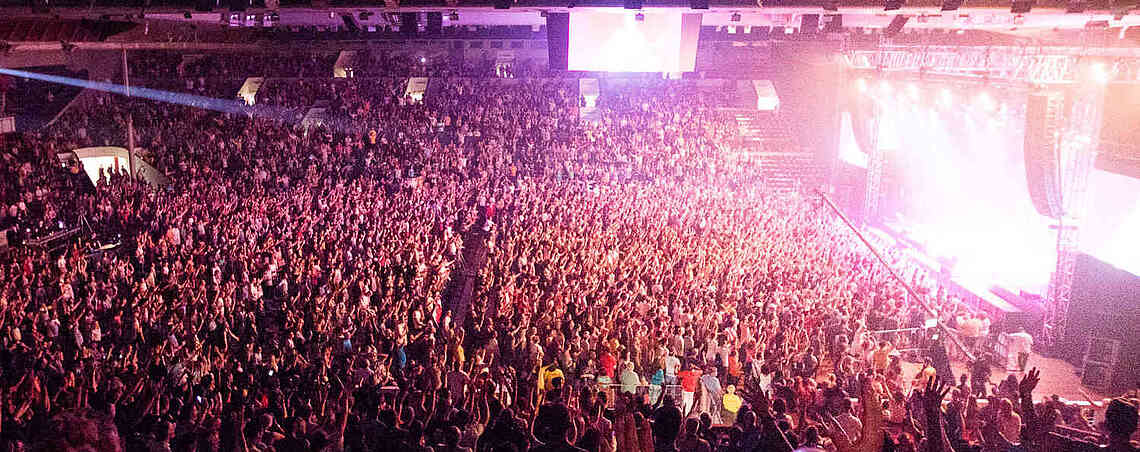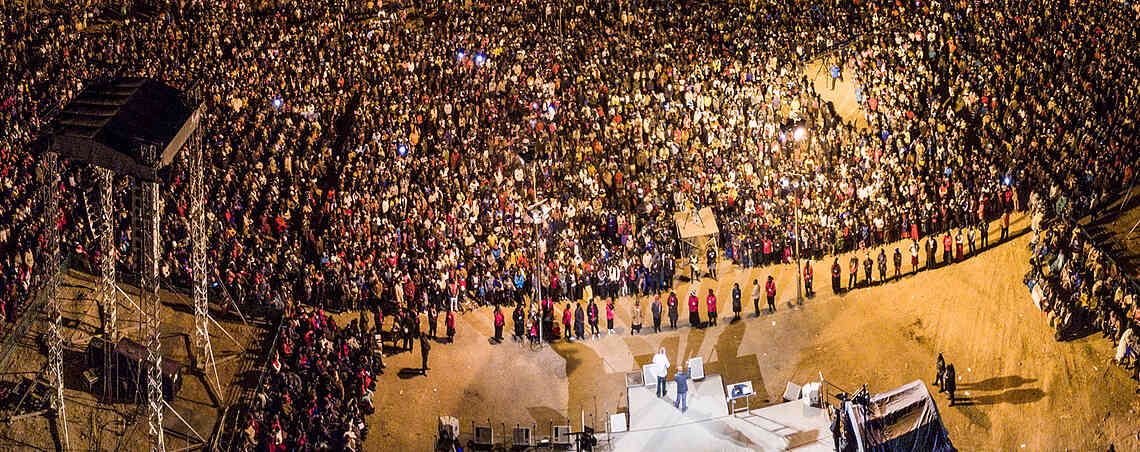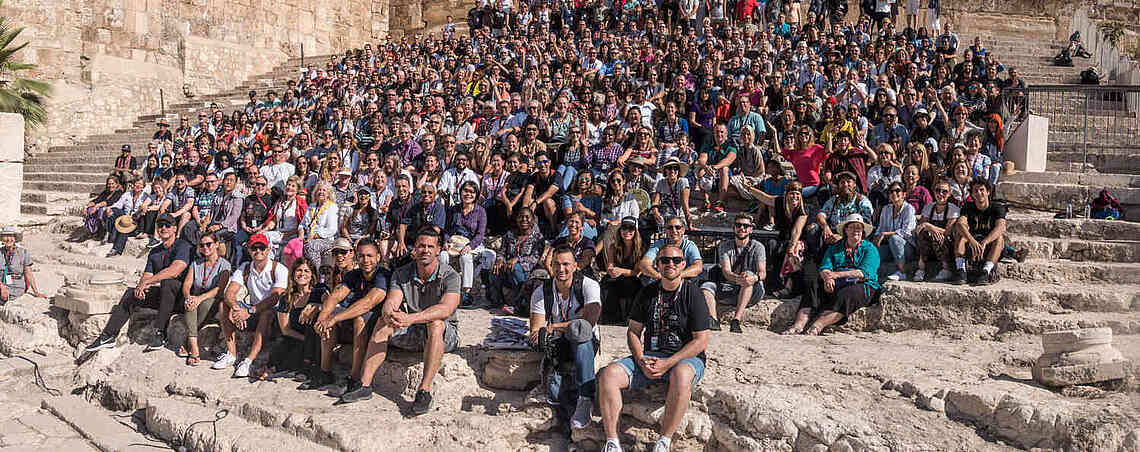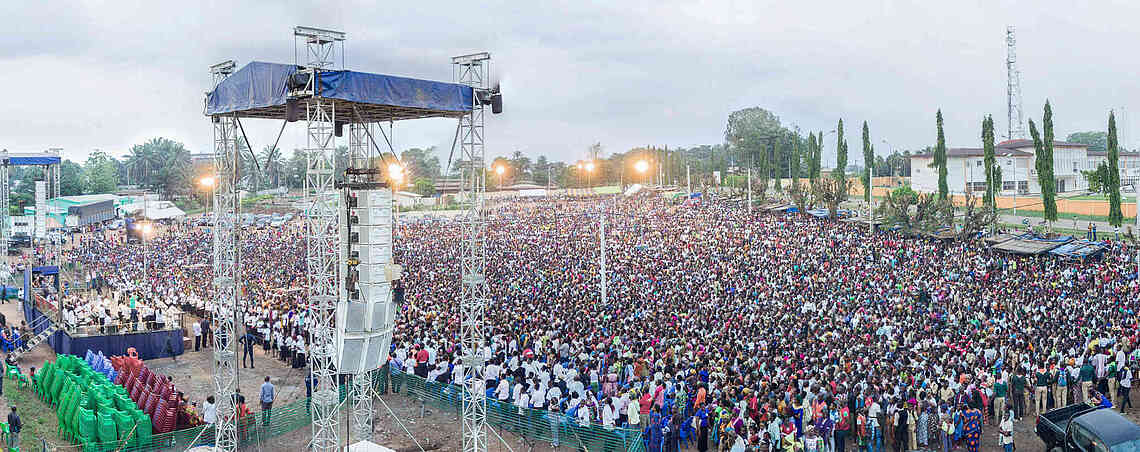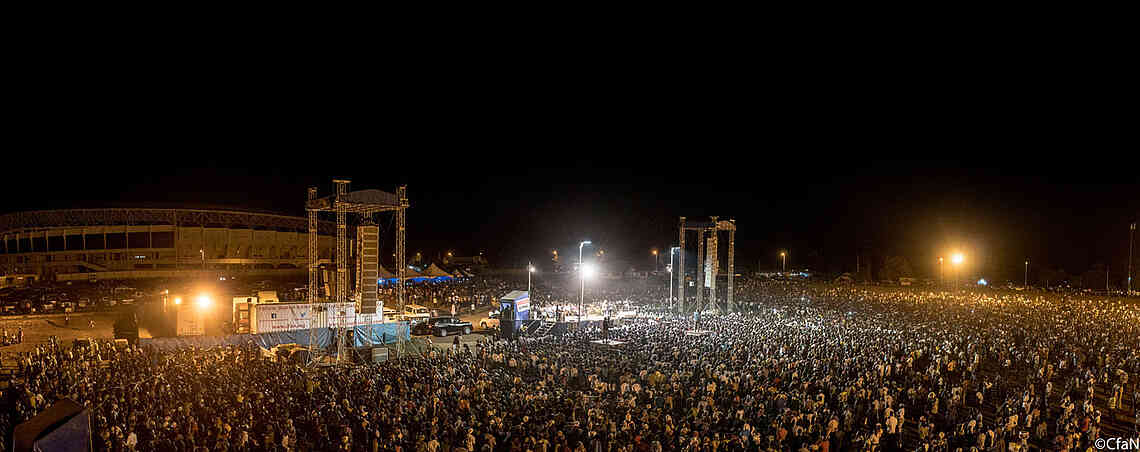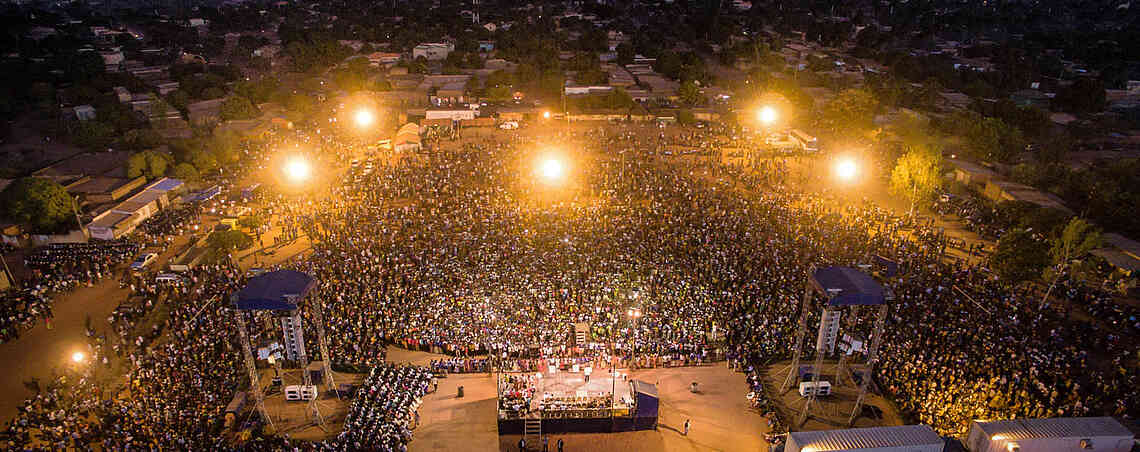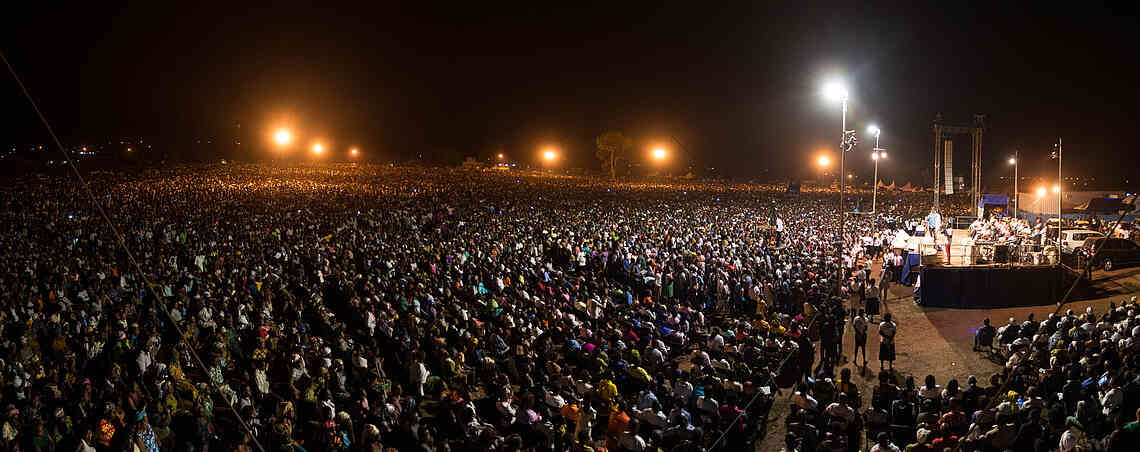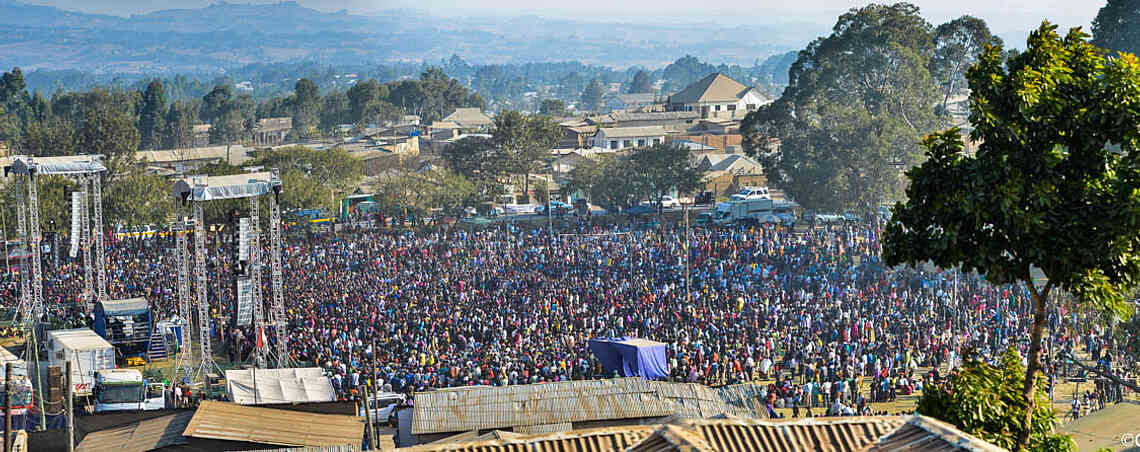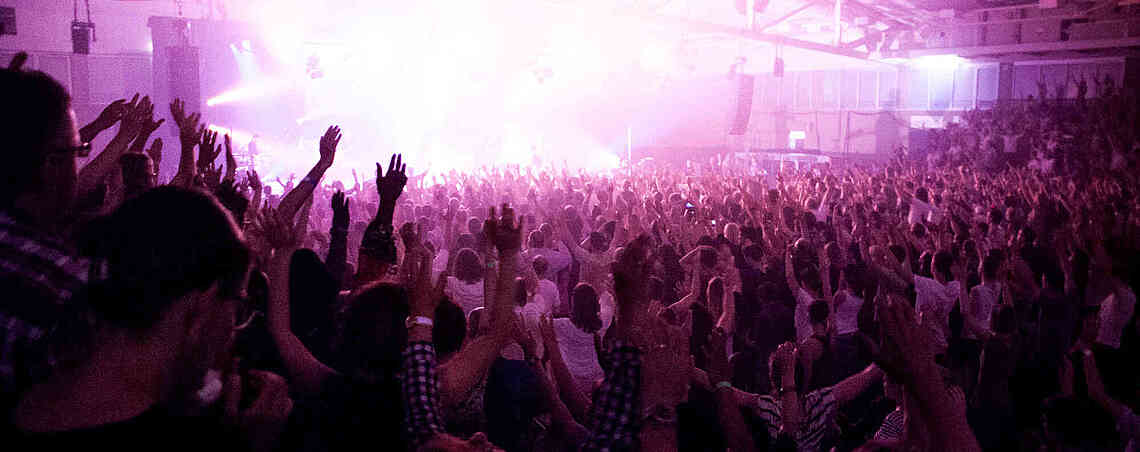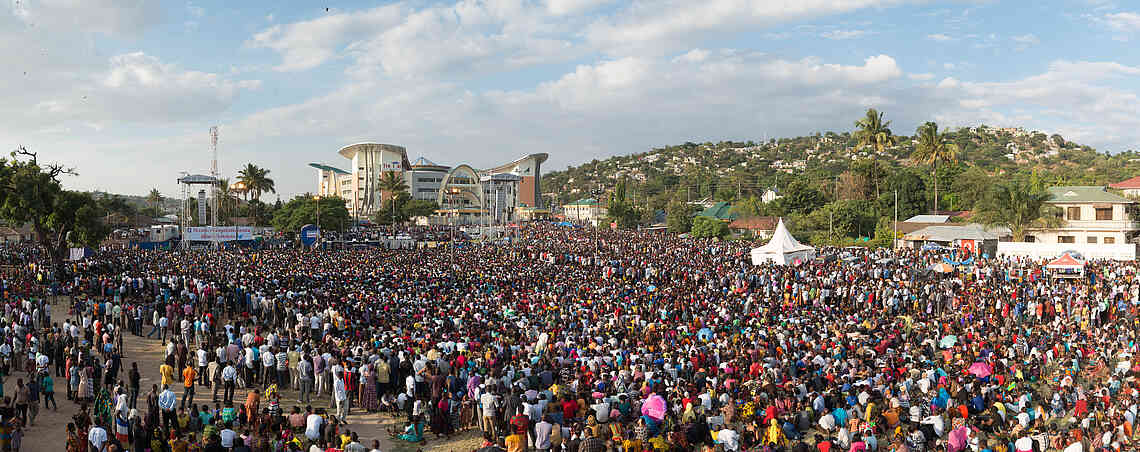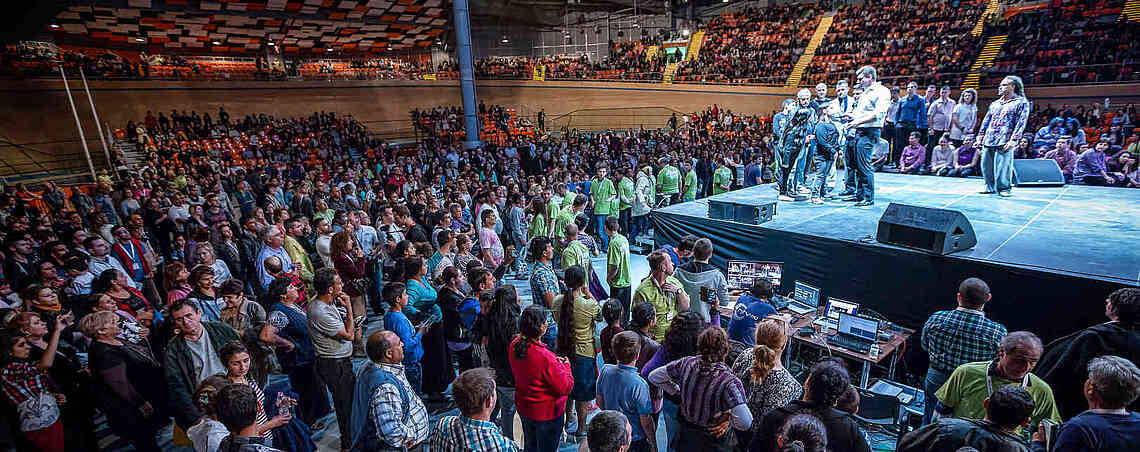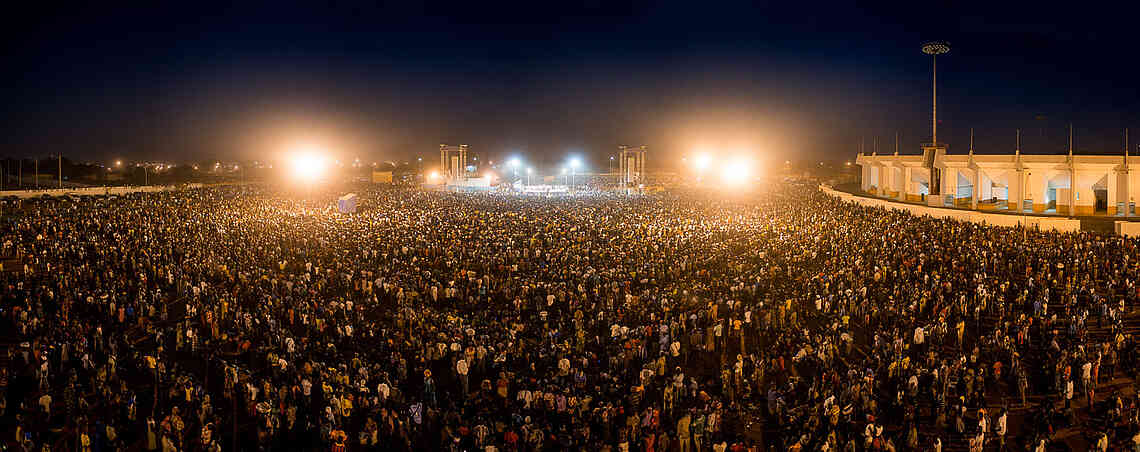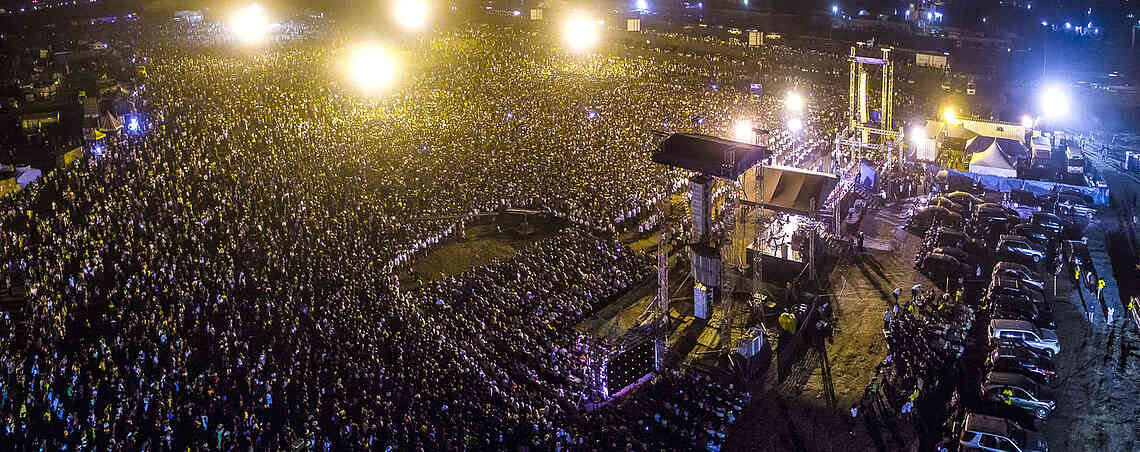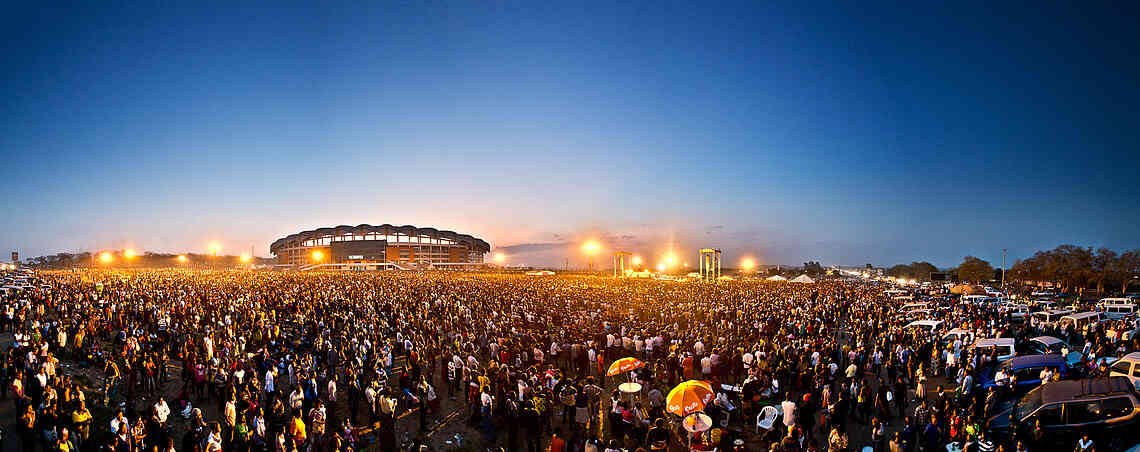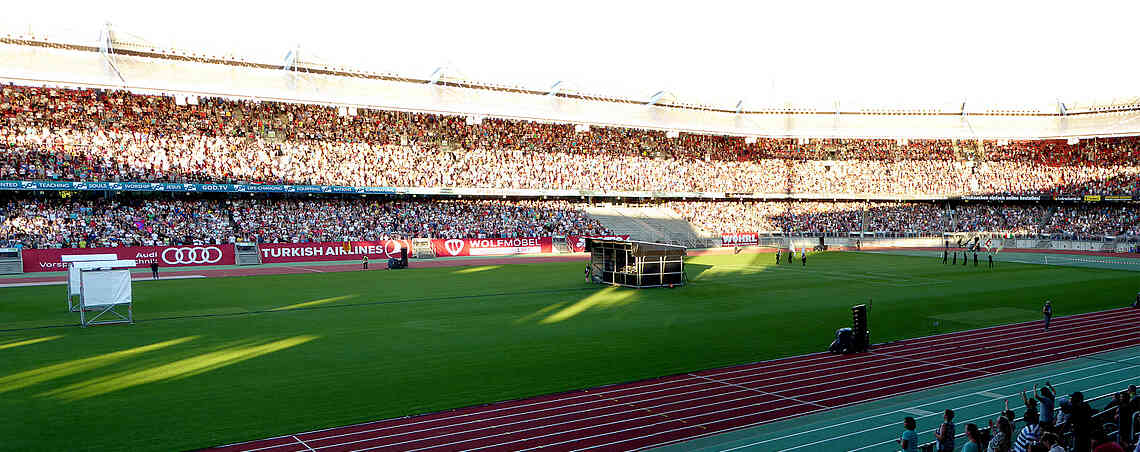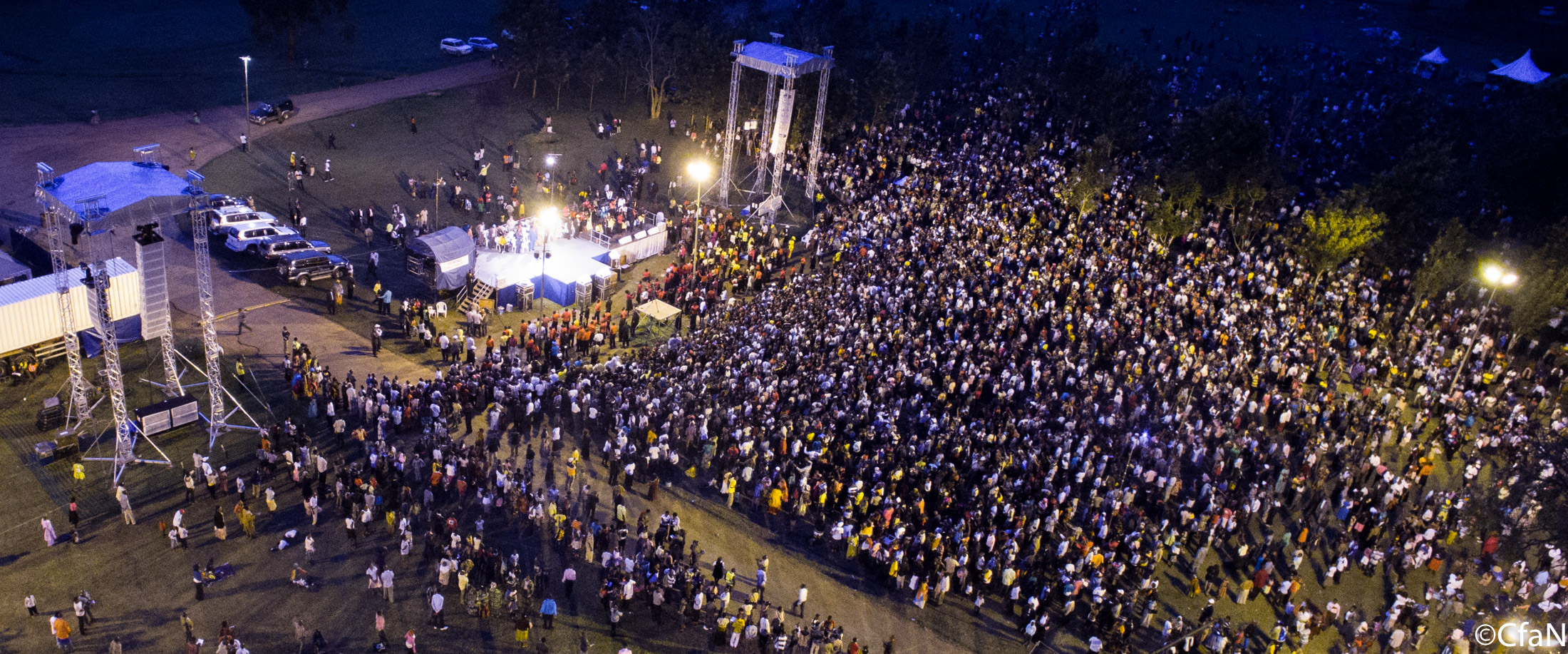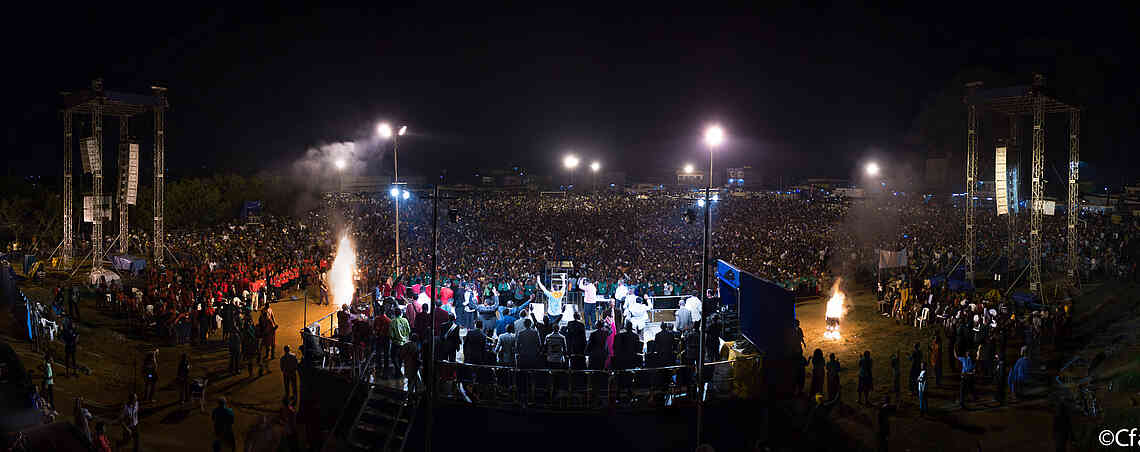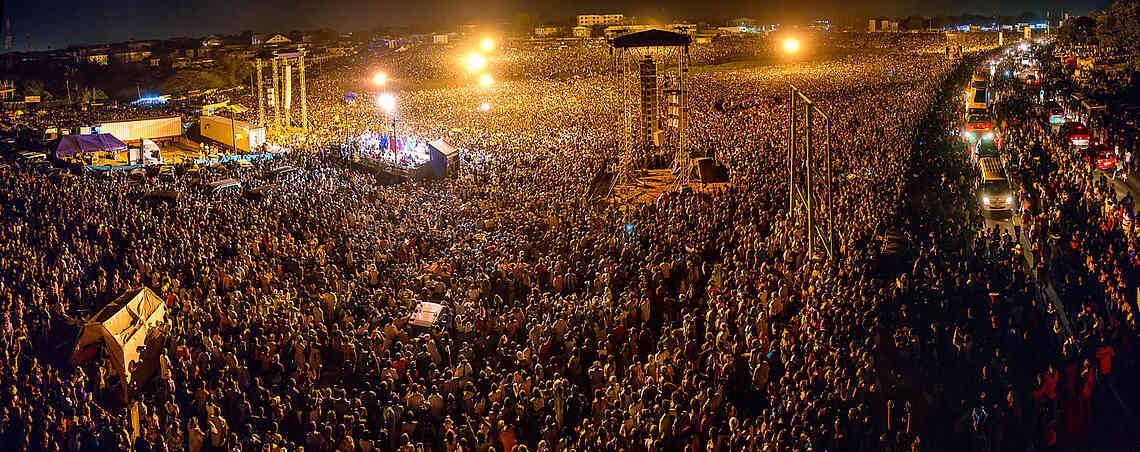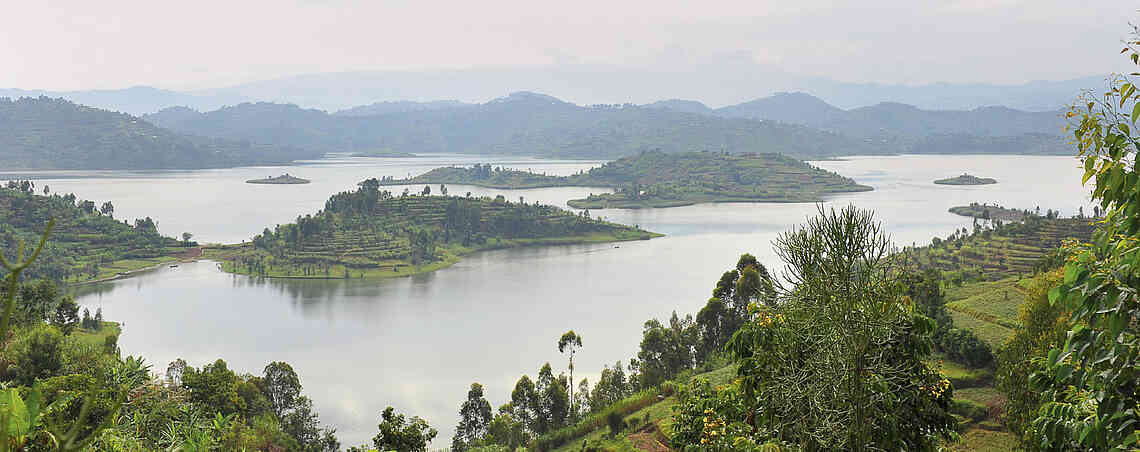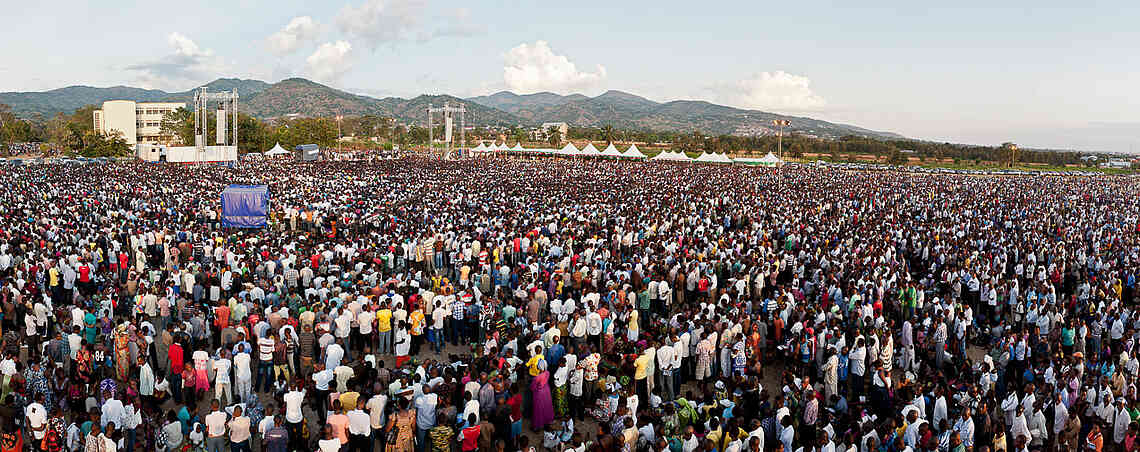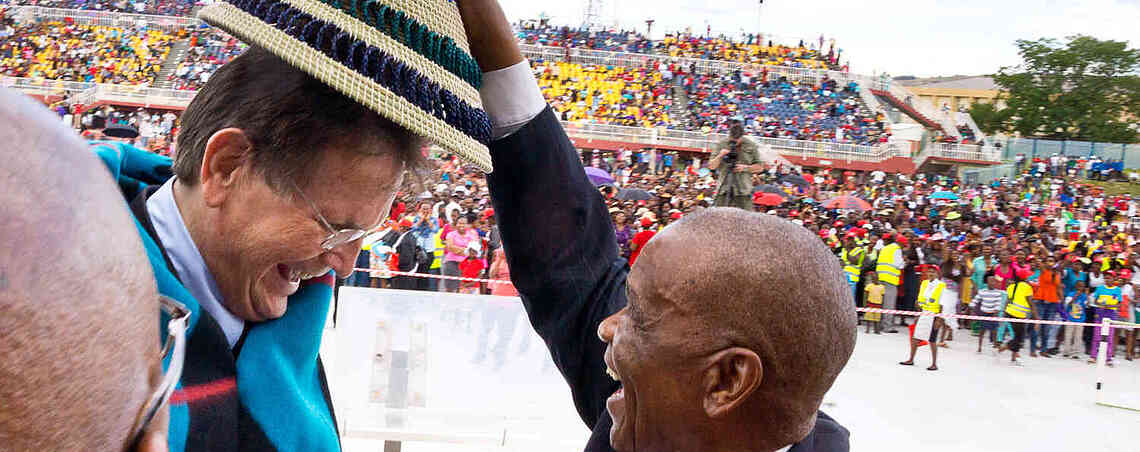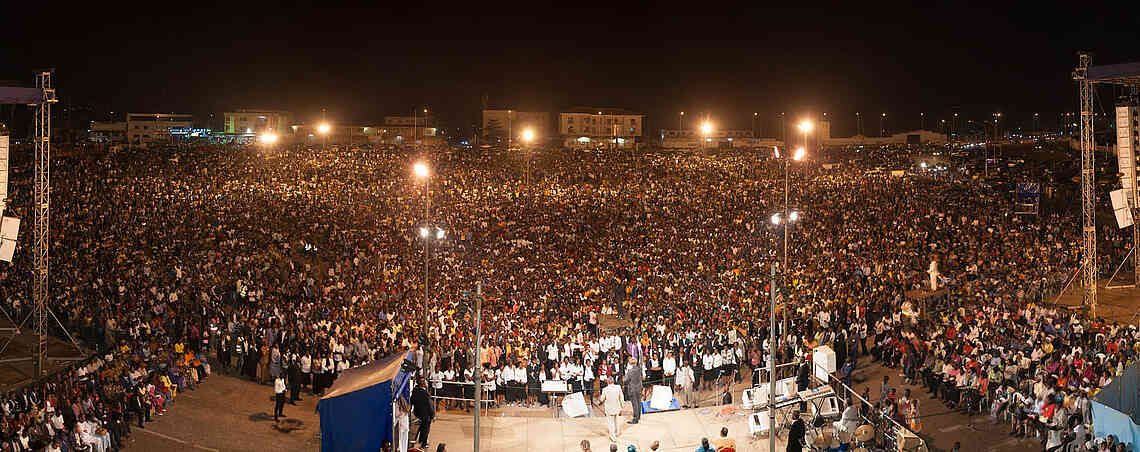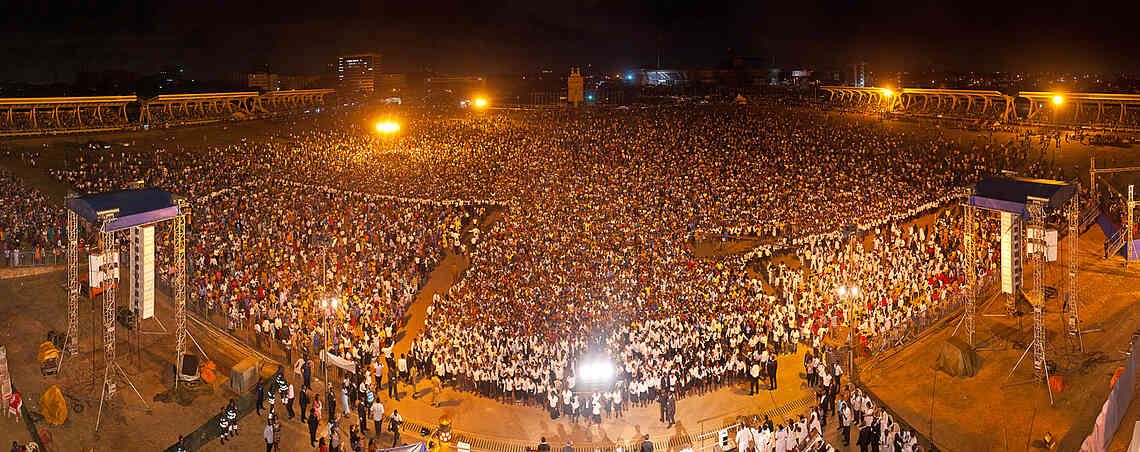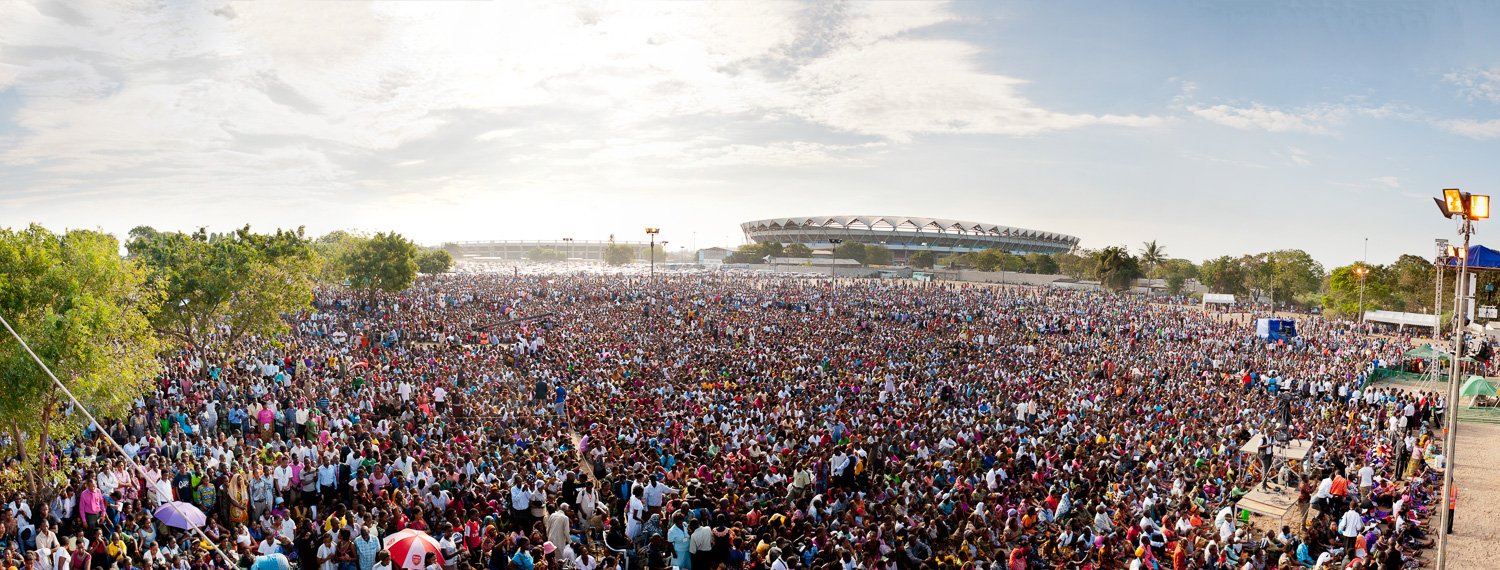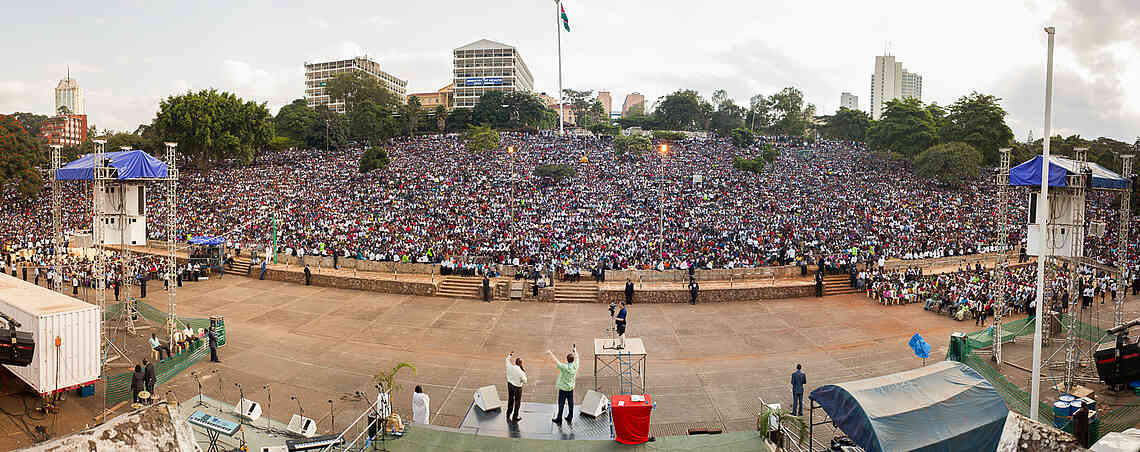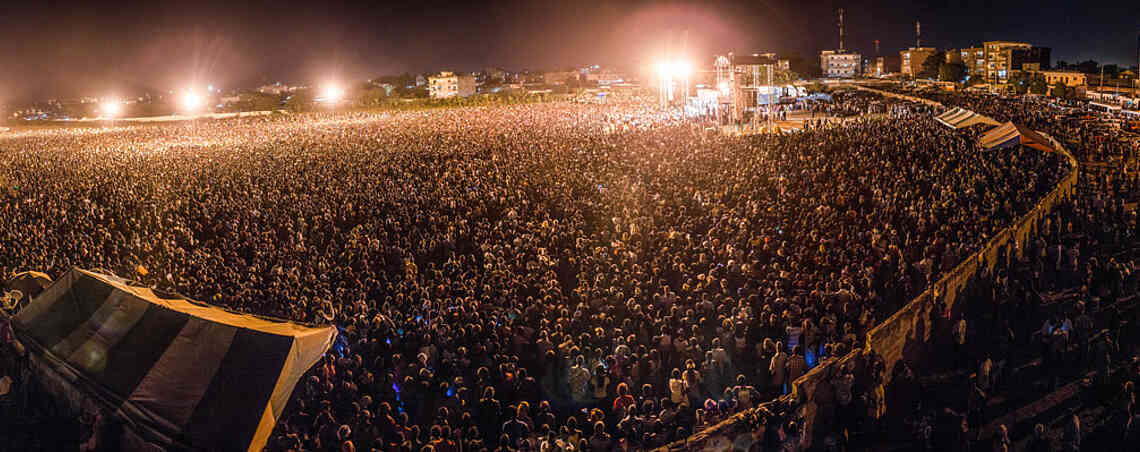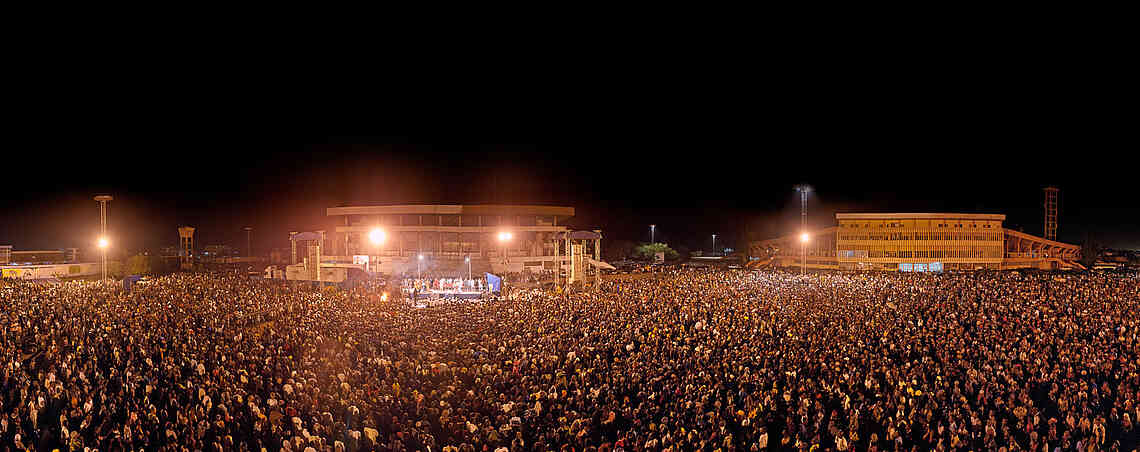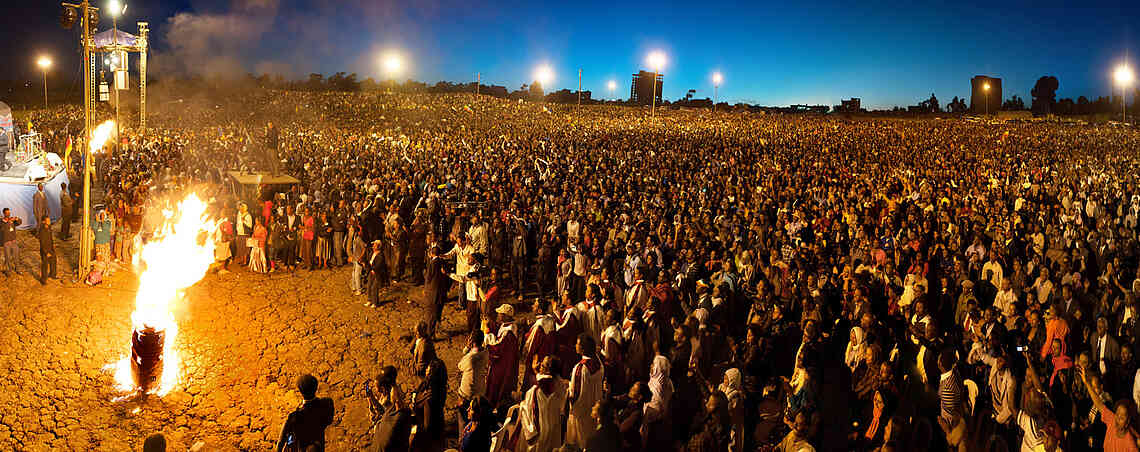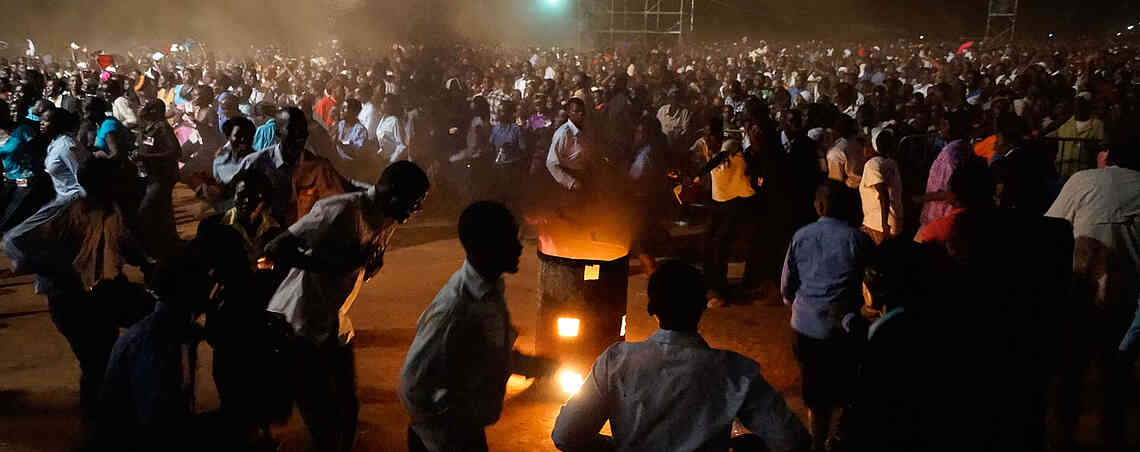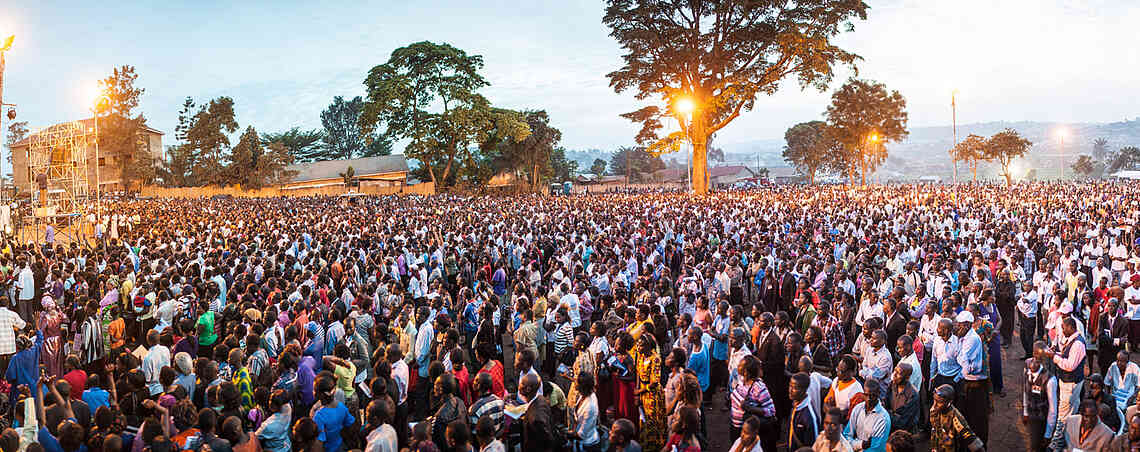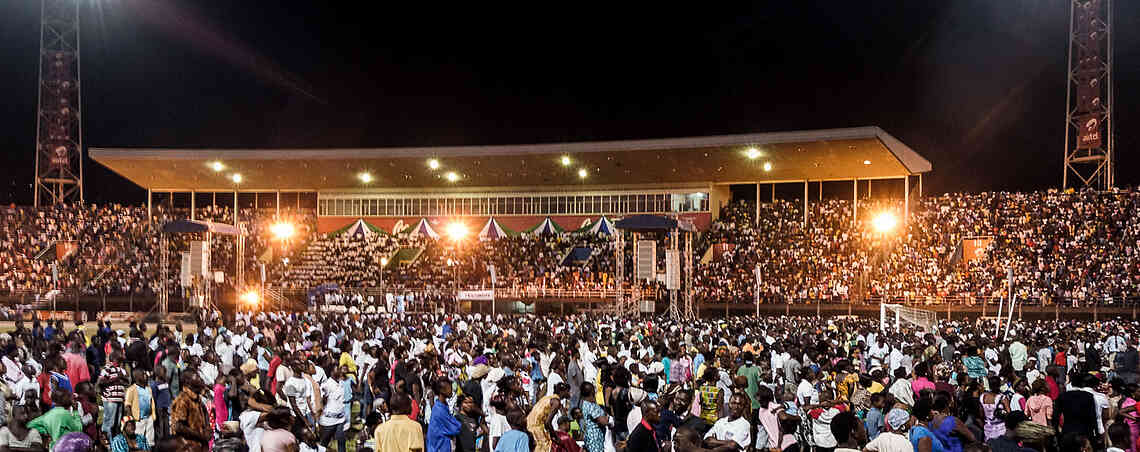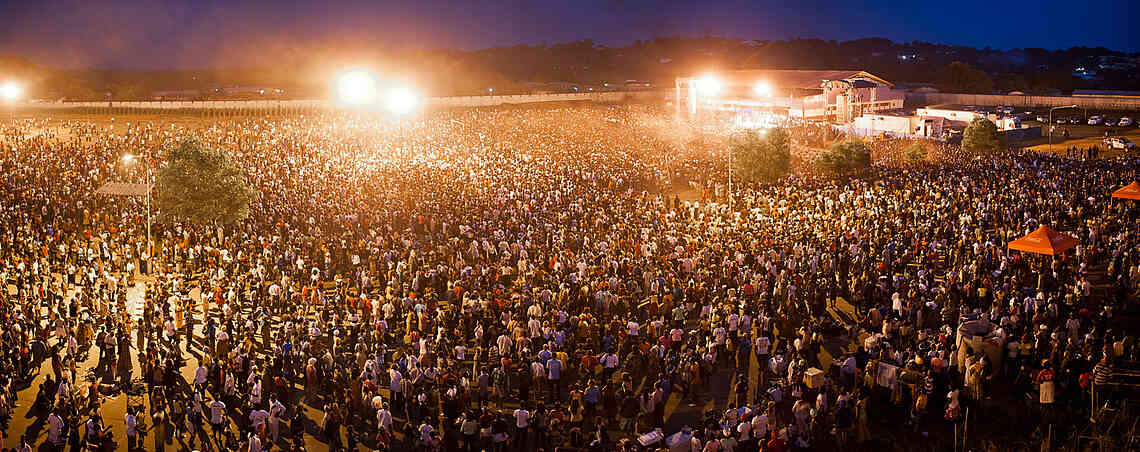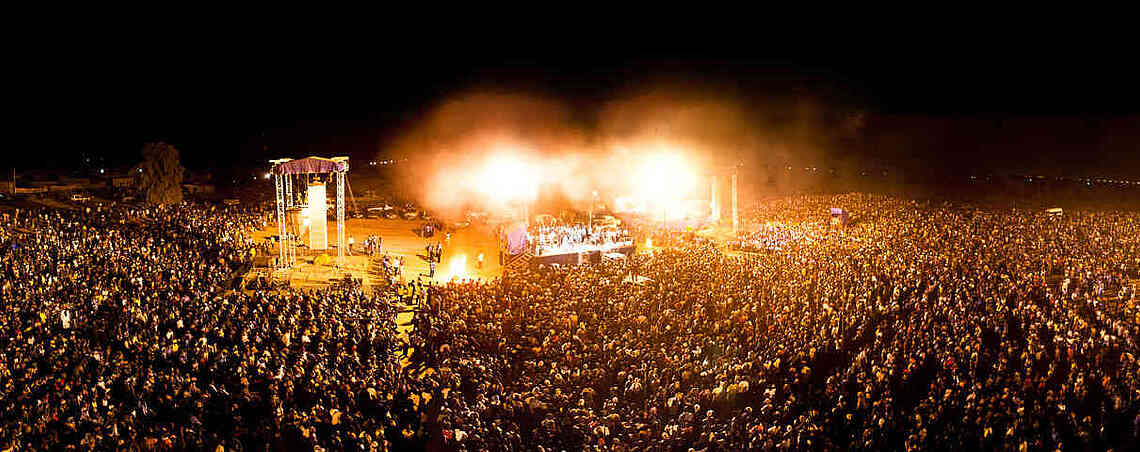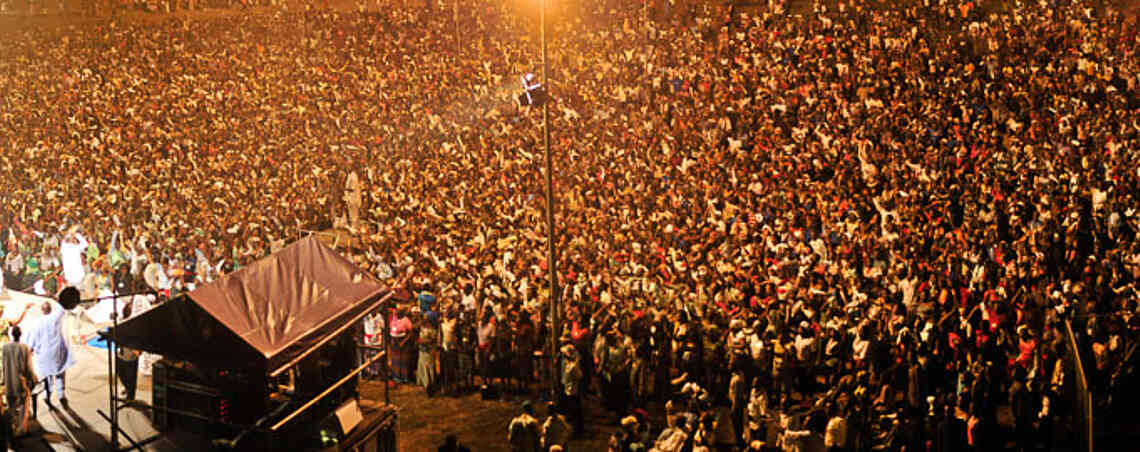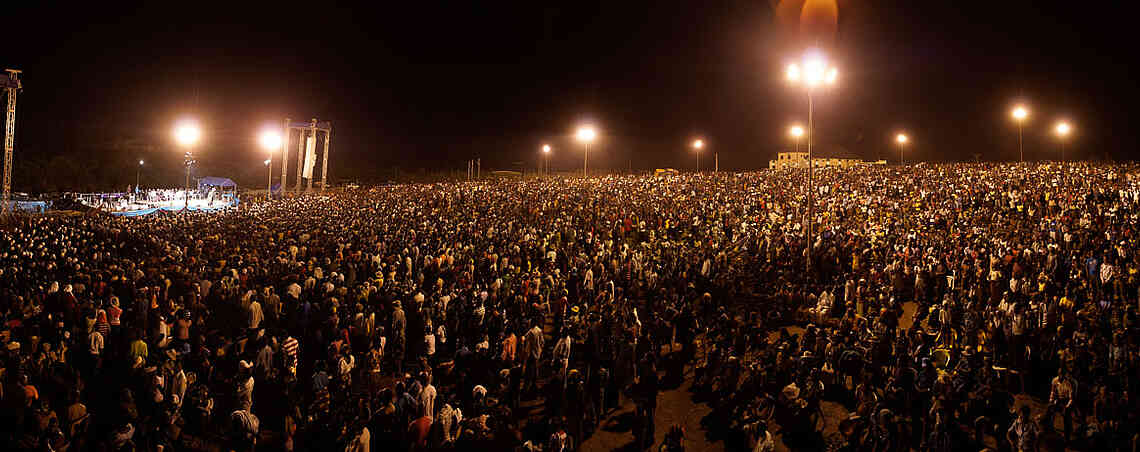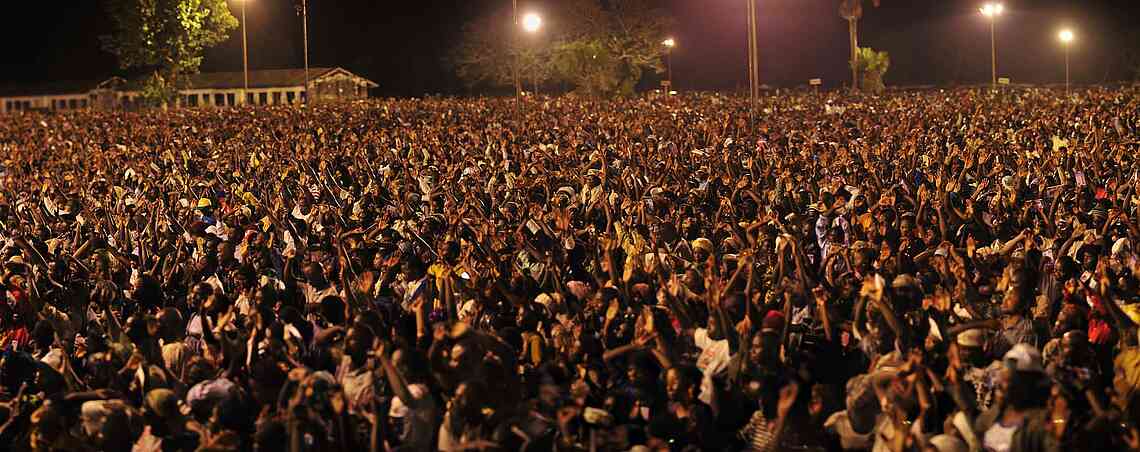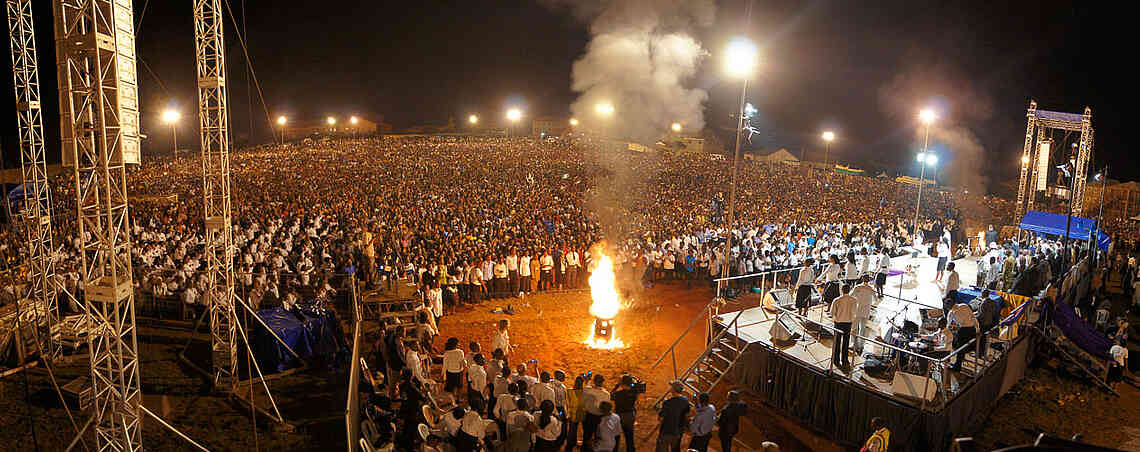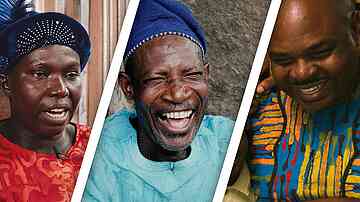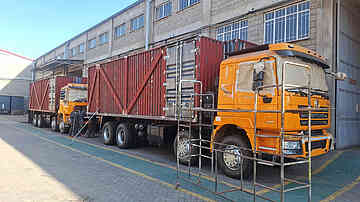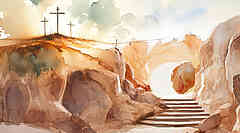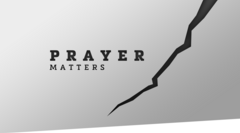
Bible Study
The Gates of Hell will not Prevail
One of my favorite places in Israel is a place that's known as Banias, known as Caesarea Philippi in the Bible. Today, it's just a big ruin and archeological dig. But to this day, you can see how otherworldly and strange and mysterious it must have been in its time. The city was built on a huge rock foundation, nestled up against the side of a steep cliff at the foot of Mount Hermon.
You may have heard about Mount Hermon. In the Bible, it's often associated with strange and creepy things – demonic things. It was famous for idolatry. In fact, more than 20 pagan temples have been excavated there so far. It was the place where Jeroboam built golden calves and shrines to pagan gods and led the northern kingdom of Israel into idolatry.
Gateway to the Underworld
It is particularly famous for the worship of a Greco-Roman god named Pan. The Canaanites, who were already a deeply occultic and superstitious people, described Mount Hermon as the realm of the dead. It was a place of deep idol worship, of orgies, of strange occult rituals, and even human sacrifice. The city that was built on that rock foundation was nestled up against a cliff known as “The Rock of the Gods.” Many shrines have been carved into the mountainside, where idols were placed and where people offer sacrifices.
In the middle of the complex, the highlight of this pagan temple, there's a cave. And inside the cave, there was a huge spring, where water came gushing up out of the ground. In its time, it would flow down over a waterfall and out of sight into an abyss where it seemed to disappear into the underworld. The ancient pagans literally believed it was a gateway to the place of the dead, where the gods they worshipped would come and go from the natural world into the spiritual world. It’s no wonder it was one of the sites where they practiced human sacrifice.
I want you to understand that this was a regional capital for idolatry and false religion, and witchcraft and paganism of the very highest order. It was more than just a strange place. It represented something bigger than itself – the entire pagan Gentile world. So, you might find it strange that it’s one of my favorite places to visit. Let me tell you why…
David wanted to build a house for the Lord
I'm going to start with King David. He had it in his heart to build a house for the Lord, and the Lord was pleased with the desire, but He said, “David, you're not the one to do it.” Instead, in 2 Samuel 7:12-13, the Lord said, “I will raise up your offspring after you who shall come from your body, and I will establish a kingdom. And he shall build a house for my name.”
Naturally, you would expect David's son Solomon to be the one to fulfill this word. Sure enough, after David died, Solomon built the first temple. You can just imagine this incredible, beautiful, historic edifice, built in honor of God according to very specific instructions.
Solomon stands up at the dedication of that temple and boldly declares, “I have built you an exalted house, a place where you can reside forever.” That's a pretty big claim, isn't it? I have built you – God of heaven and earth, uncreated, immortal, infinite being – a house where you can live forever. Those words had hardly made it out of his mouth when, a few verses later, he crumbles under the reality before him, and changes his prayer.
He says this: “But will God indeed dwell with mortals on Earth? Heaven, even the highest heaven cannot contain you, how much less this house that I have built?” You see, Solomon, looking at that temple (as beautiful and glorious as it was) realized that still it was not good enough. It was not majestic enough. It was not eternal enough.
Something much greater was coming
No wonder it was Solomon who said those famous words: “Unless the Lord builds the house, they labor in vain that build it.” Solomon was the one given the responsibility to build this house unto the Lord. But Solomon realized this was way bigger than him. I believe that Solomon understood in his heart that this building was just a shadow. It was a foreshadowing of something much greater to come.
We read about that greater thing in Luke 1:30 -- 35.
Then the angel said to her, “Do not be afraid, Mary, for you have found favor with God. And behold, you will conceive in your womb and bring forth a Son, and shall call His name Jesus. He will be great, and will be called the Son of the Highest; and the Lord God will give Him the throne of His father David. And He will reign over the house of Jacob forever, and of His kingdom there will be no end.” Then Mary said to the angel, “How can this be, since I do not know a man?” And the angel answered and said to her, “The Holy Spirit will come upon you, and the power of the Highest will overshadow you; therefore, also, that Holy One who is to be born will be called the Son of God.
In Jesus, the Word became flesh, and dwelt among us. The Scripture literally says he tabernacled among us. He made his home among us, and we beheld His glory, as a Father full of grace and truth. In Colossians, we’re told that in Christ dwells the fullness of the Godhead bodily. This man, Jesus, was more than just a prophet. He was more than just a good man. He was literally God abiding on Earth with men. He was the greatest and fullest expression of the presence and glory of God. He was Emmanuel, God with us.
The coming of Christ was just the beginning
Jesus wasn't just born. He lived a sinless life. Then He died upon the cross, and was buried, but three days later, He rose from the dead, and then He ascended to heaven. And many people think that's where the Gospel ends. But again no! Ten days later, He sent the Holy Spirit. Jesus didn't just die on the cross to give every Christian a “get out of hell free card”. He died so that you could be filled with his Holy Spirit, that God could dwell with men on earth in his people.
When the Day of Pentecost had fully come, they were all with one accord in one place. And suddenly there came a sound from heaven, as of a rushing mighty wind, and it filled the whole house where they were sitting. Then there appeared to them divided tongues, as of fire, and one sat upon each of them. And they were all filled with the Holy Spirit and began to speak with other tongues, as the Spirit gave them utterance. (Acts 2:1 – 4 NKJV)
From the description we have, the scene must have been chaotic, because people thought those in the upper room were drunk. But then the apostle Peter, suddenly filled with prophetic insight, stands up in the middle of this wild revival service, and says,
“For these are not drunk, as you suppose... But this is what was spoken by the prophet Joel:
‘And it shall come to pass in the last days, says God,
That I will pour out of My Spirit on all flesh;
Your sons and your daughters shall prophesy,
Your young men shall see visions,
Your old men shall dream dreams.
And on My menservants and on My maidservants
I will pour out My Spirit in those days;
And they shall prophesy.’”
What was Peter saying? He was saying, “Don’t misunderstand what's happening in front of you right now. This is literally the fulfilment of what generations of prophets have said was coming, when the Messiah would send his Spirit.”
Remember in Numbers 11 when Moses put some of the Spirit that was on him on the 70 elders, and they began to prophesy? But there were two men who were not among the elders, who started to prophesy in the camp. The others tried to rebuke them, but Moses said, “I wish that all the Lord's people were prophets.”
He didn't know that he was prophesying even then that there would come a day when the Spirit of God would be poured out – not just upon preachers and professional ministers, but upon every child of God. The Apostle Paul tells us in 1 Corinthians 12:13:
For we were all baptized by one Spirit so as to form one body—whether Jews or Gentiles, slave or free—and we were all given the one Spirit to drink. Even so the body is not made up of one part but of many.
What the house of God really looks like
Paul tells us that this body of the Messiah is what the house of God really looks like. It was never supposed to end with a beautiful piece of earthly architecture. It was always intended to be something that was built with the lives of people redeemed through the blood of Jesus and brought together into the family of God. Ephesians 2:19-22 tells us:
Consequently, you are no longer foreigners and strangers, but fellow citizens with God’s people and also members of his household, built on the foundation of the apostles and prophets, with Christ Jesus himself as the chief cornerstone. In him the whole building is joined together and rises to become a holy temple in the Lord. And in him you too are being built together to become a dwelling in which God lives by his Spirit.
“But who do you say that I am?”
So now, let me come back to Banias in Israel, and why I love the story of this place so much. You see, Jesus looked at his disciples one day and he said, “Guys, pack your bags, we're going on a field trip.” And they went out of their way an entire day's journey to go visit Caesarea Philippi. They intentionally went there because Jesus wanted them to see this place that was the capital of the pagan world and he wanted to tell them something in that place that would change the game for them and us. Imagine them standing in that awful place as Jesus spoke to them…
When Jesus came into the region of Caesarea Philippi, He asked His disciples, saying, “Who do men say that I, the Son of Man, am?”
So they said, “Some say John the Baptist, some Elijah, and others Jeremiah or one of the prophets.”
He said to them, “But who do you say that I am?”
Simon Peter answered and said, “You are the Christ, the Son of the living God.”
Jesus answered and said to him, “Blessed are you, Simon Bar-Jonah, for flesh and blood has not revealed this to you, but My Father who is in heaven. And I also say to you that you are Peter, and on this rock I will build My church, and the gates of Hades shall not prevail against it. (Matthew 16:13-18 NKJV)
When I was a kid and I heard this, I used to think that when Jesus said the gates of hell will not prevail, it was a defensive verse. In other words, I saw in my mind the gates of hell coming against the church, and the church standing up and defending itself against the onslaught of hell. But that's completely wrong. Gates do not move. Gates are not offensive implements. Gates are defensive implements. So when Jesus says that the gates of hell will not prevail, what He's saying is that you are on the offense, and hell is on the defense.
It's time for us to change the way we think
We are not the hunted, we are the hunters. We are not in retreat, we are advancing forward. Those gates may look impressive They may look intimidating. They may look impenetrable. But Jesus Himself said, “I will build my church and the gates of hell will not prevail.”
My friends, we are in this for the long haul. We are the house of God! We're not a country club. We are a family of worshipping warriors. We have made a decision – we have decided to follow Jesus, no turning back. If it costs us our blood, if it costs us our lives, if it costs us everything in this world, we have laid it all down. Our lives are not our own. We are pressing forward for the sake of that great Kingdom and we are going against the gates of hell in Jesus’ name.
Evangelist Daniel Kolenda
and the whole CfaN team worldwide
P.S. There are many outreaches and campaigns in the pipeline for 2022. Please keep praying for our teams, for wisdom, strength and safety. And thank you, with all our hearts, if you are able to support this ministry financially as we prepare.


